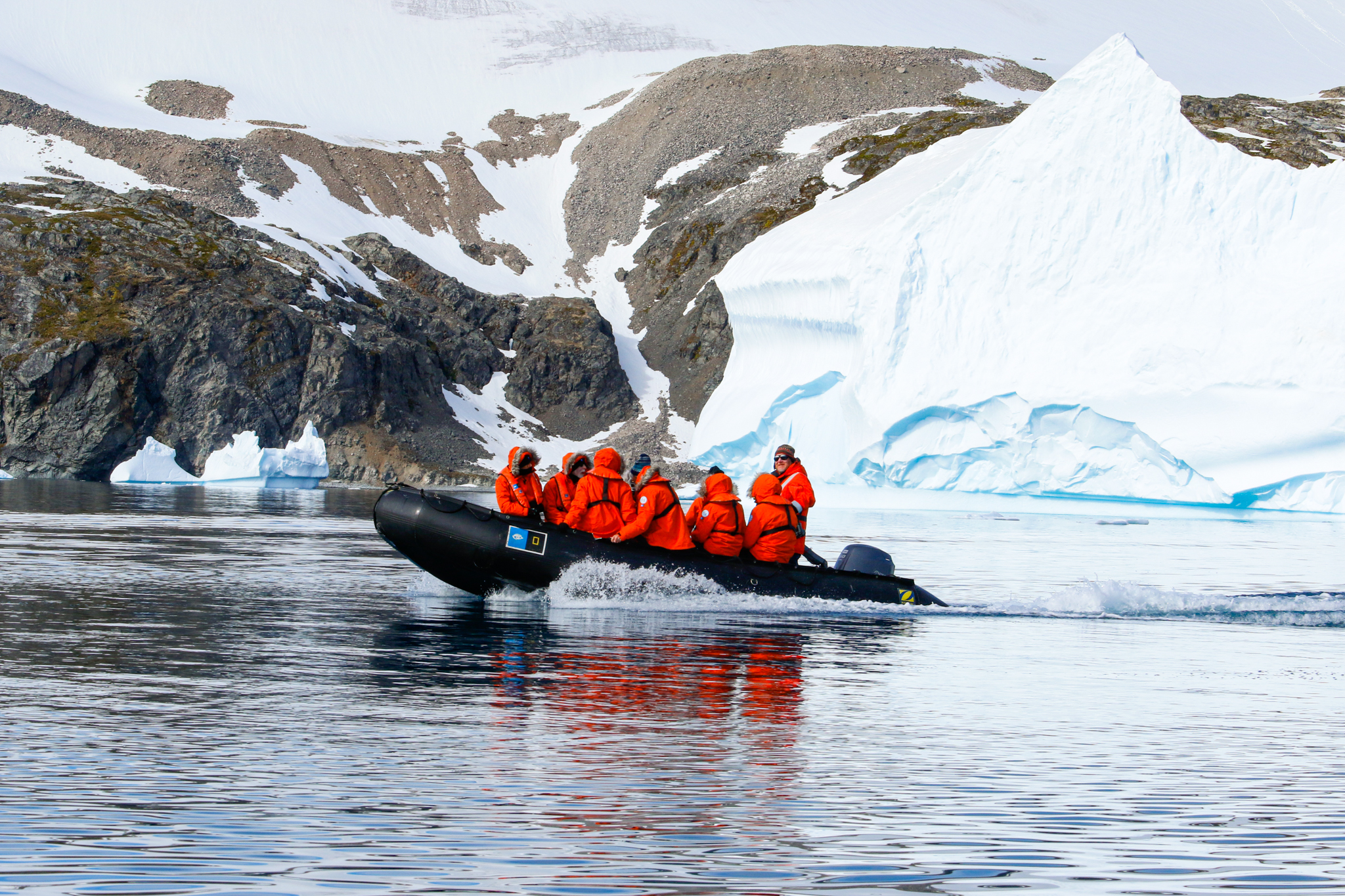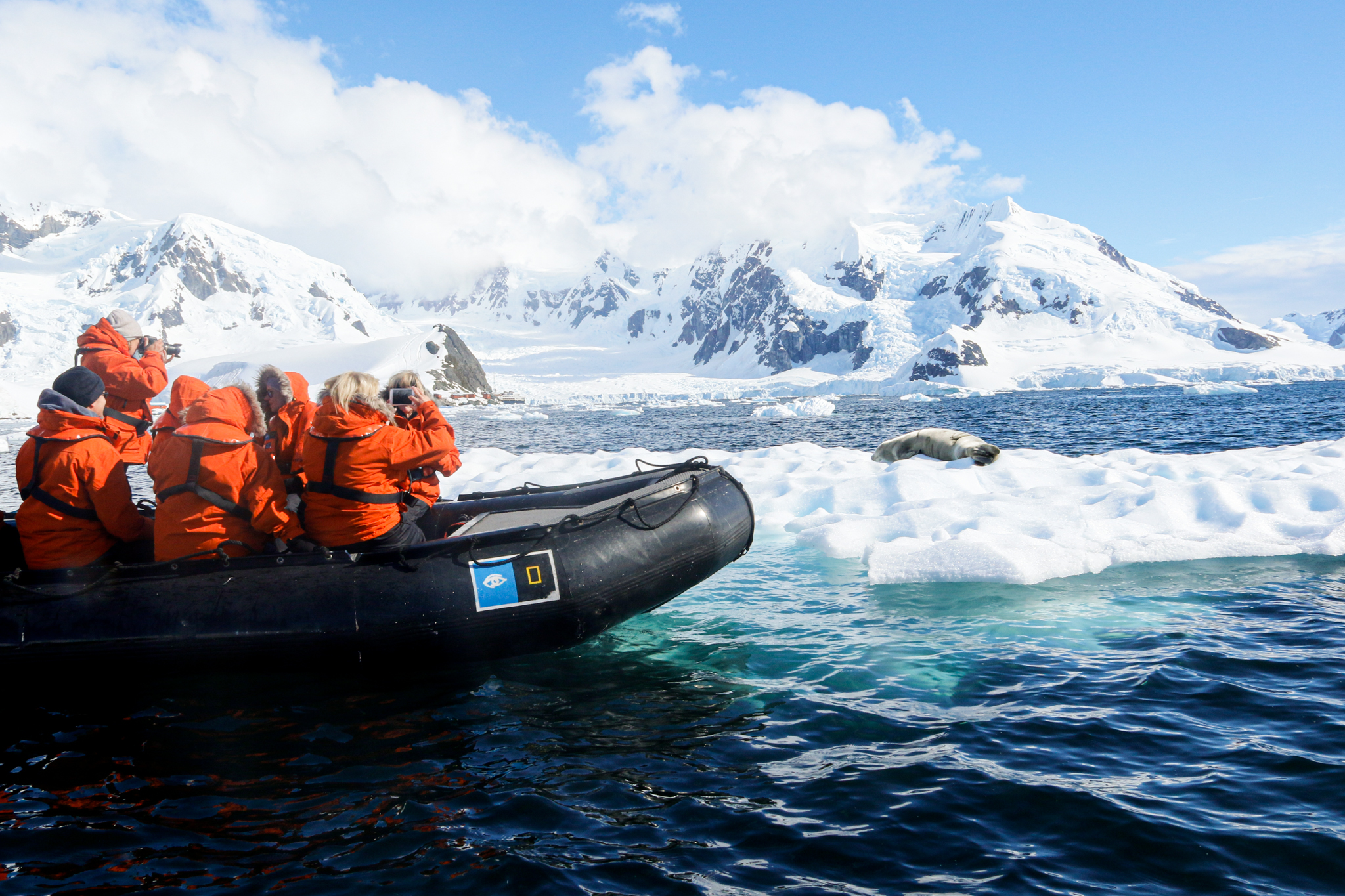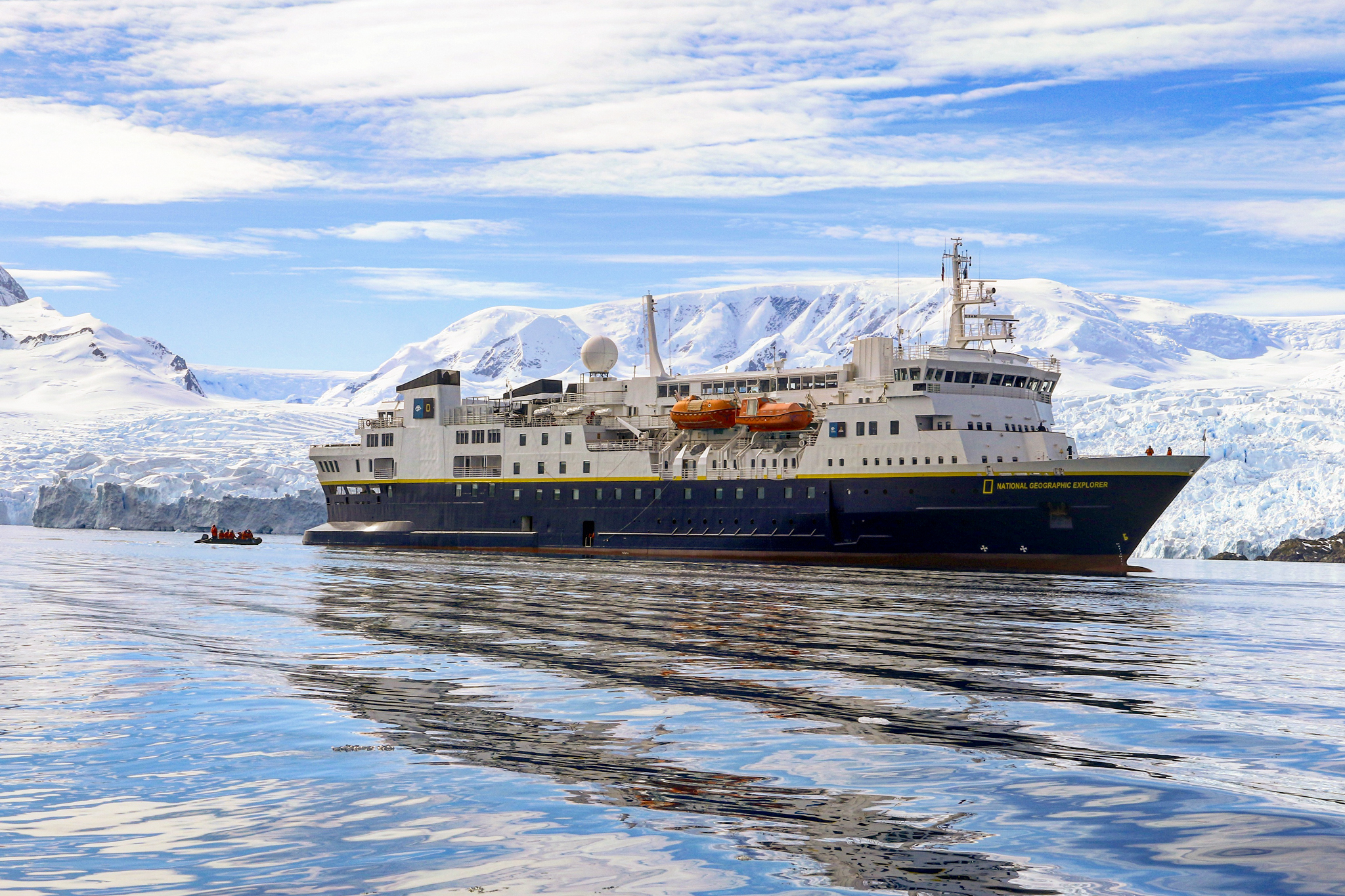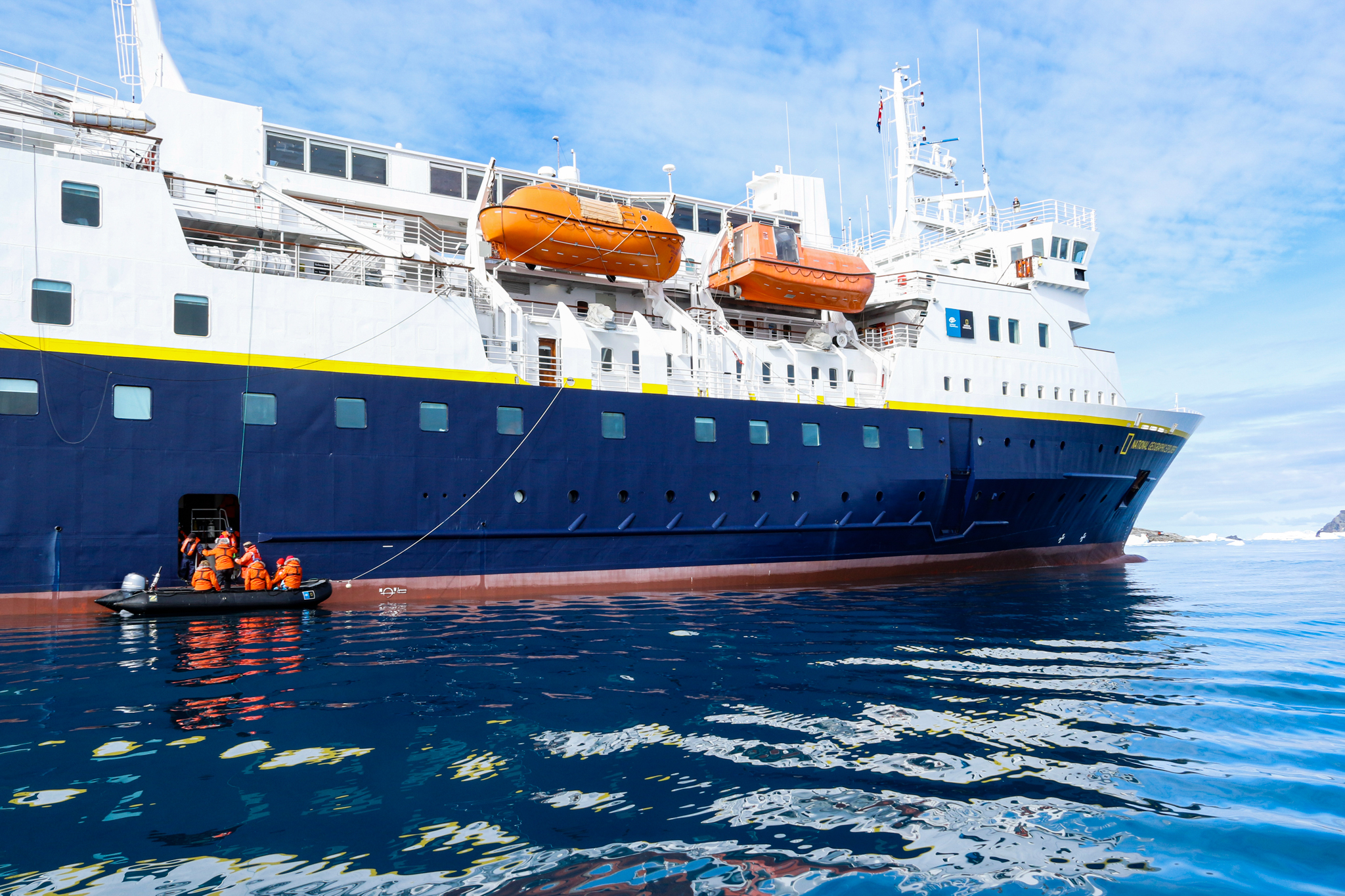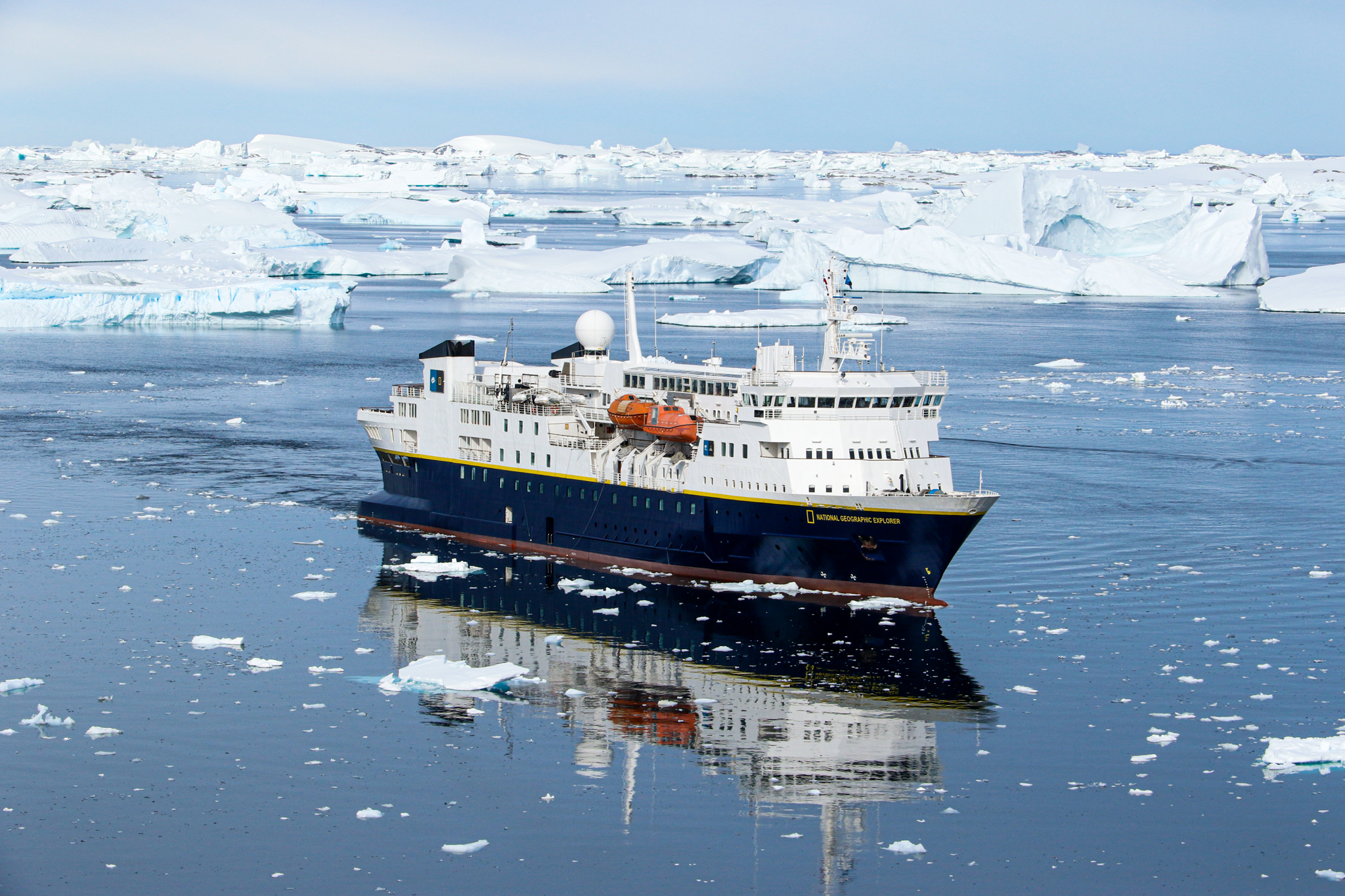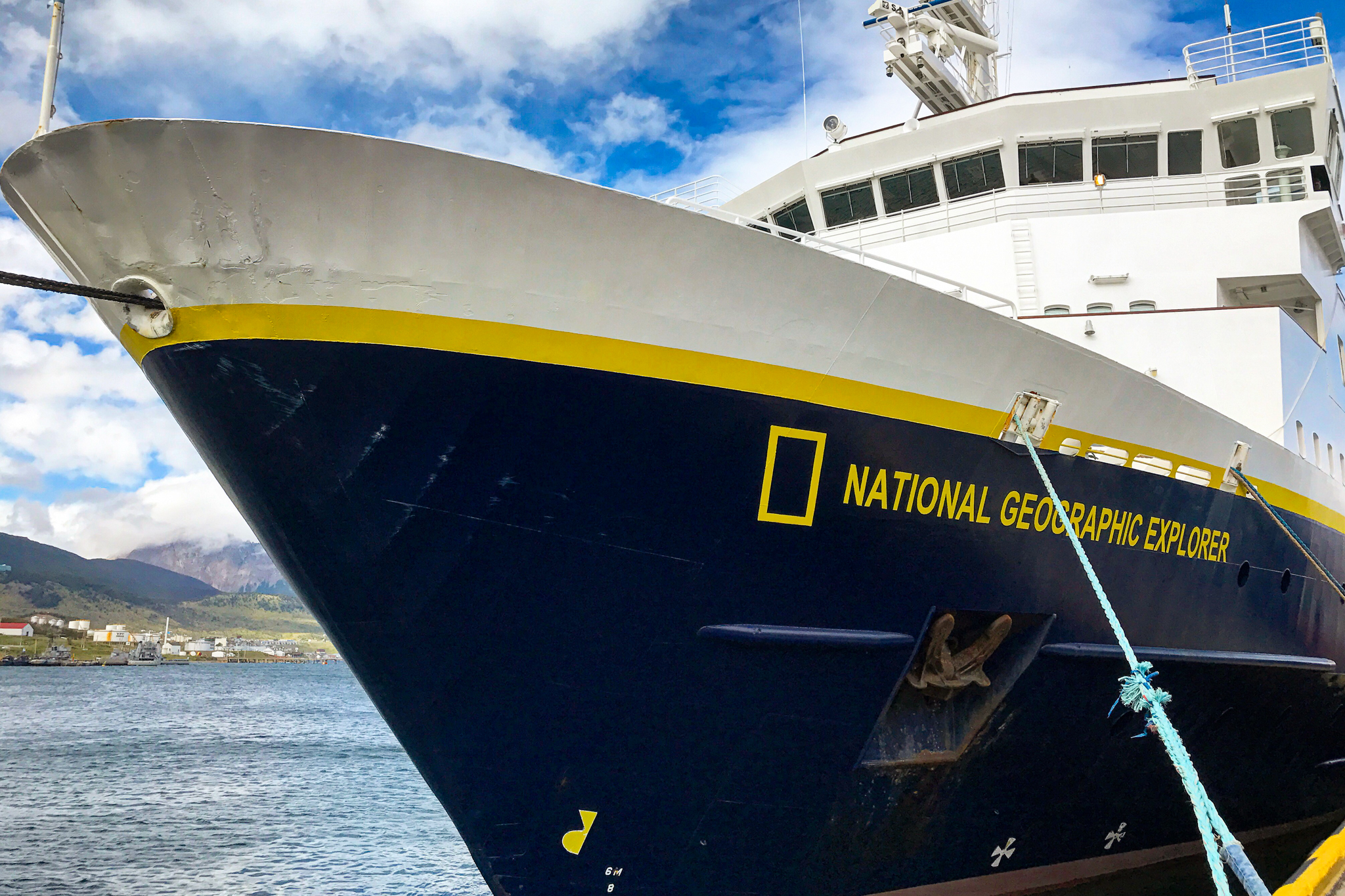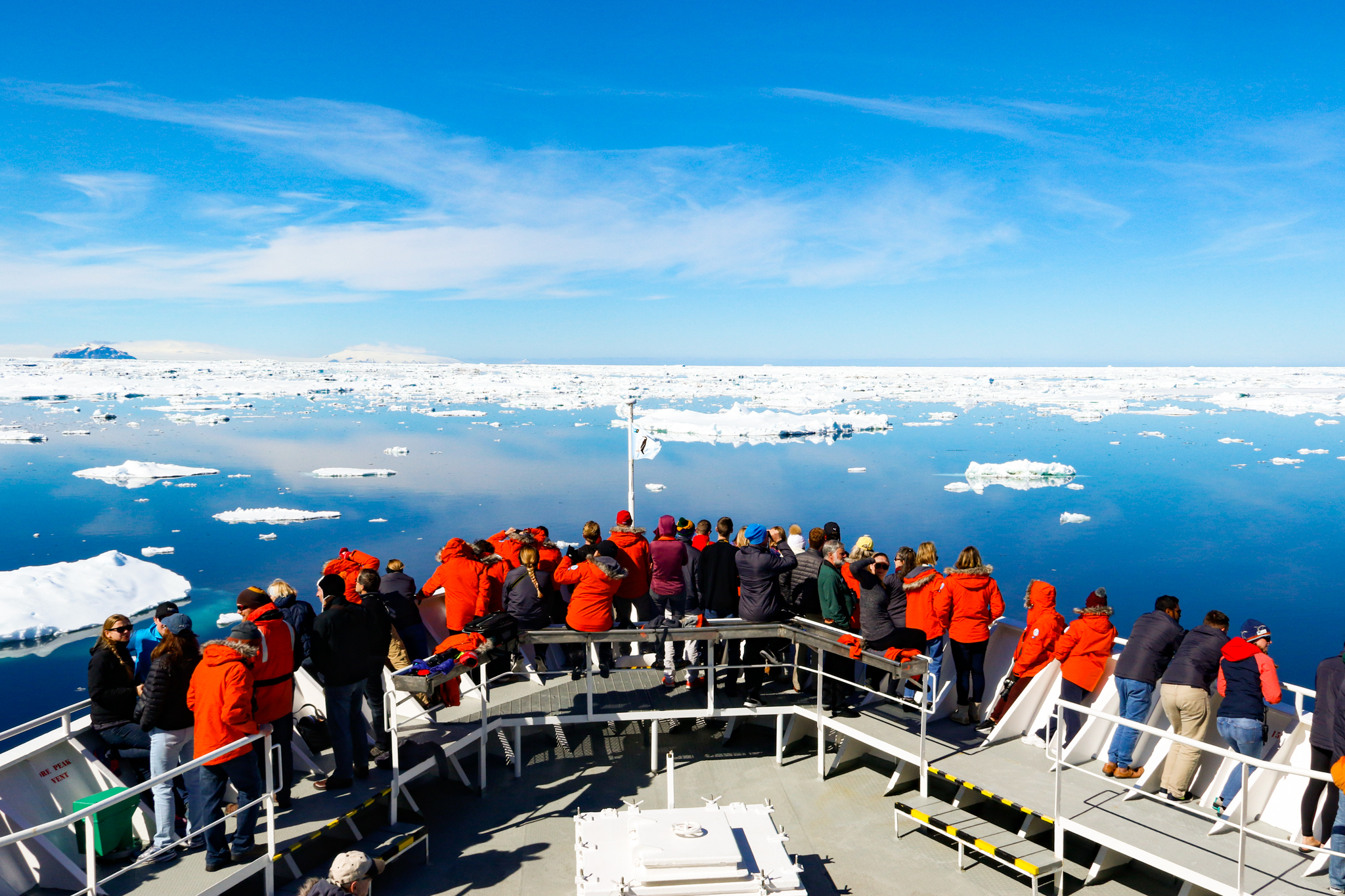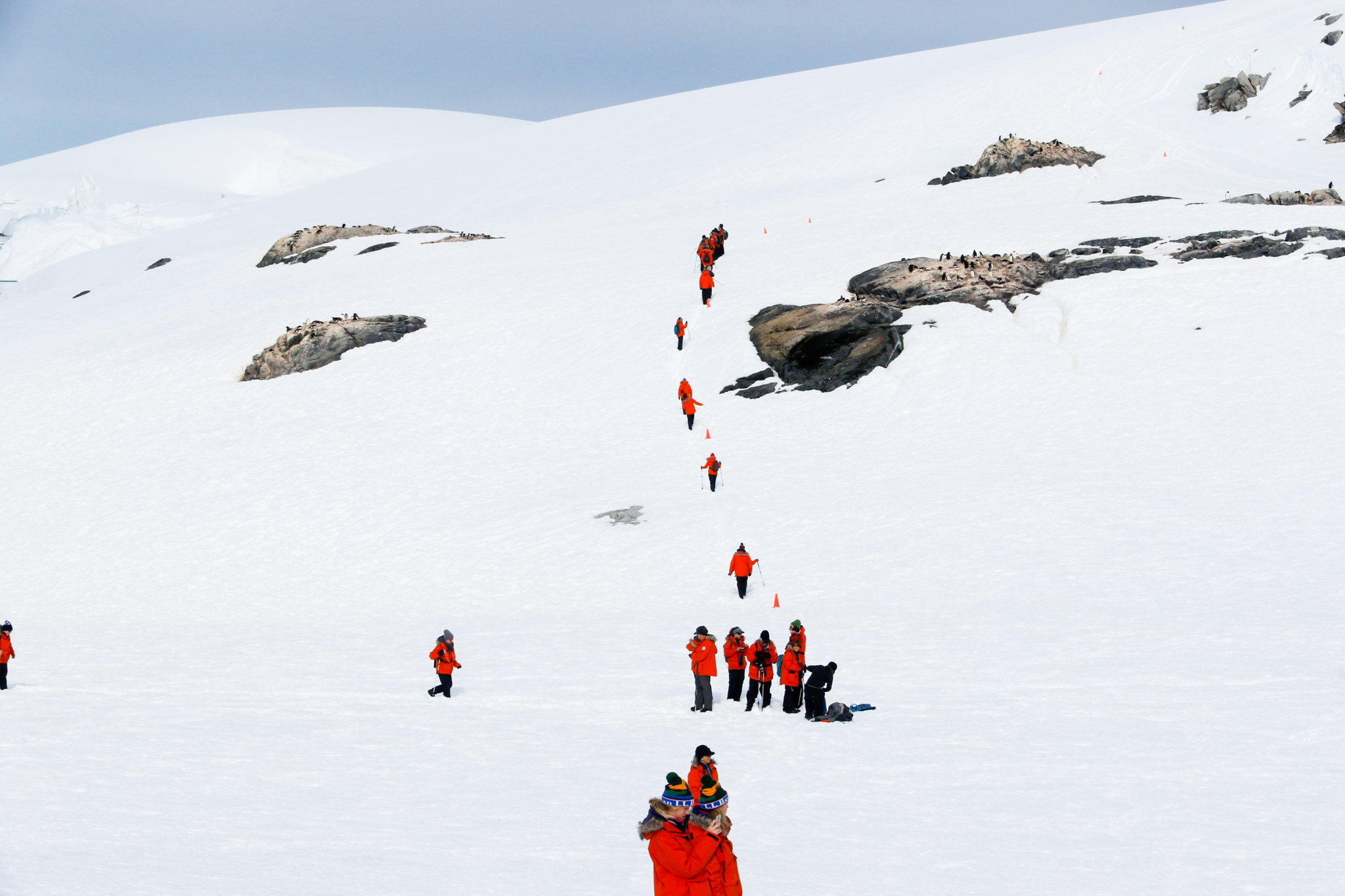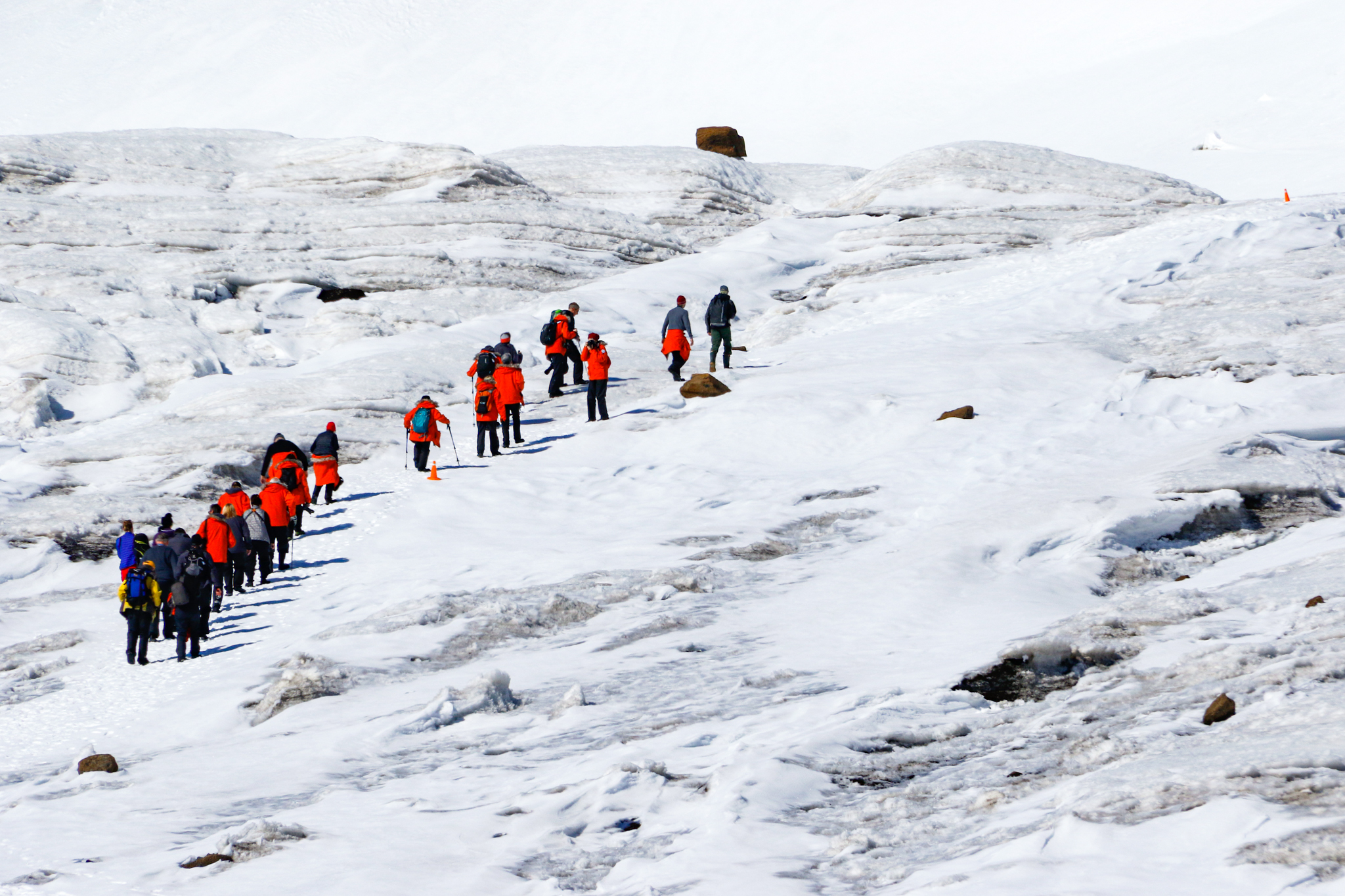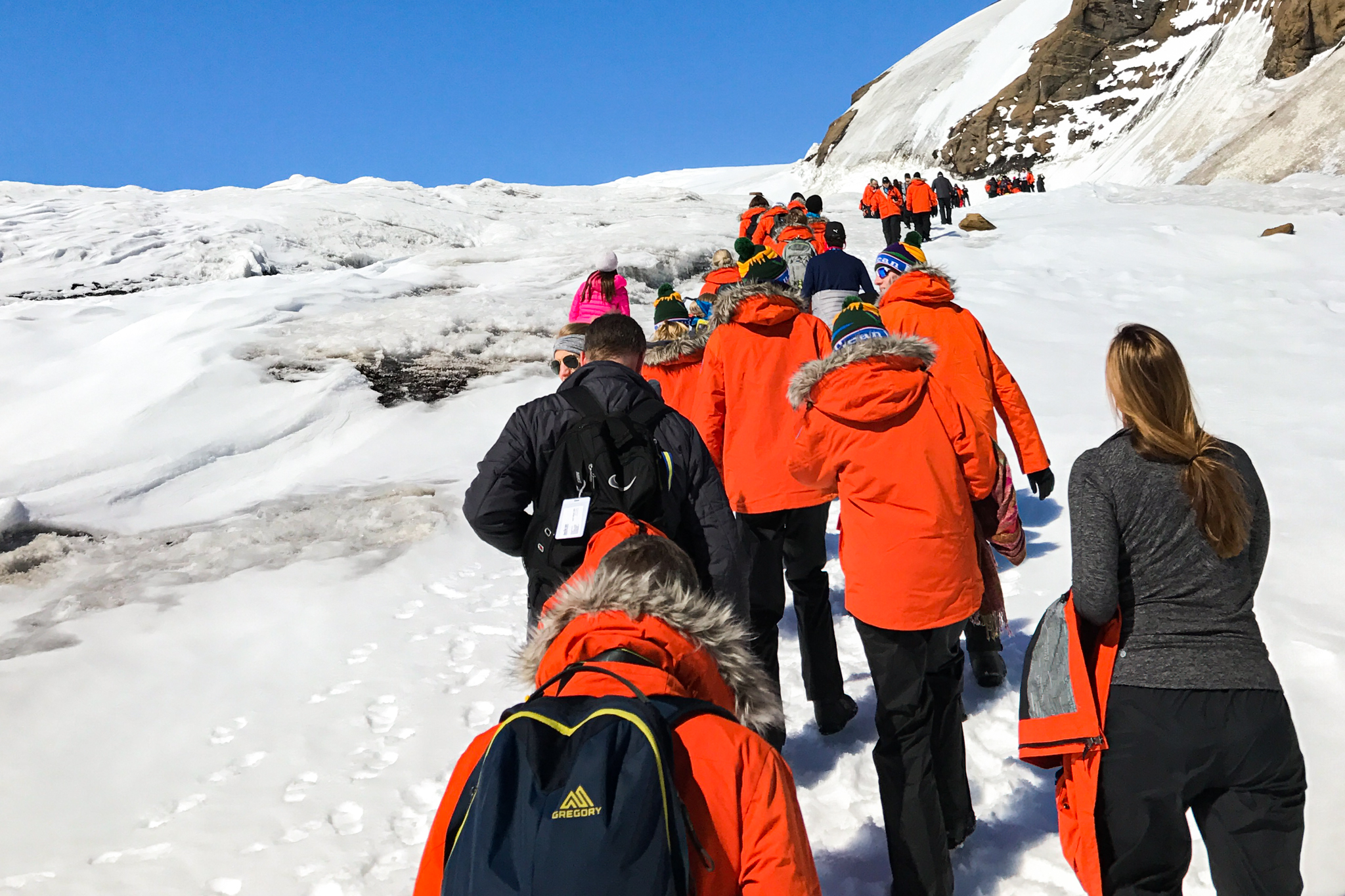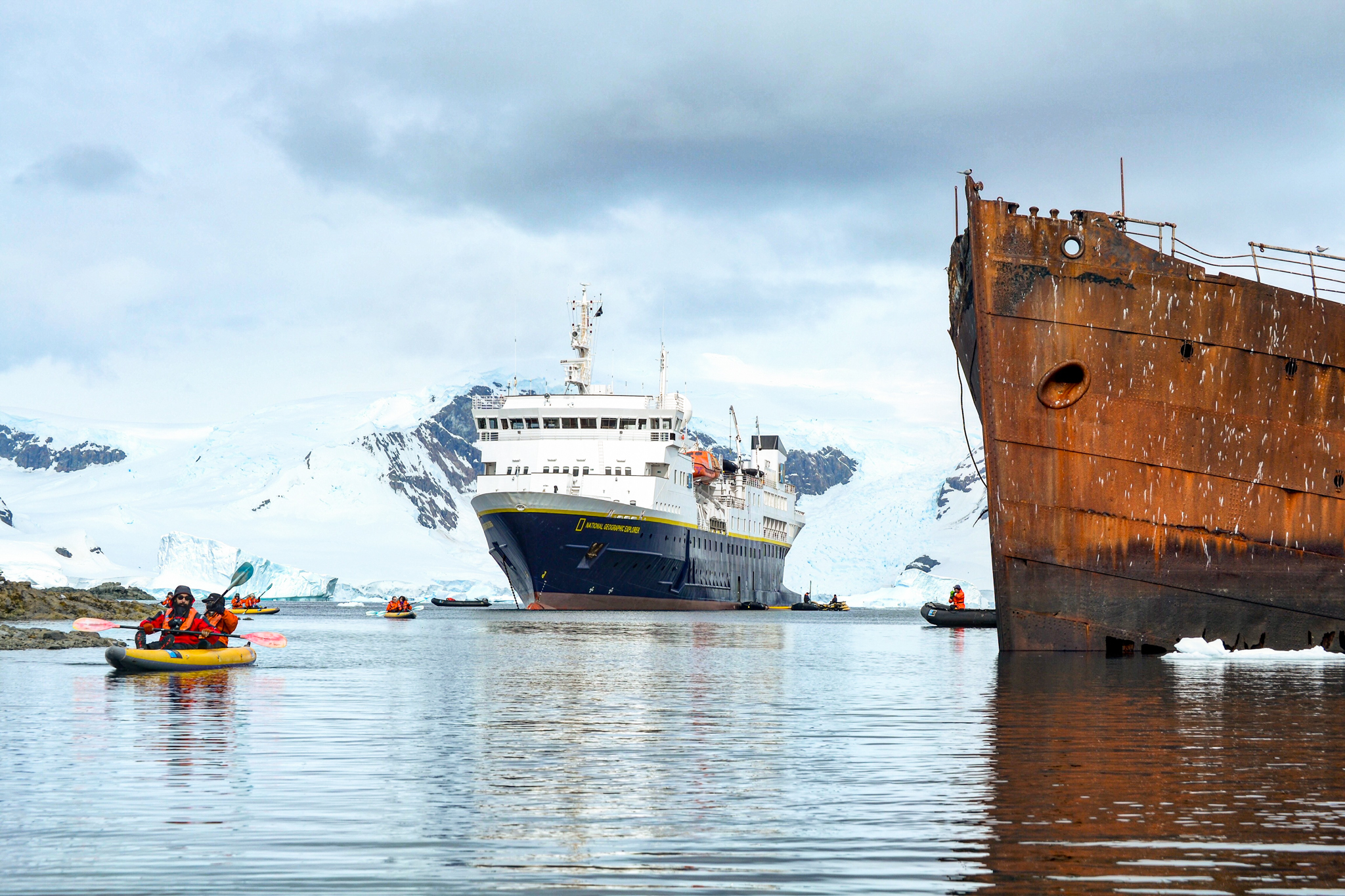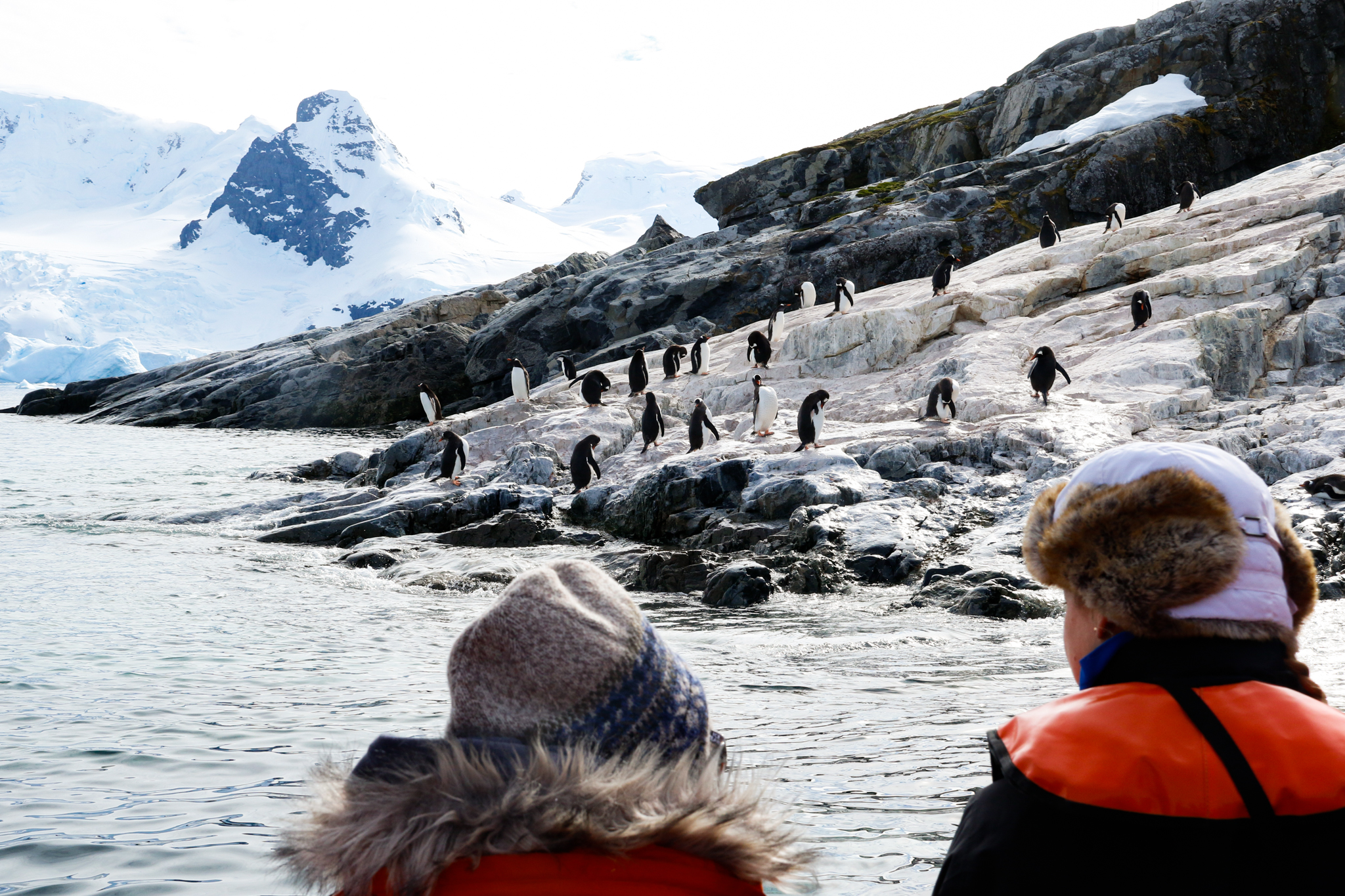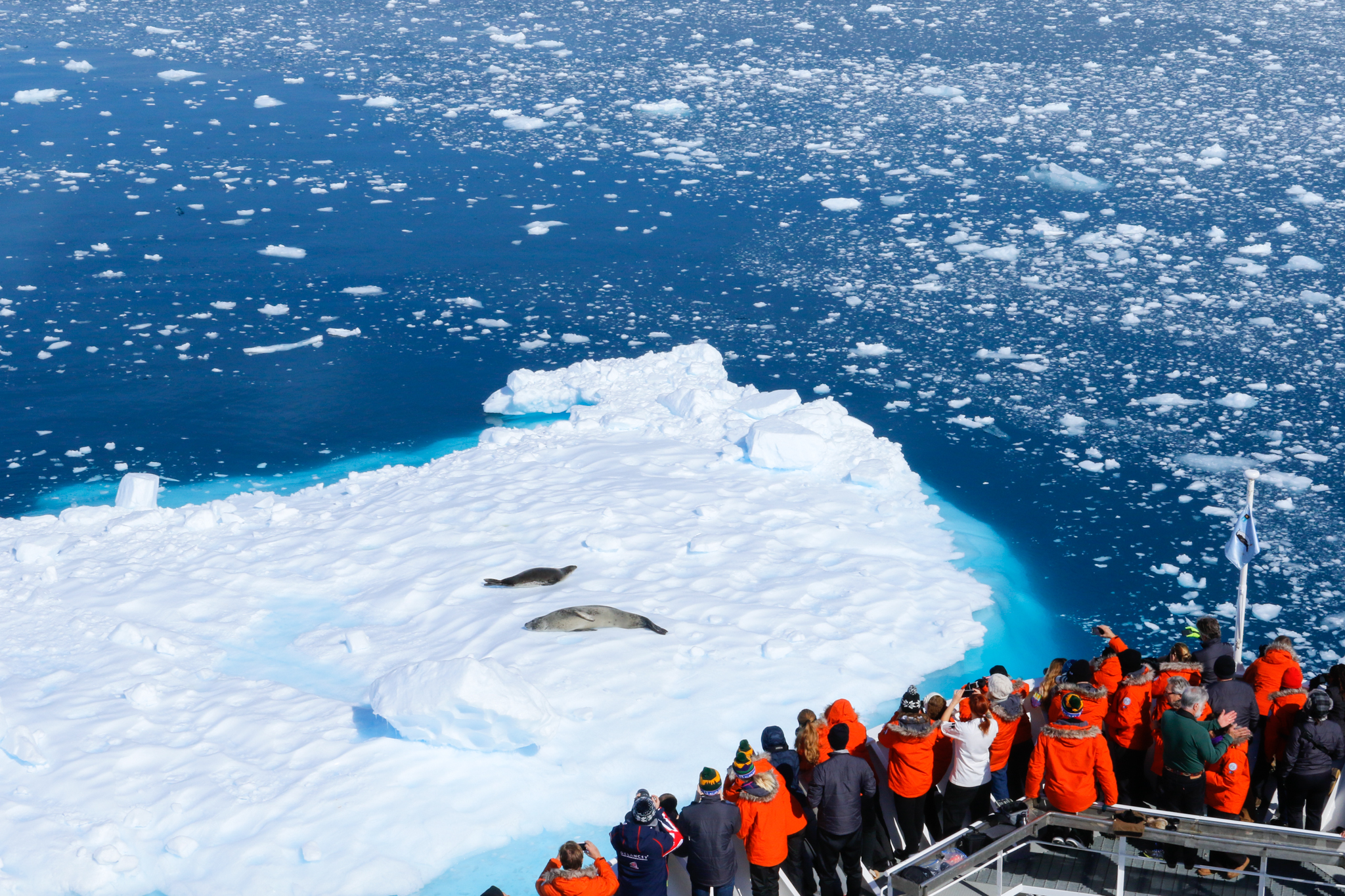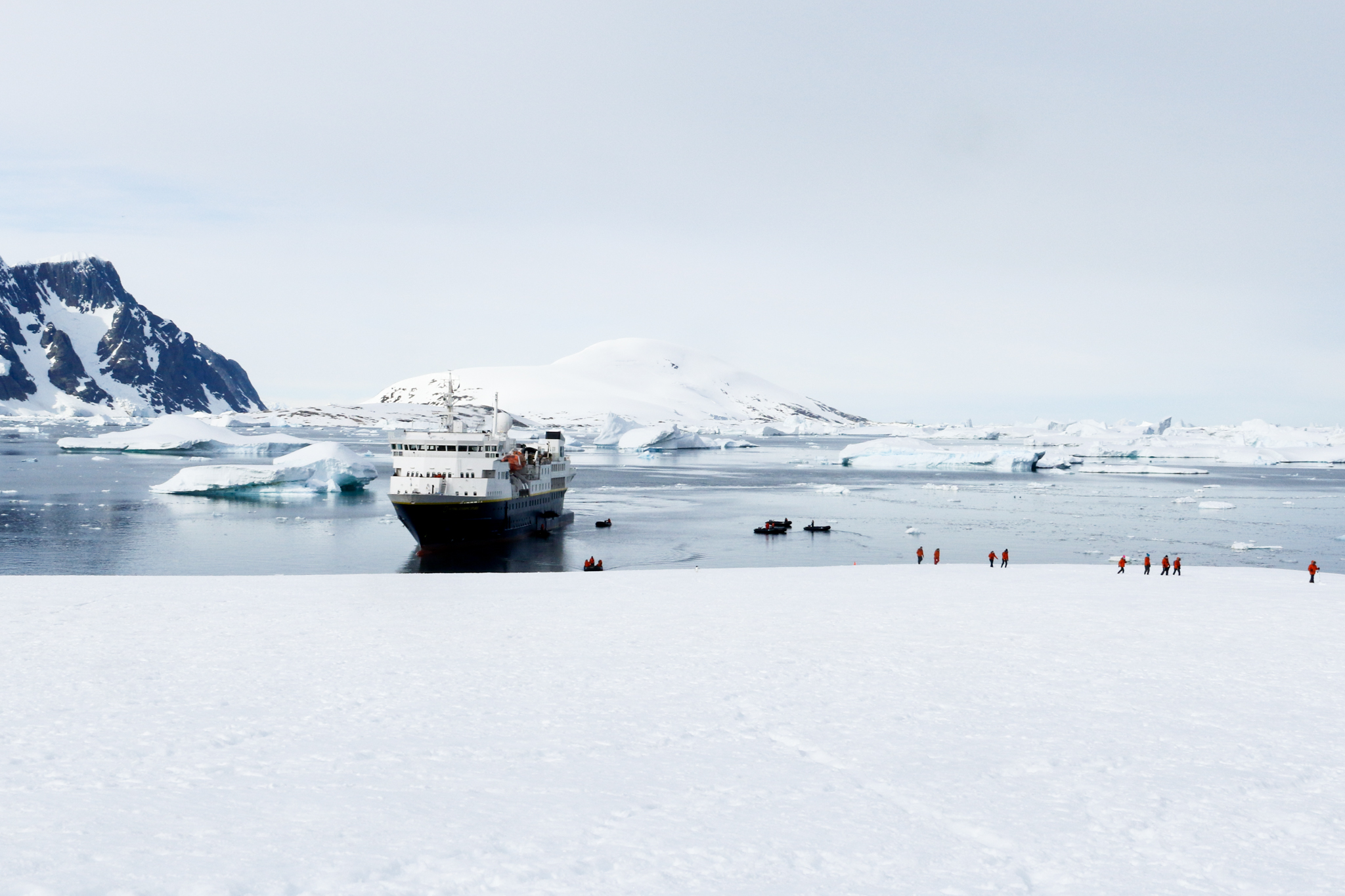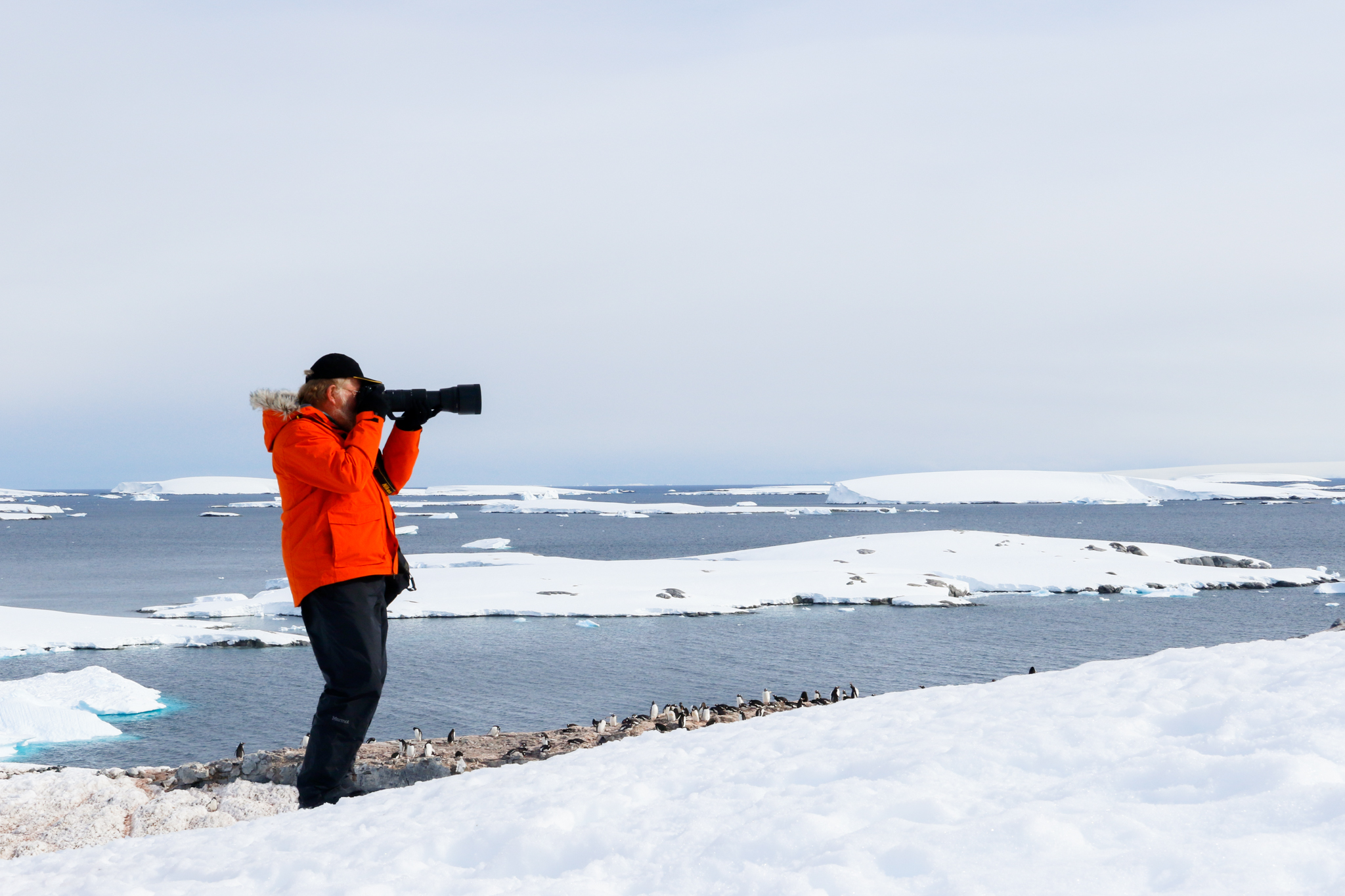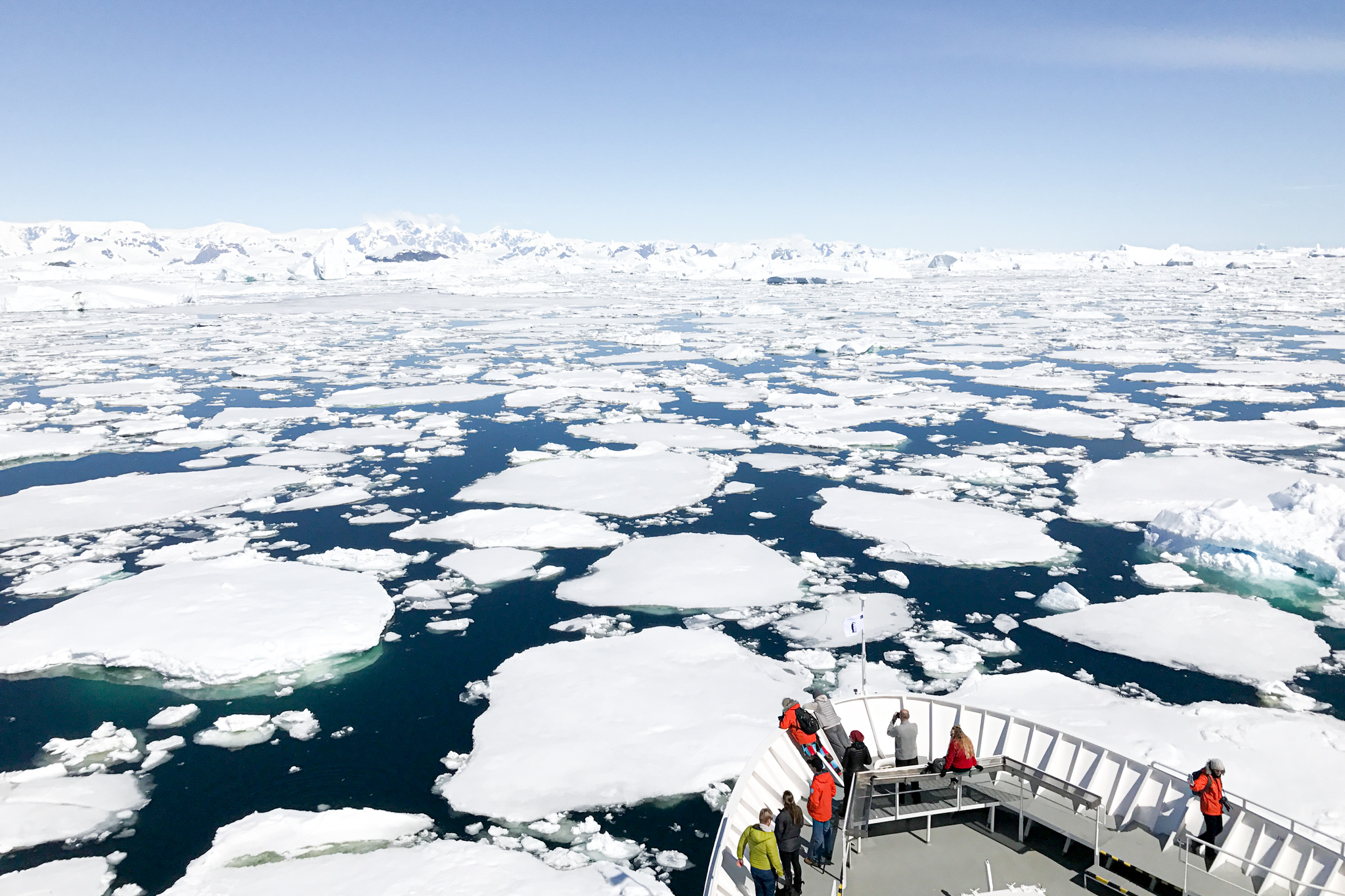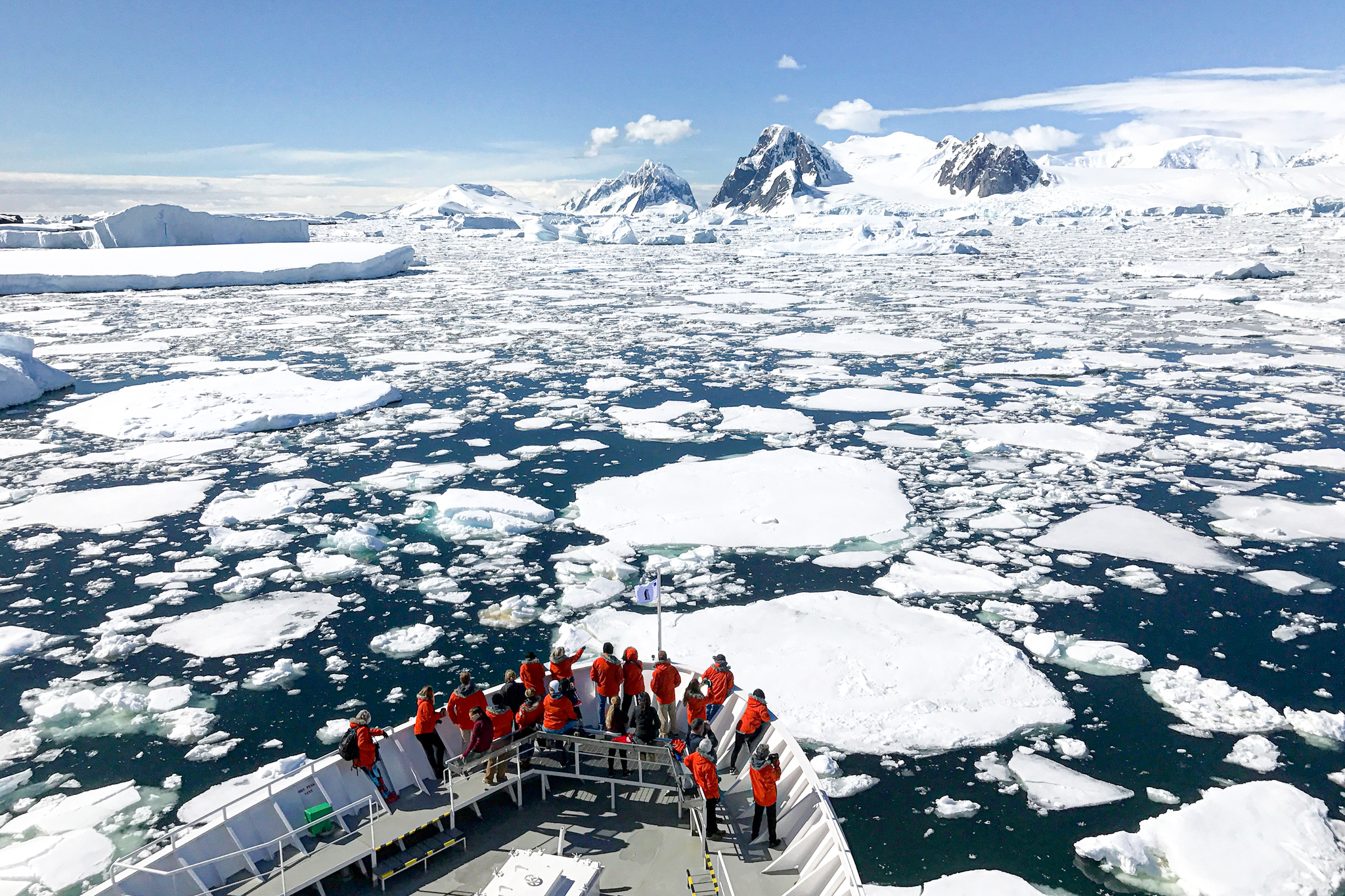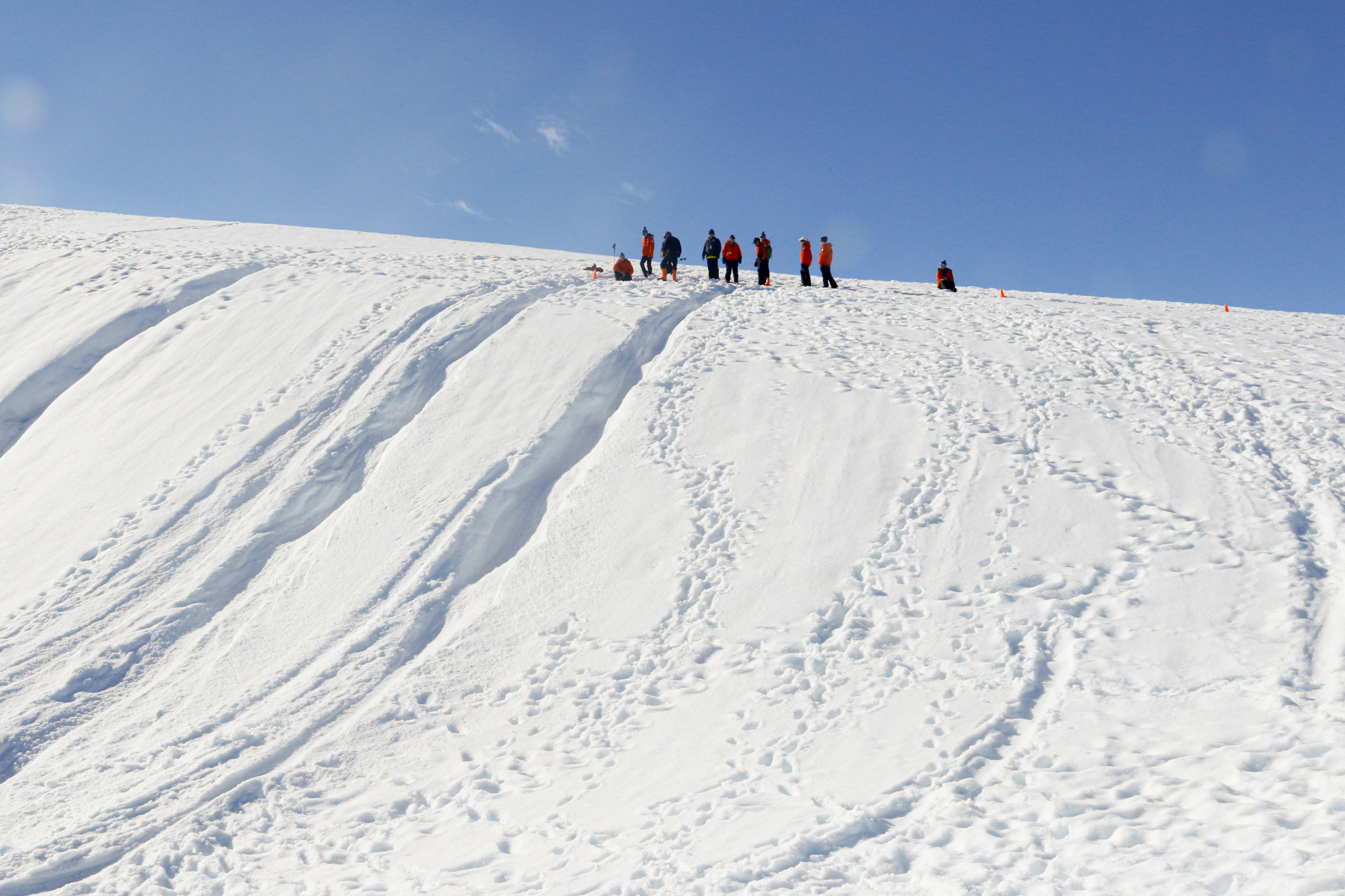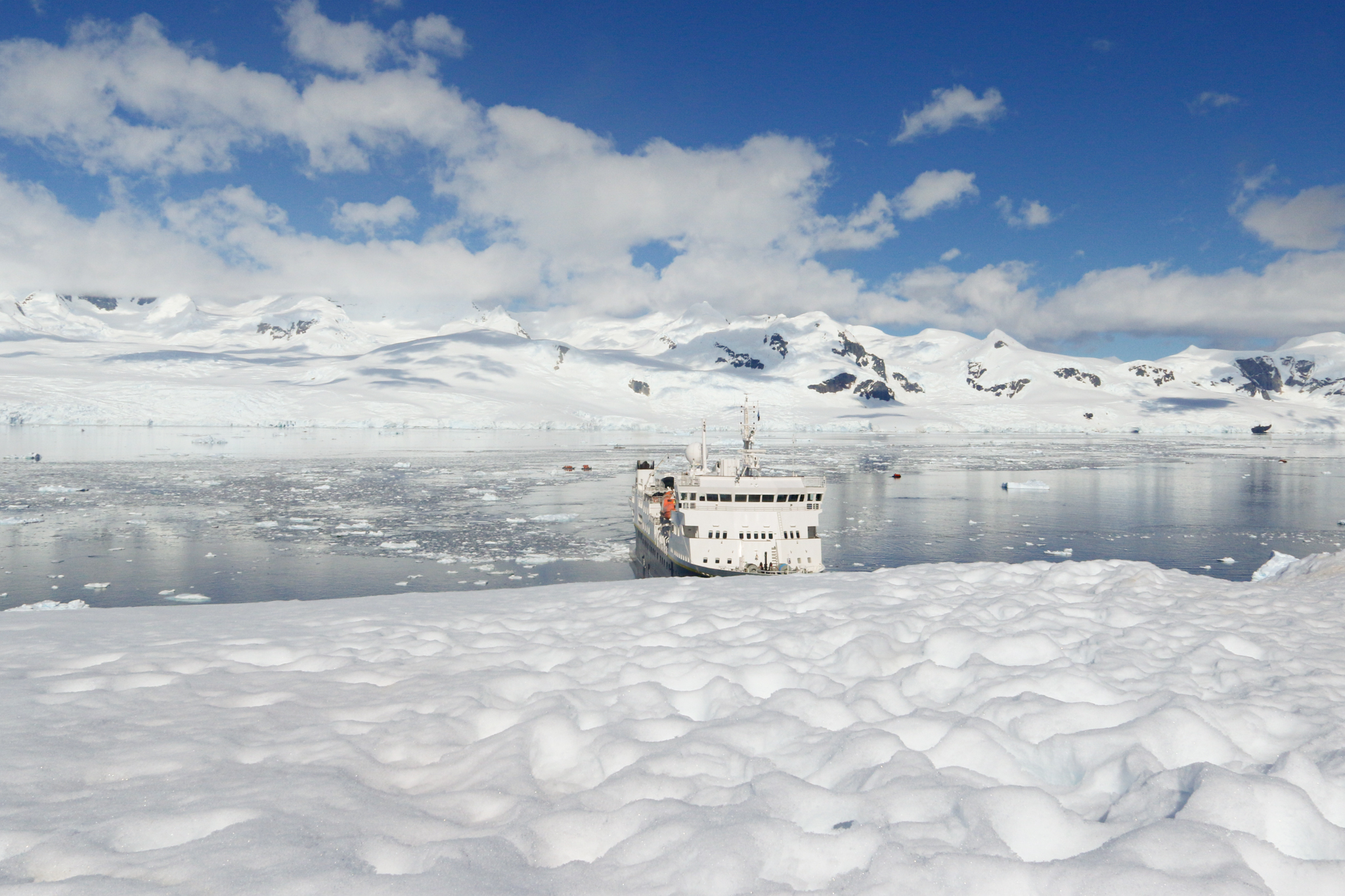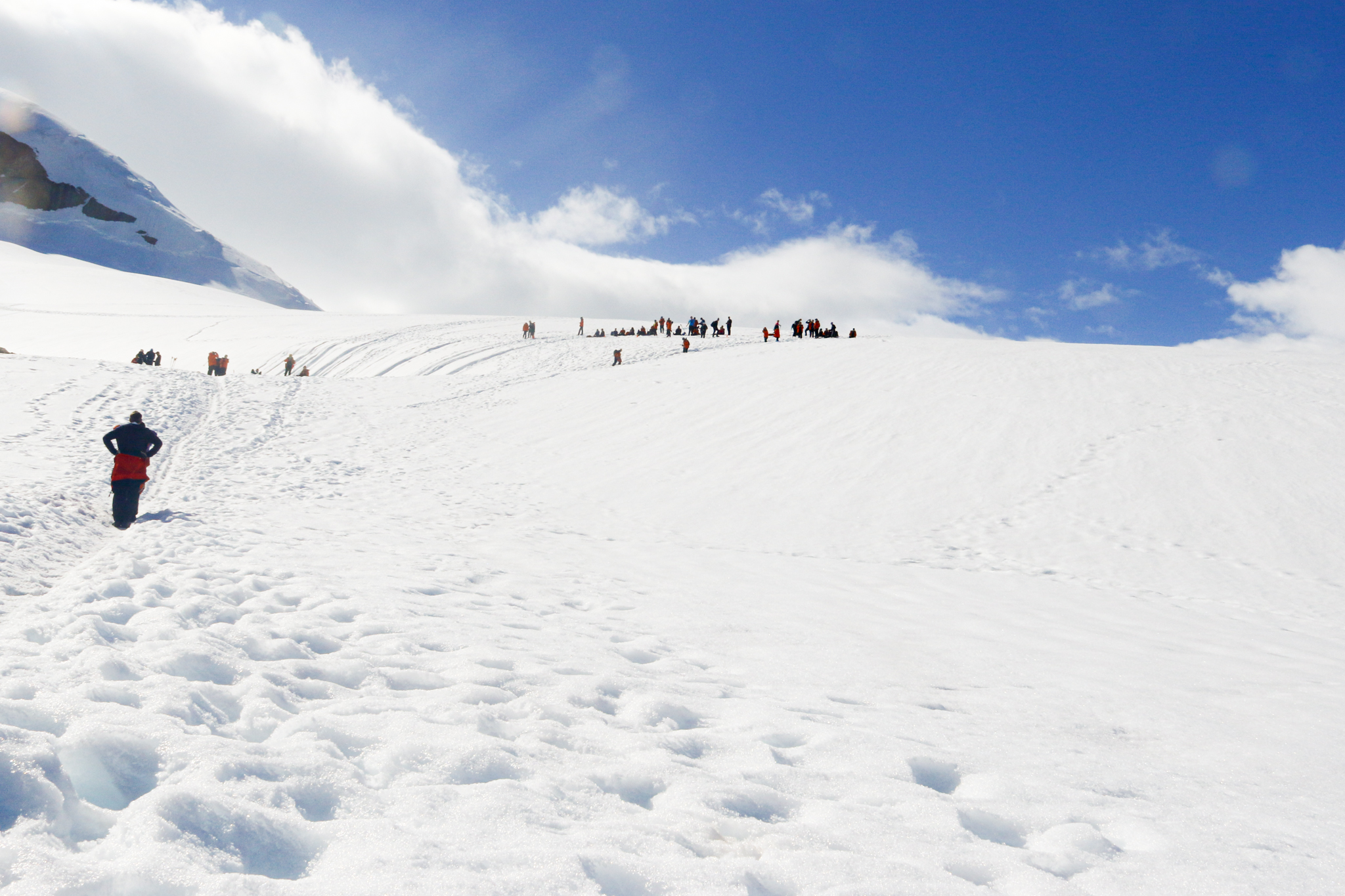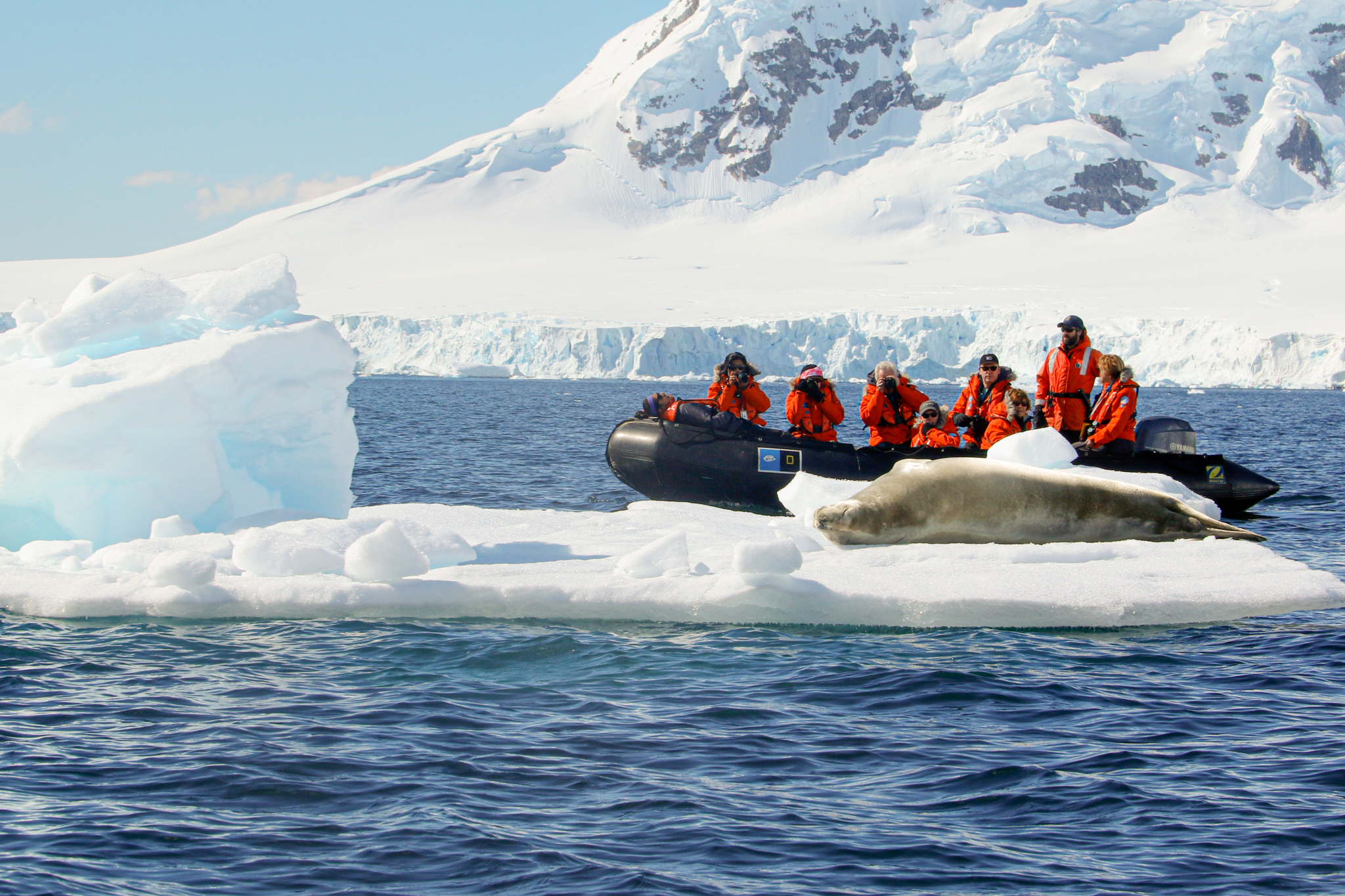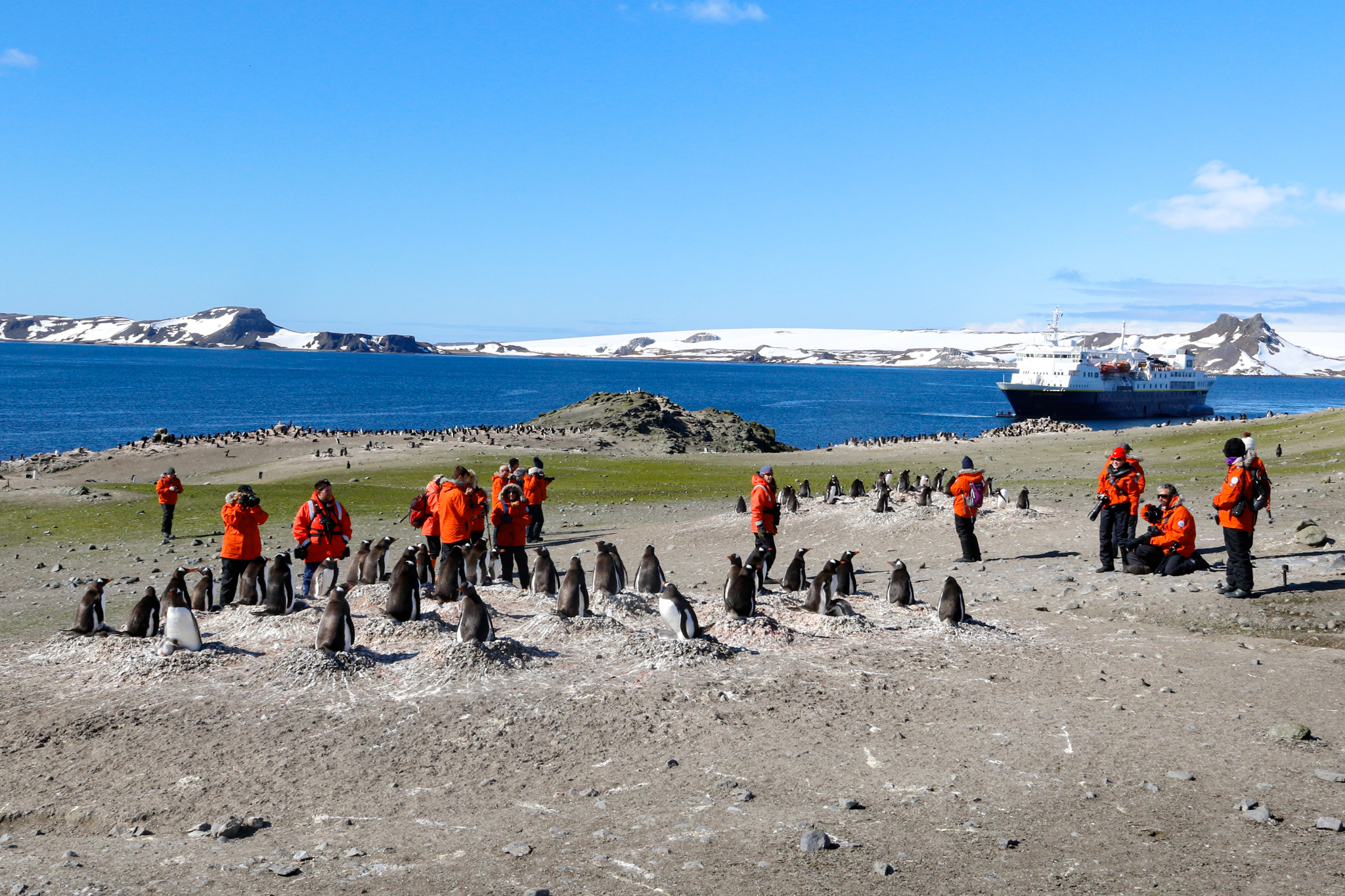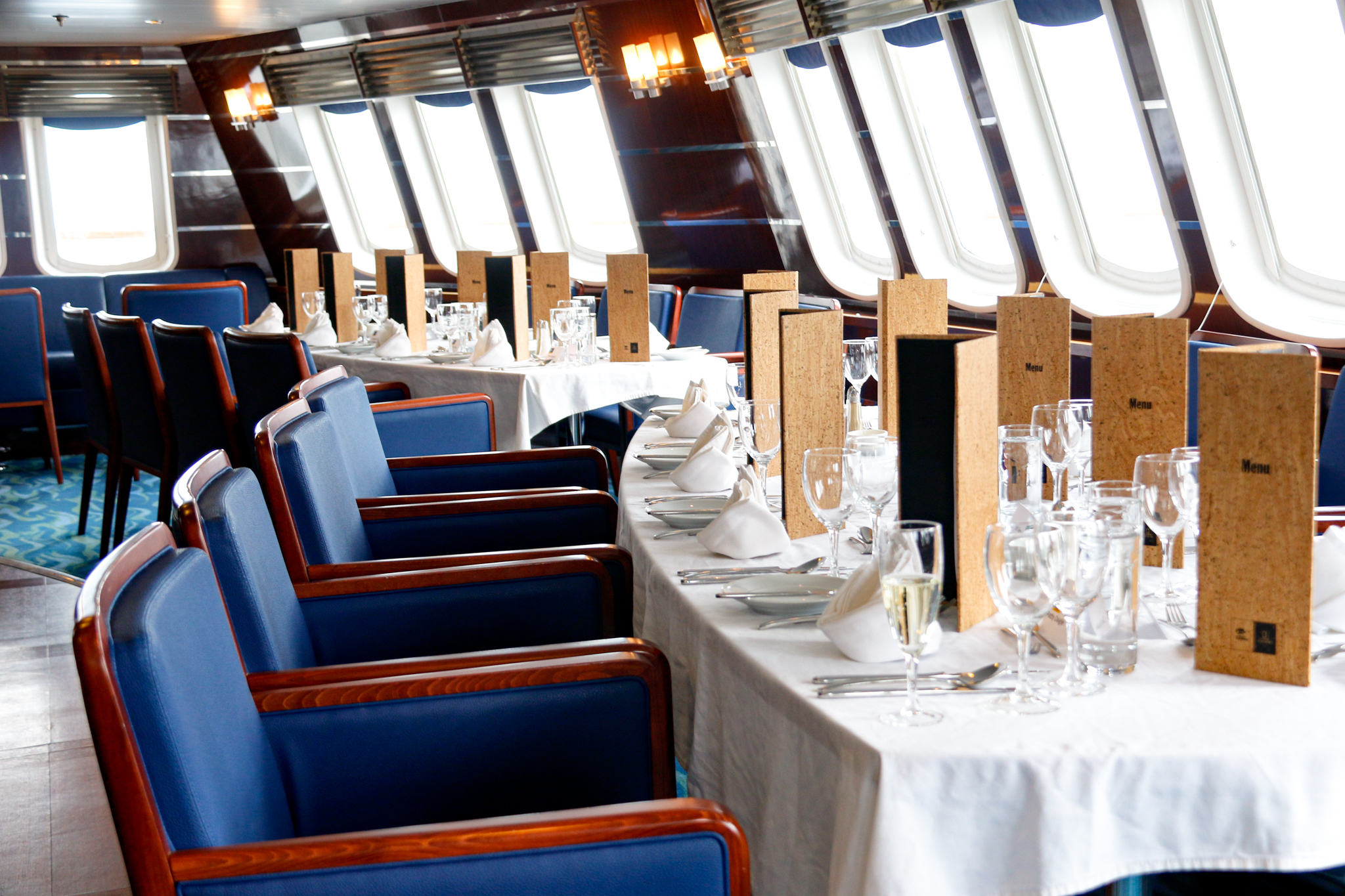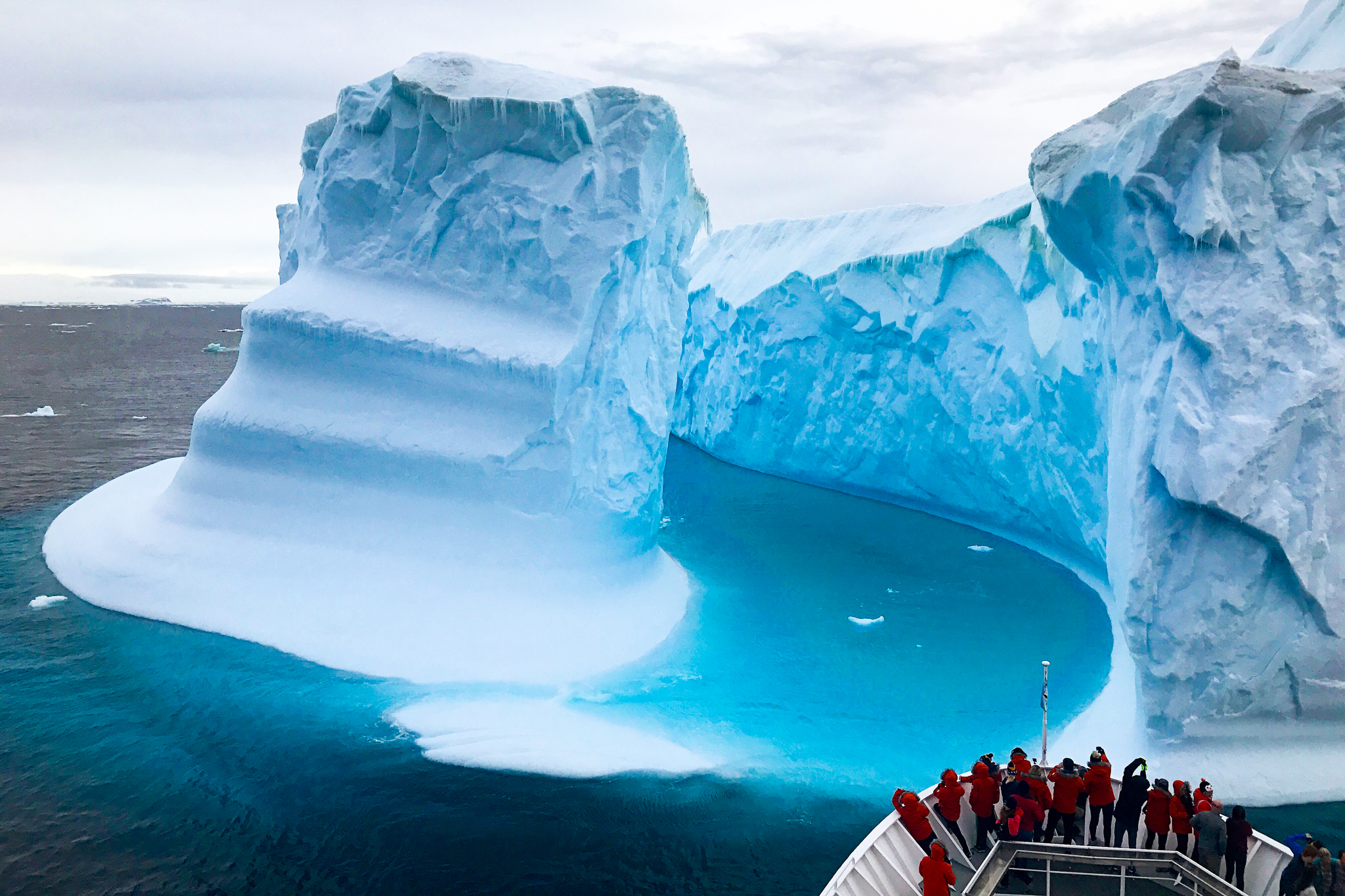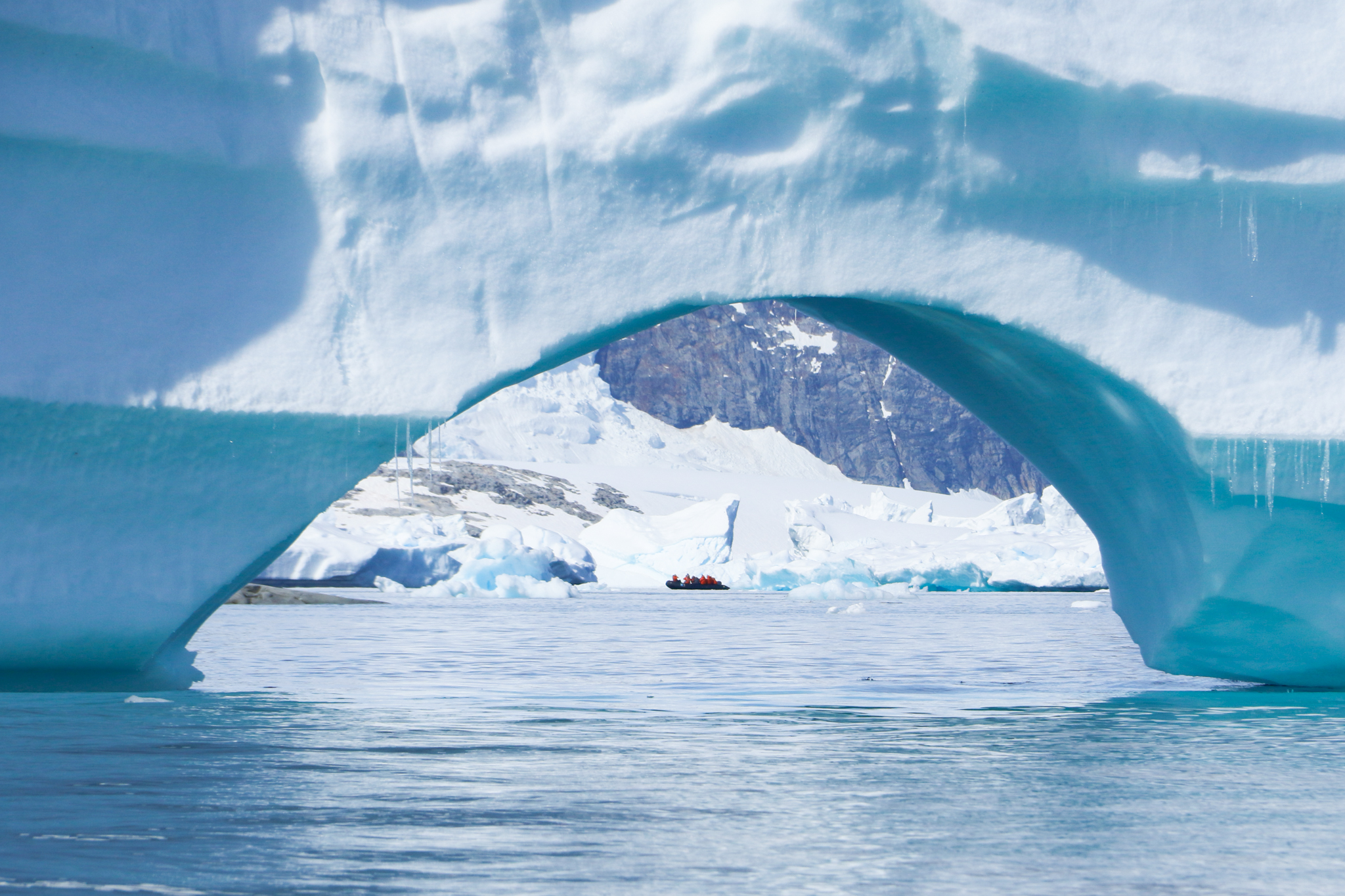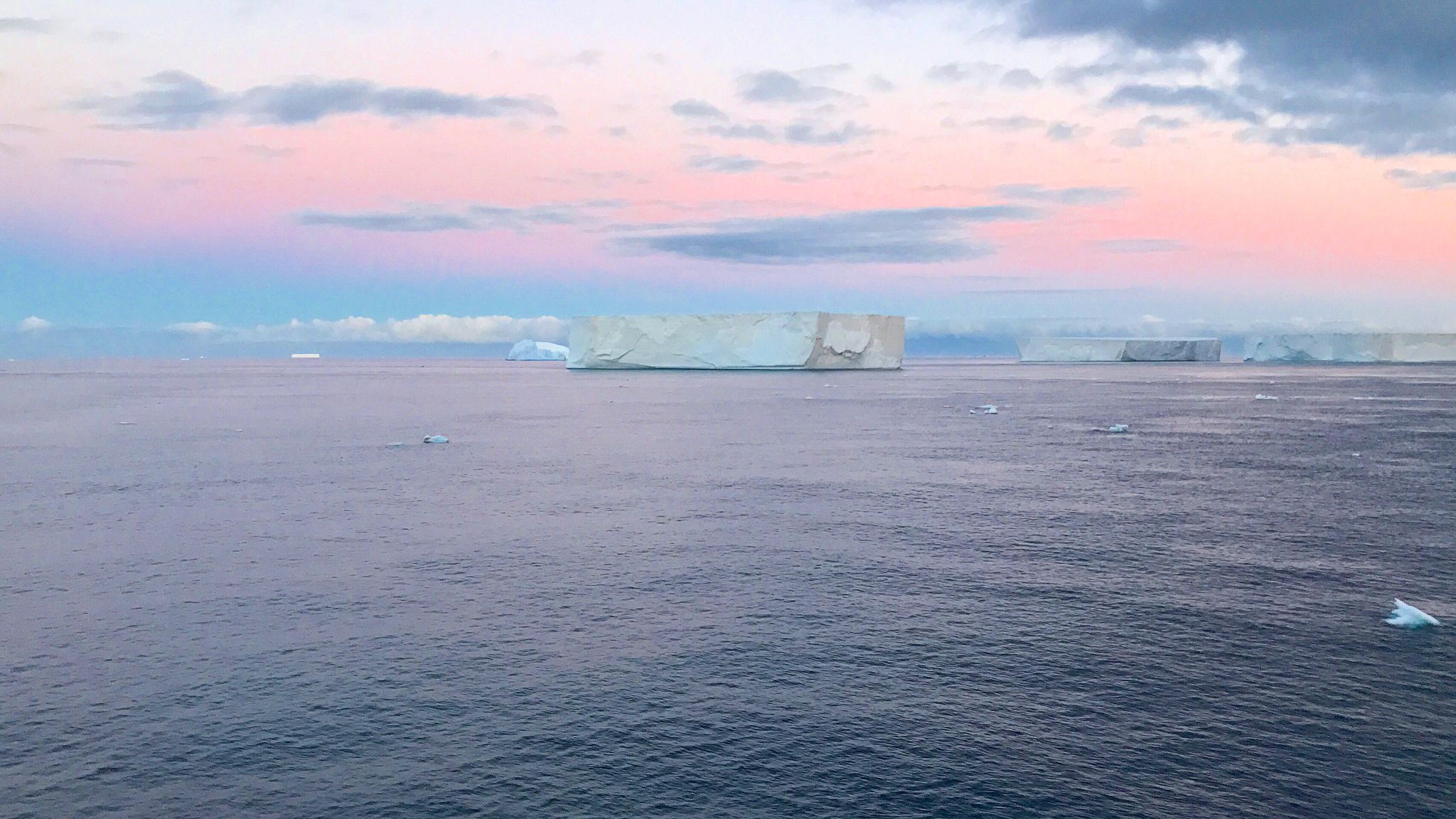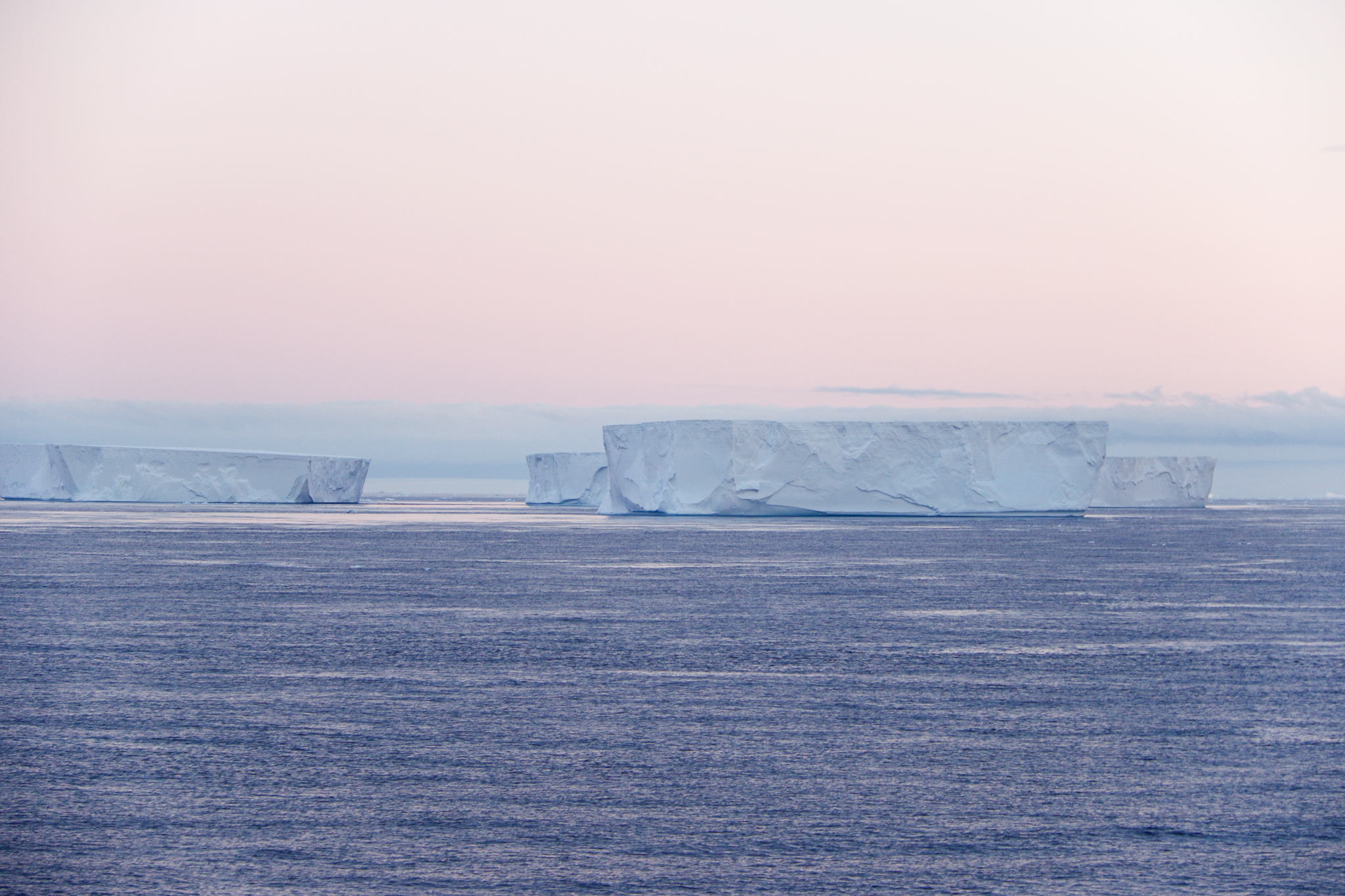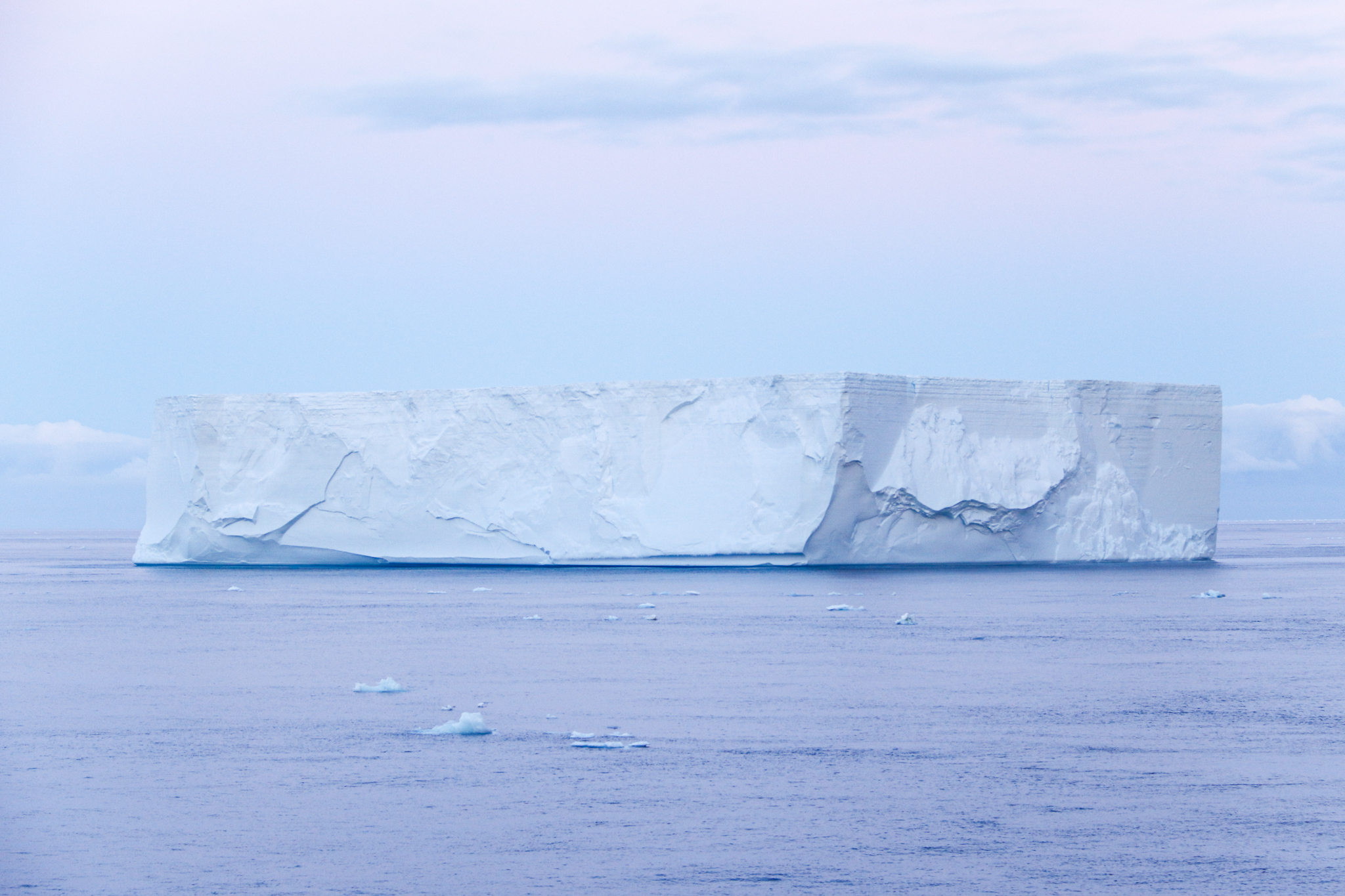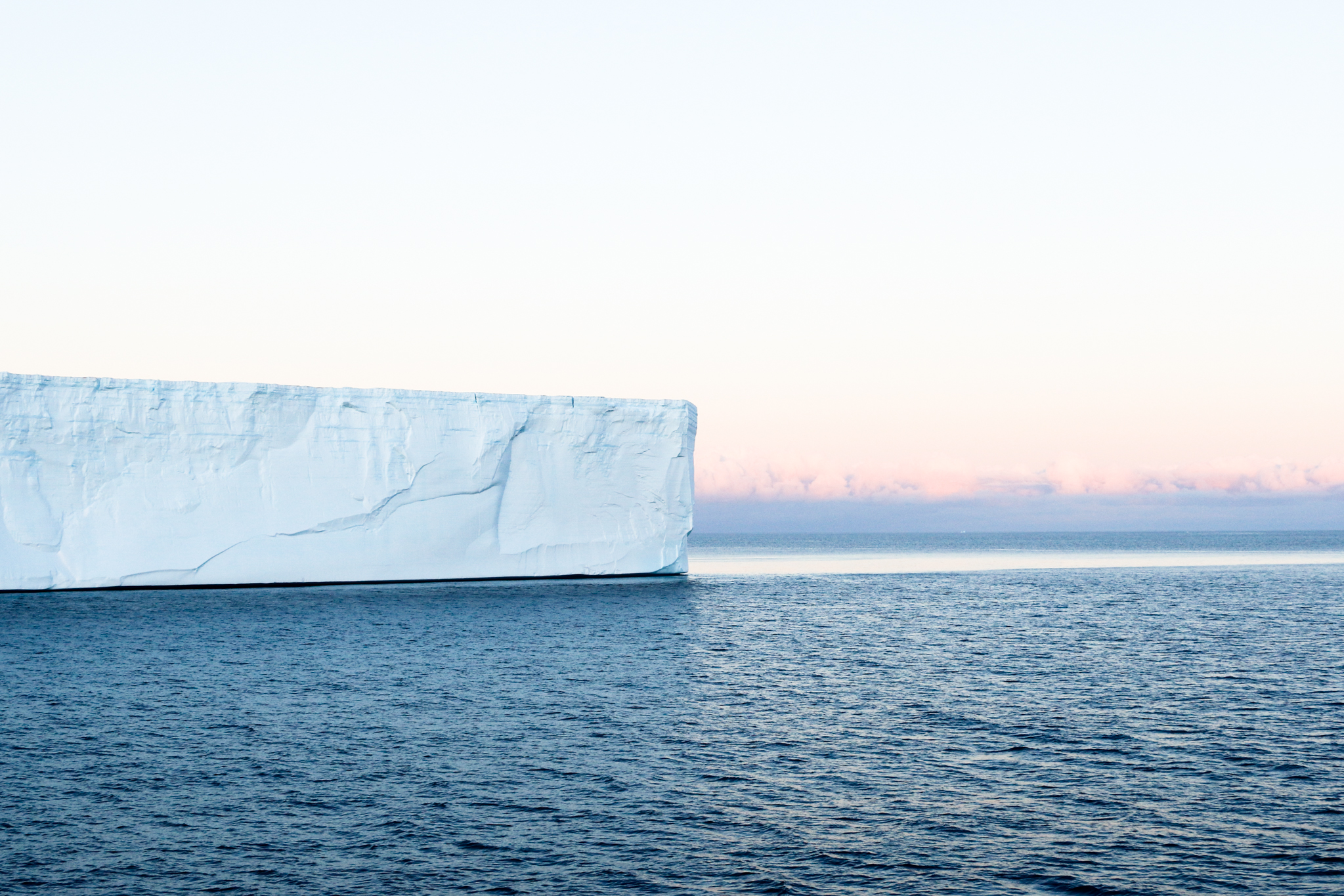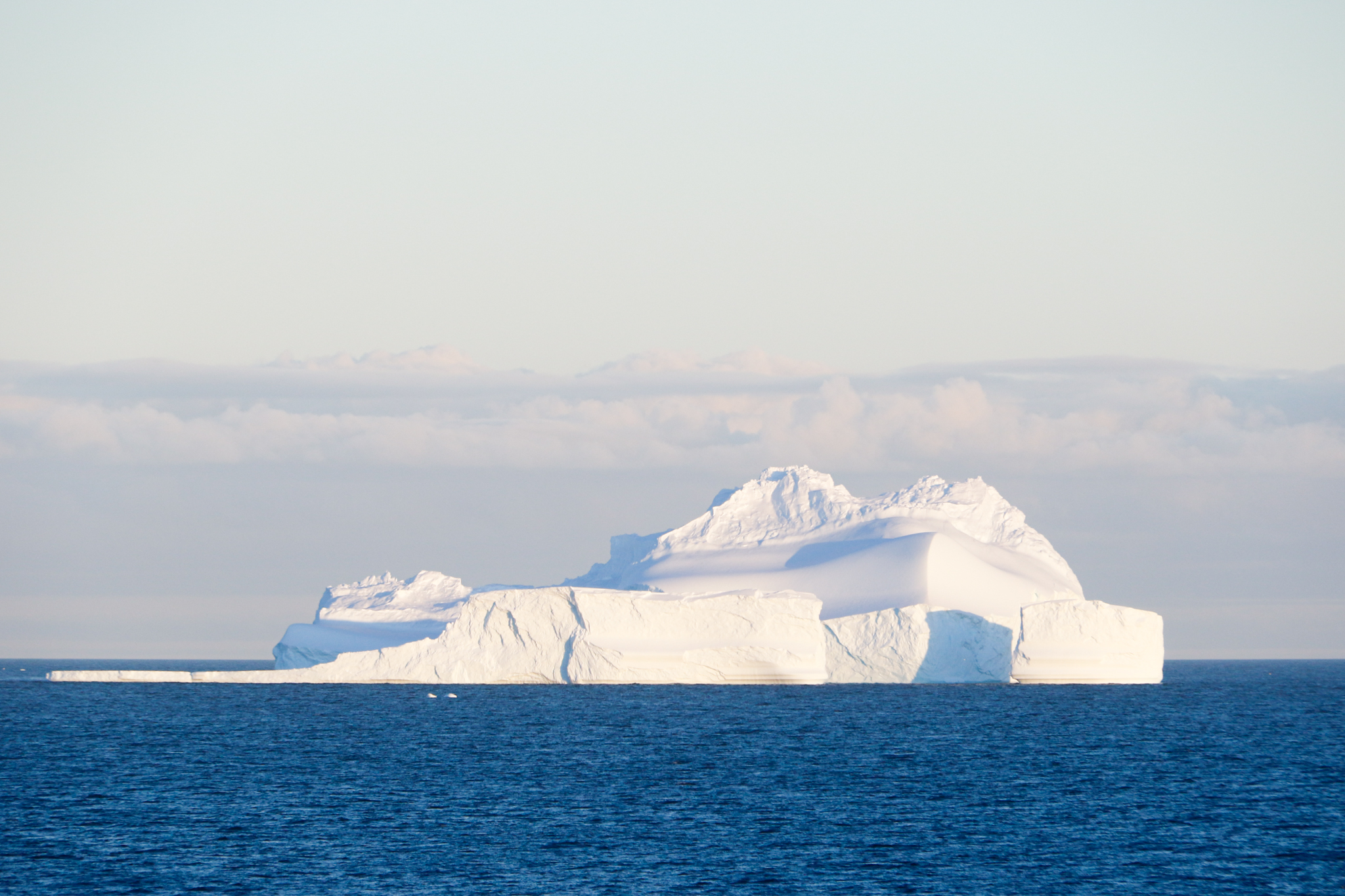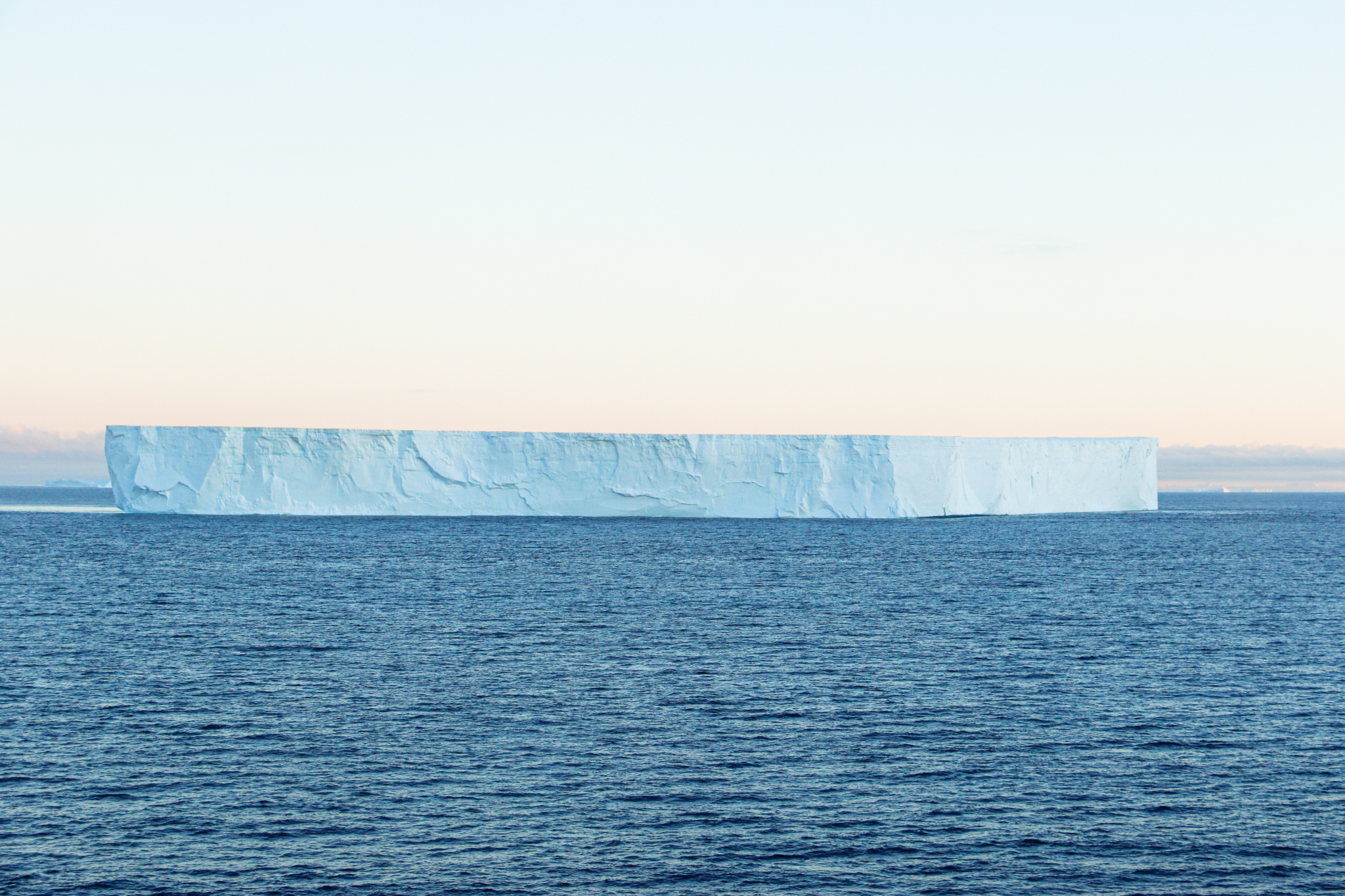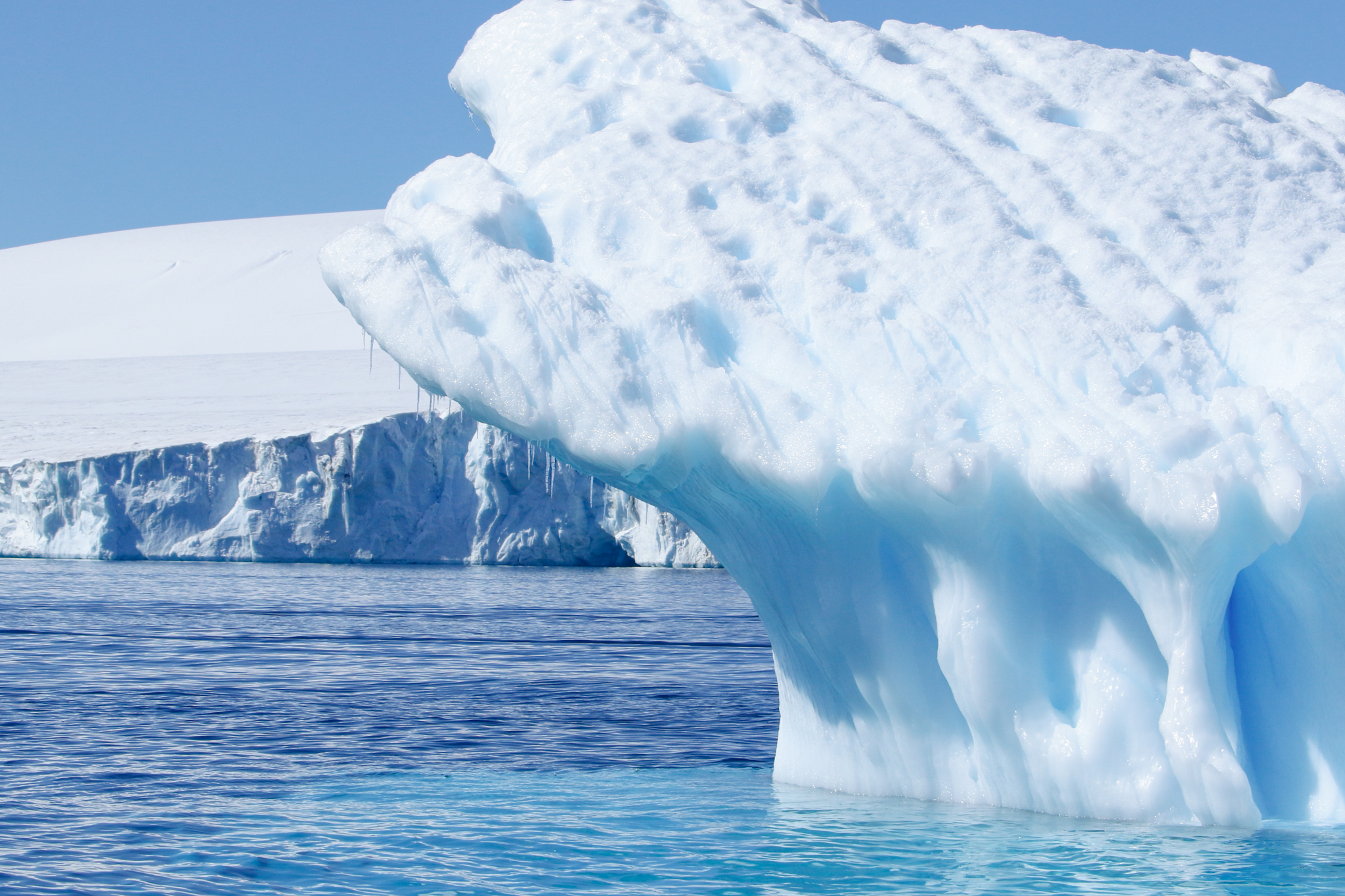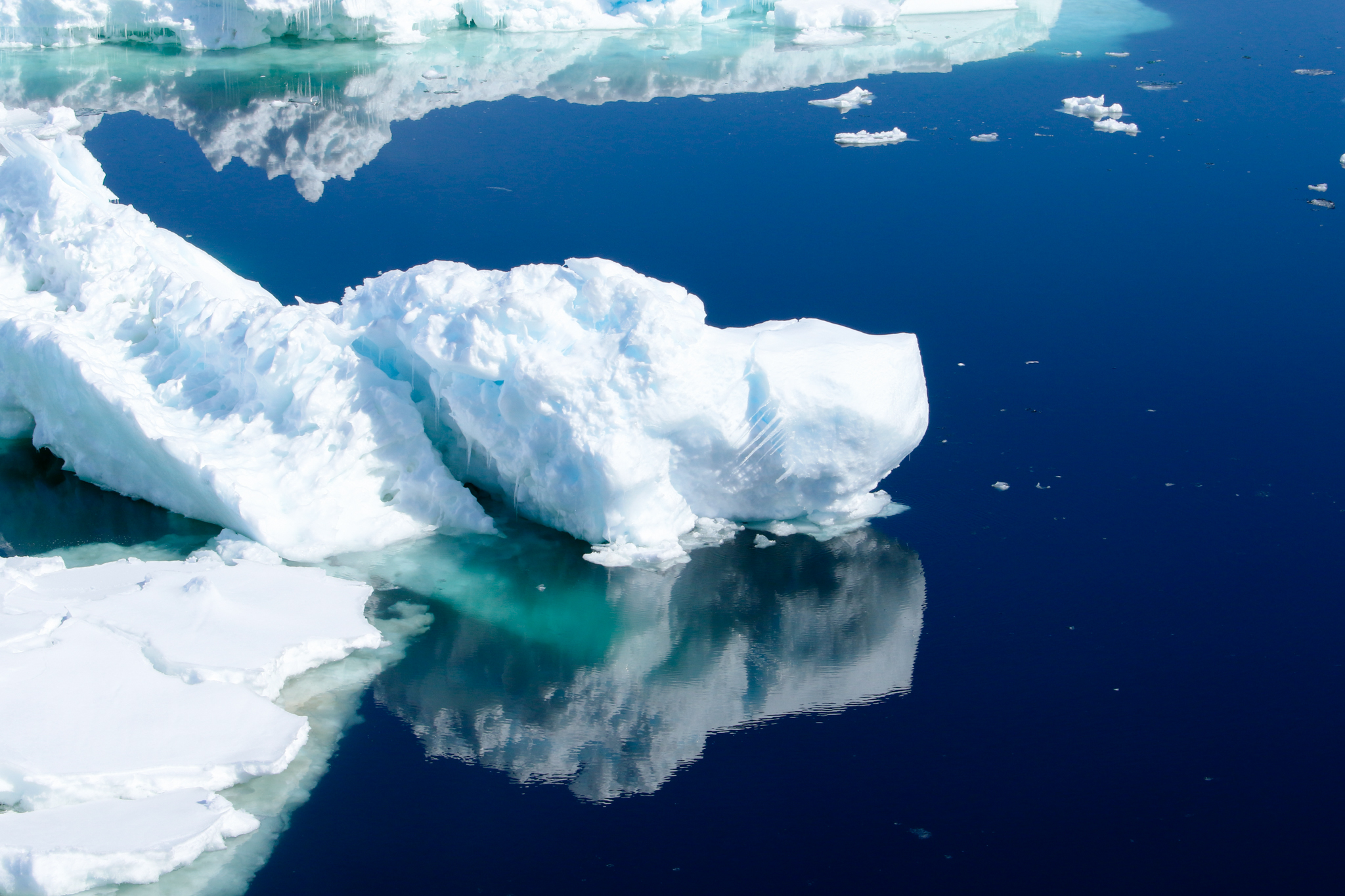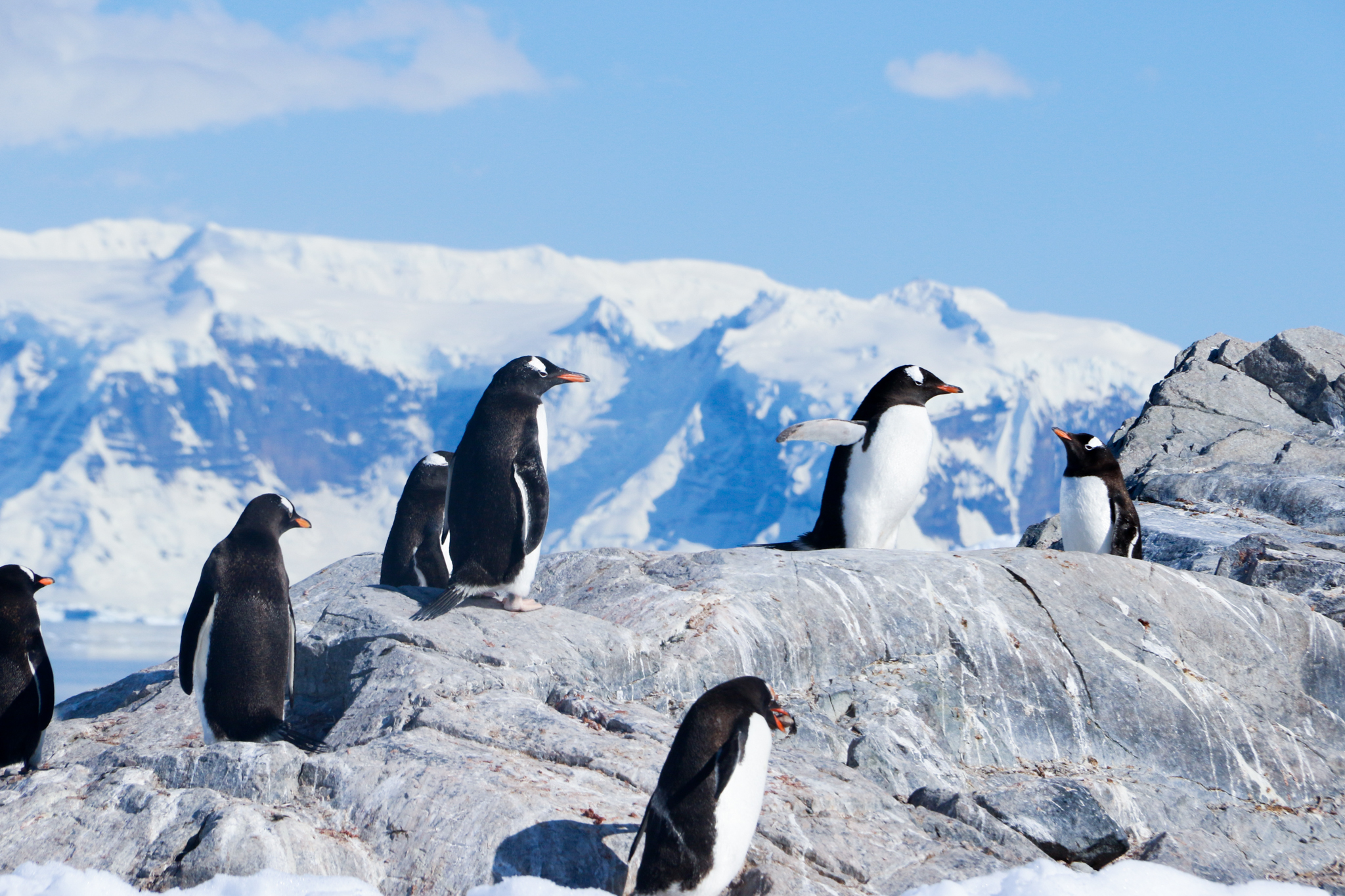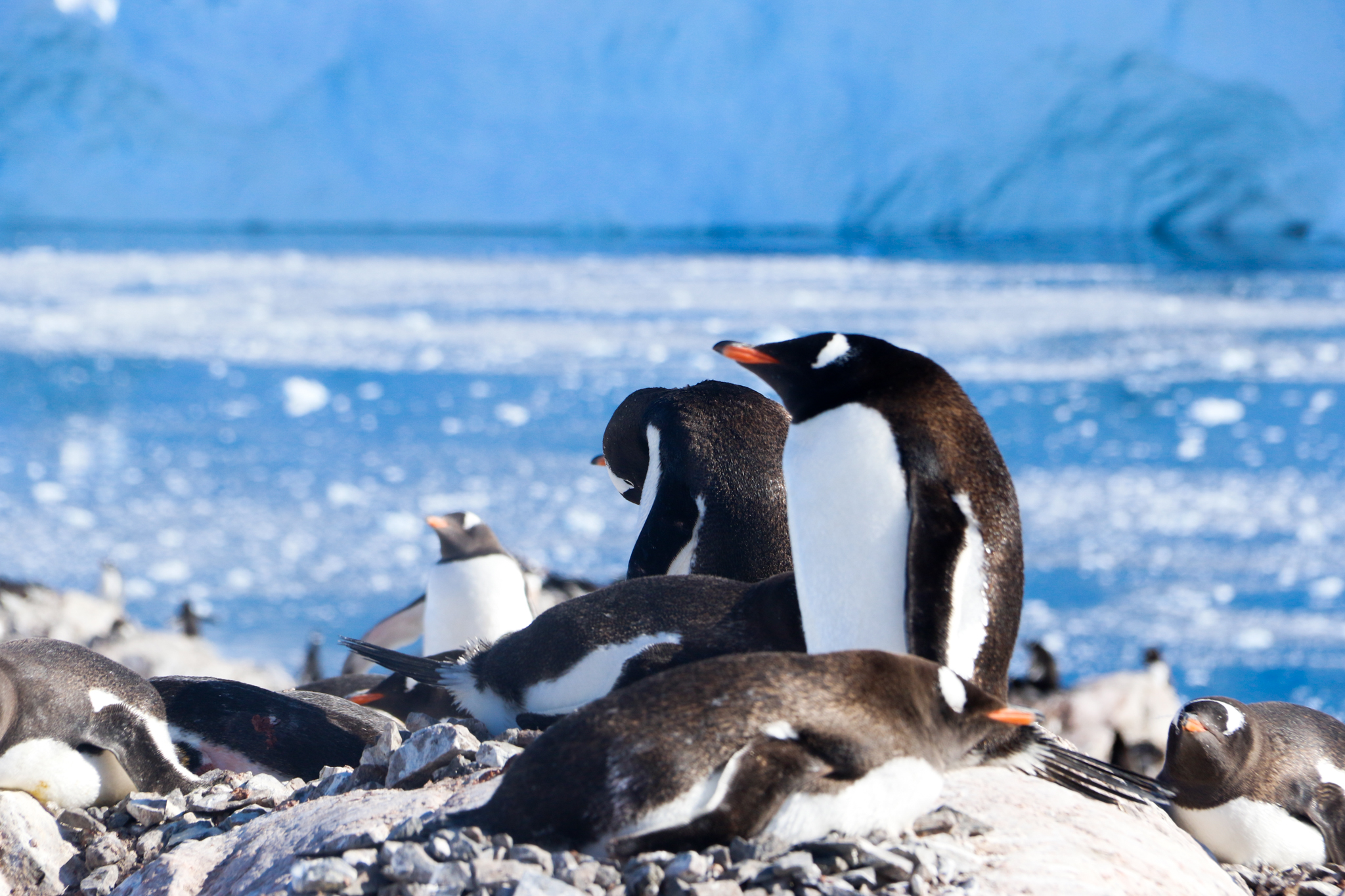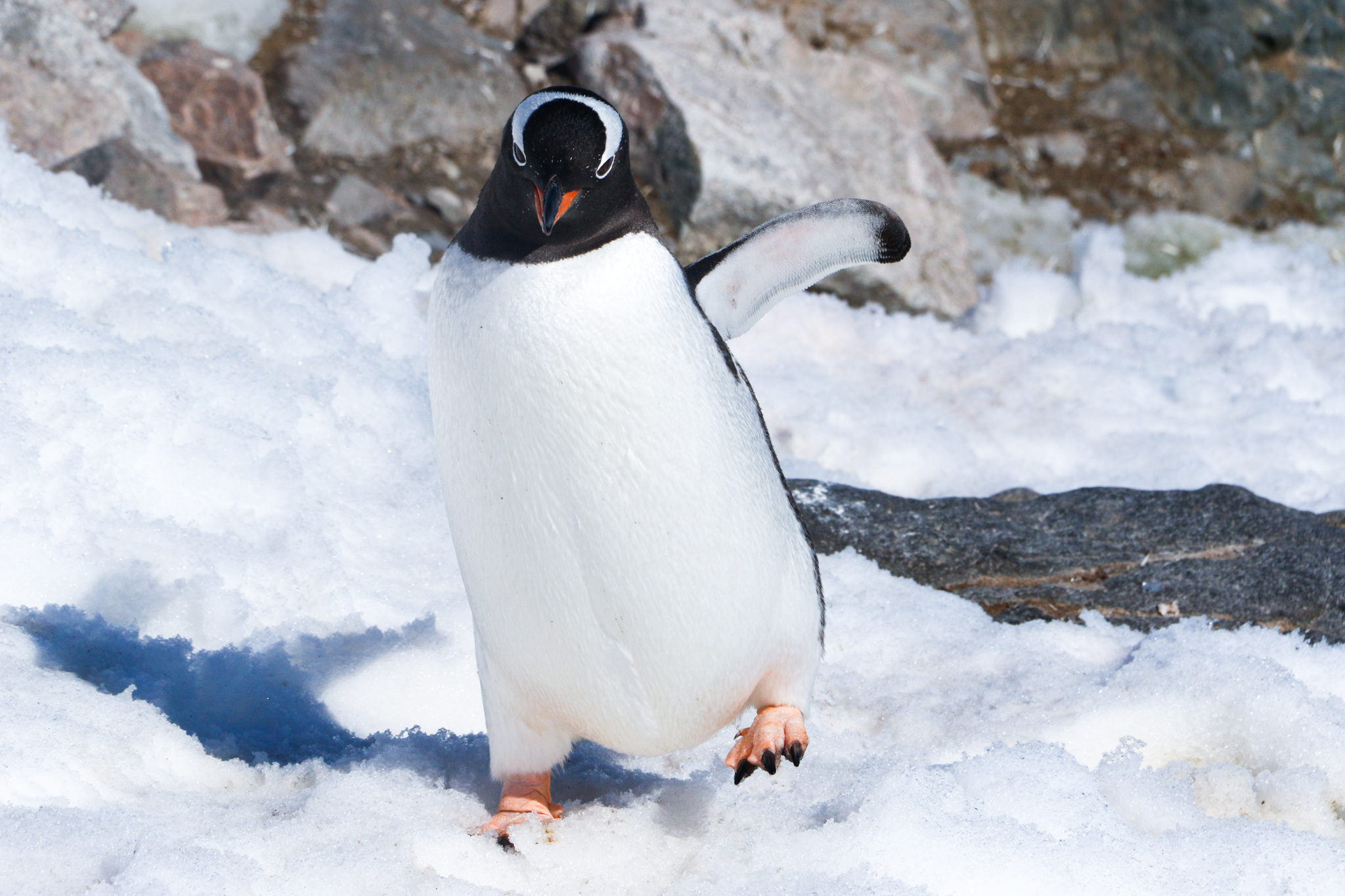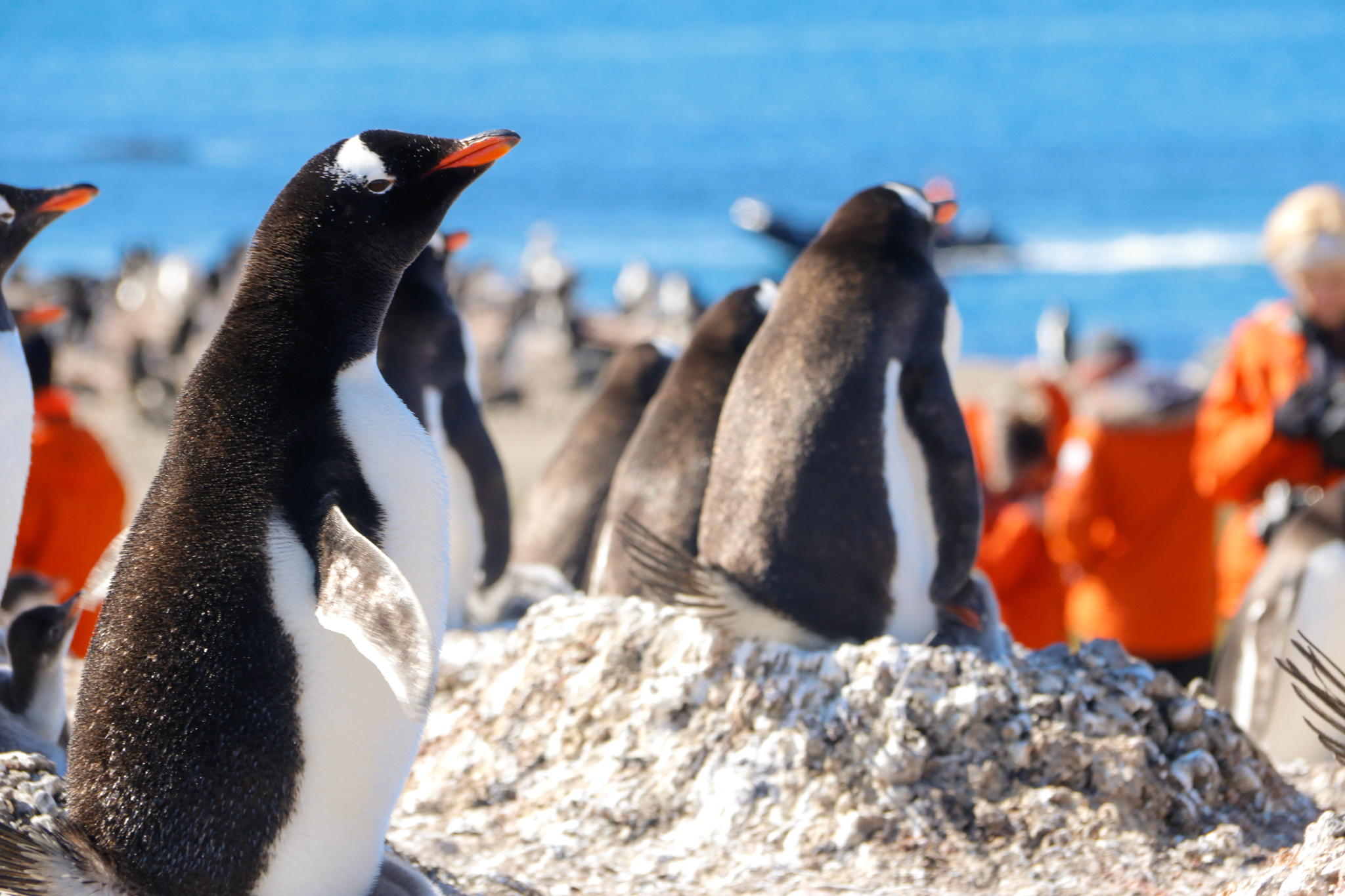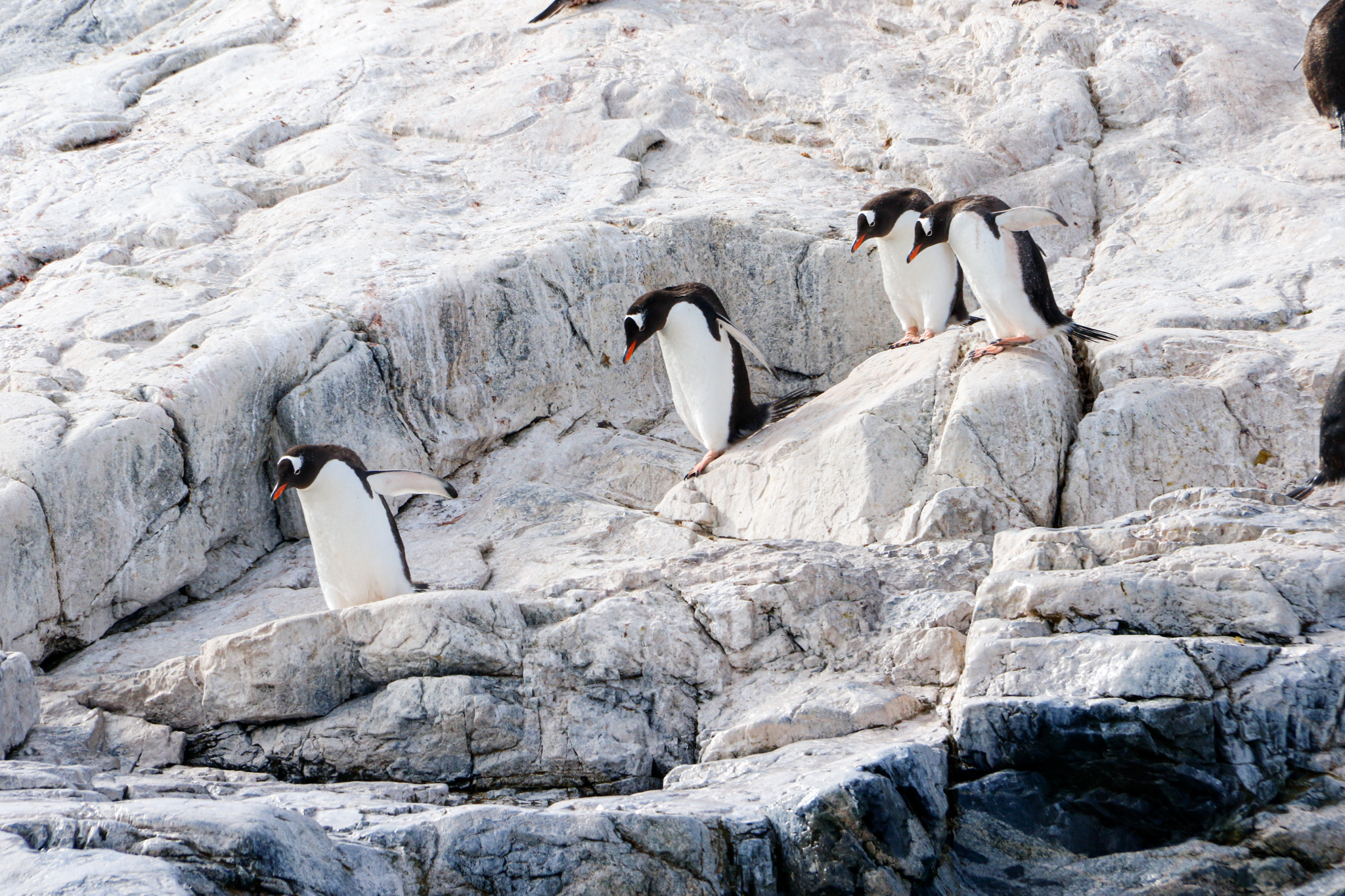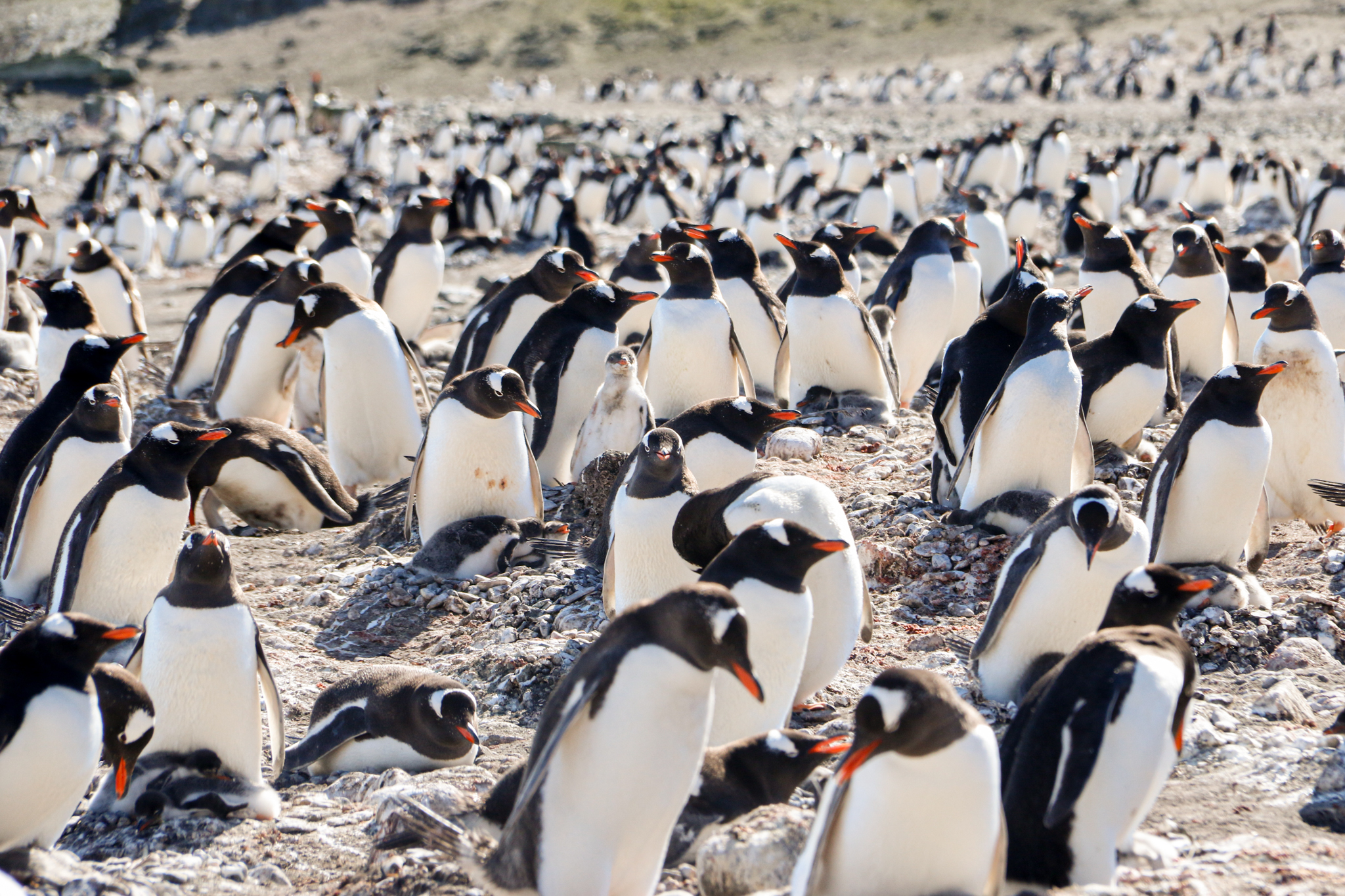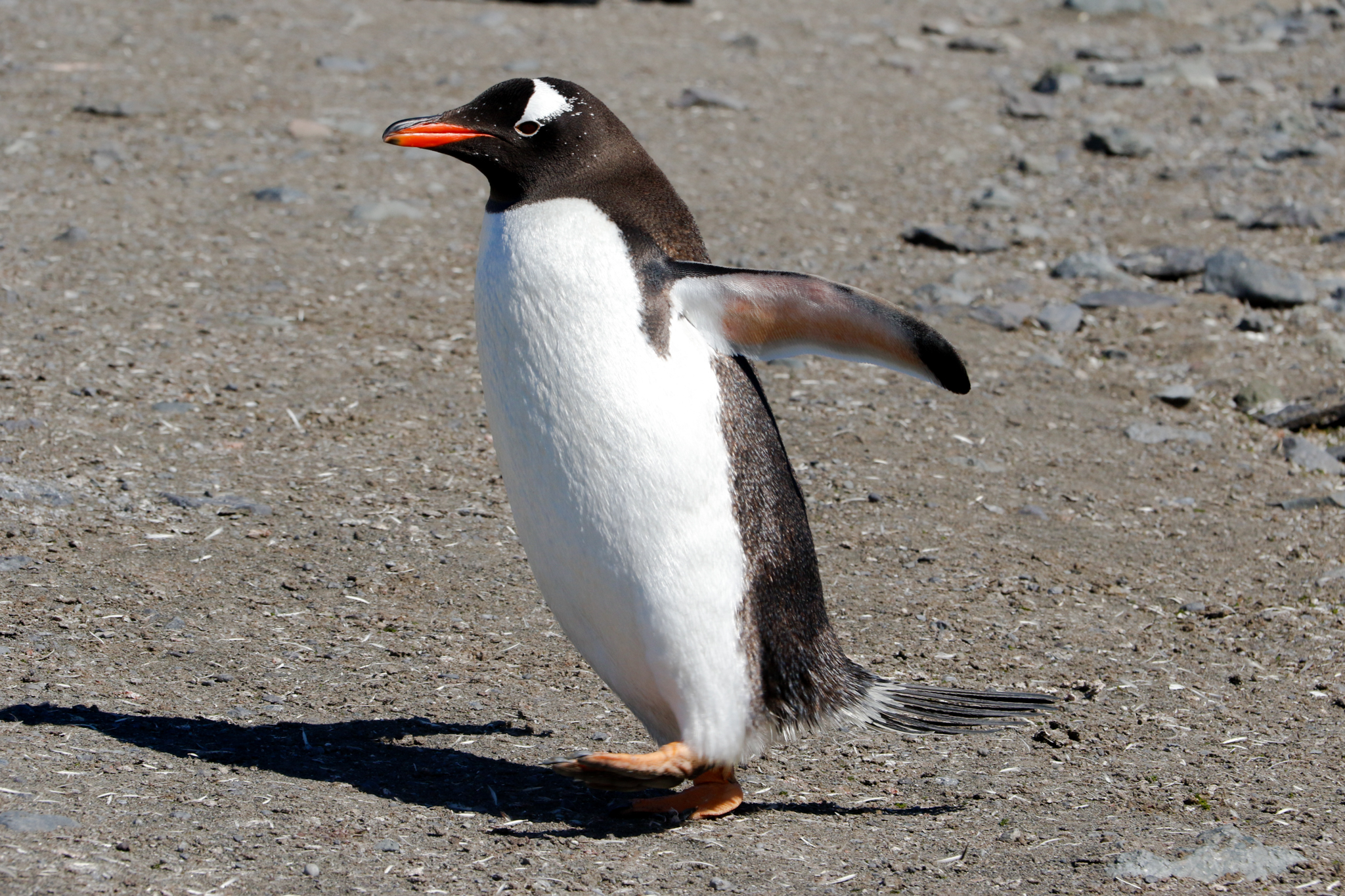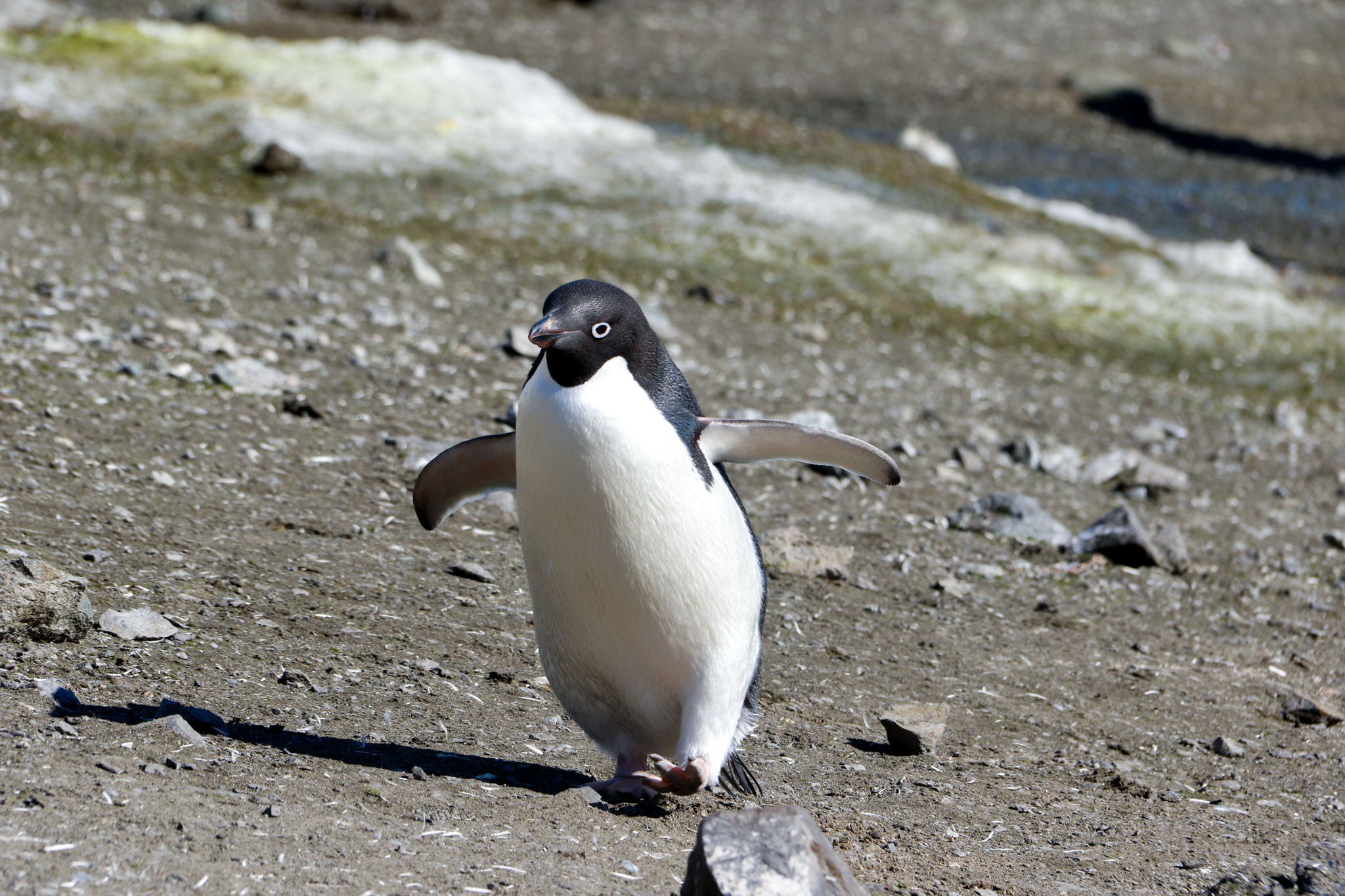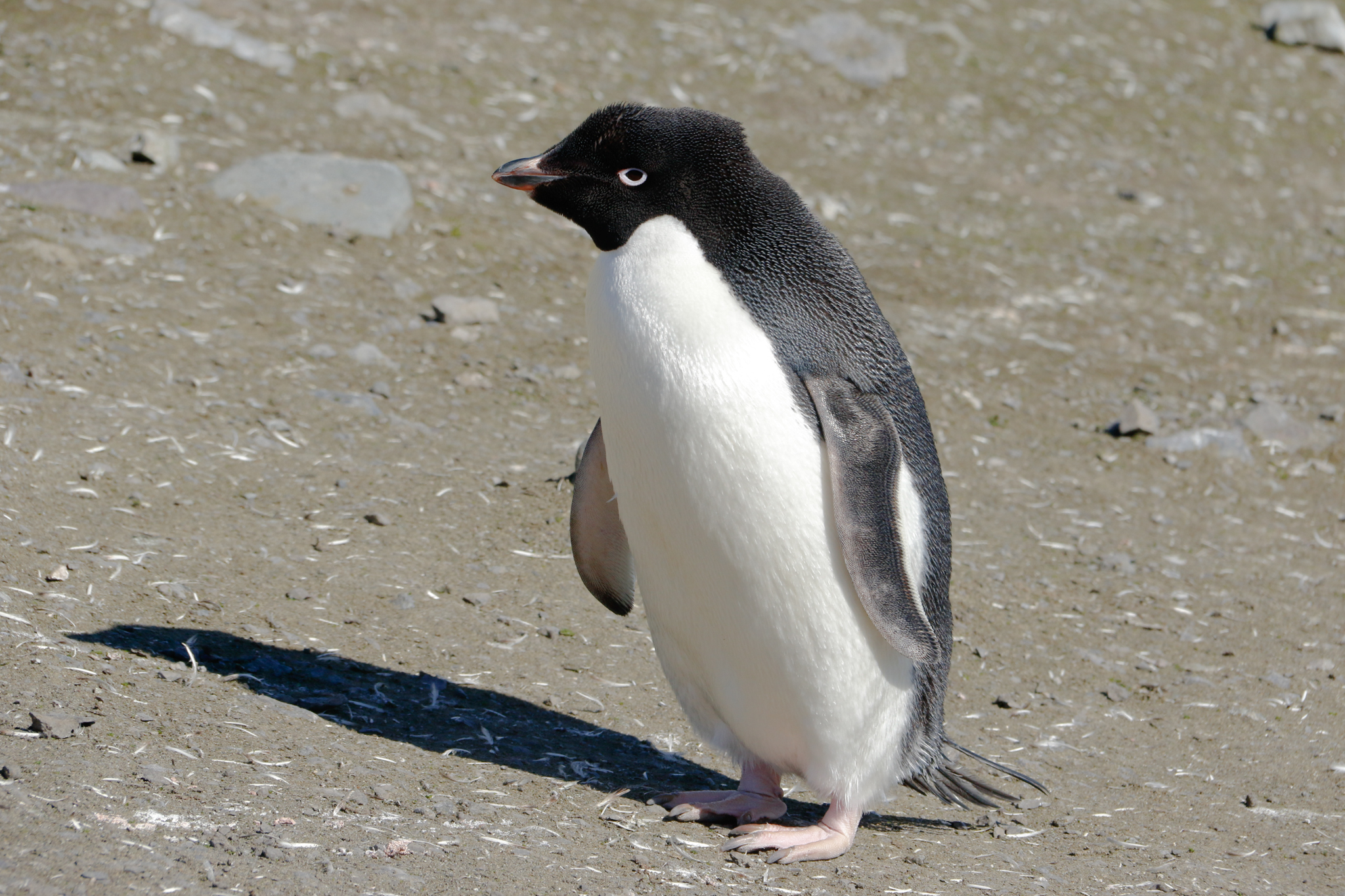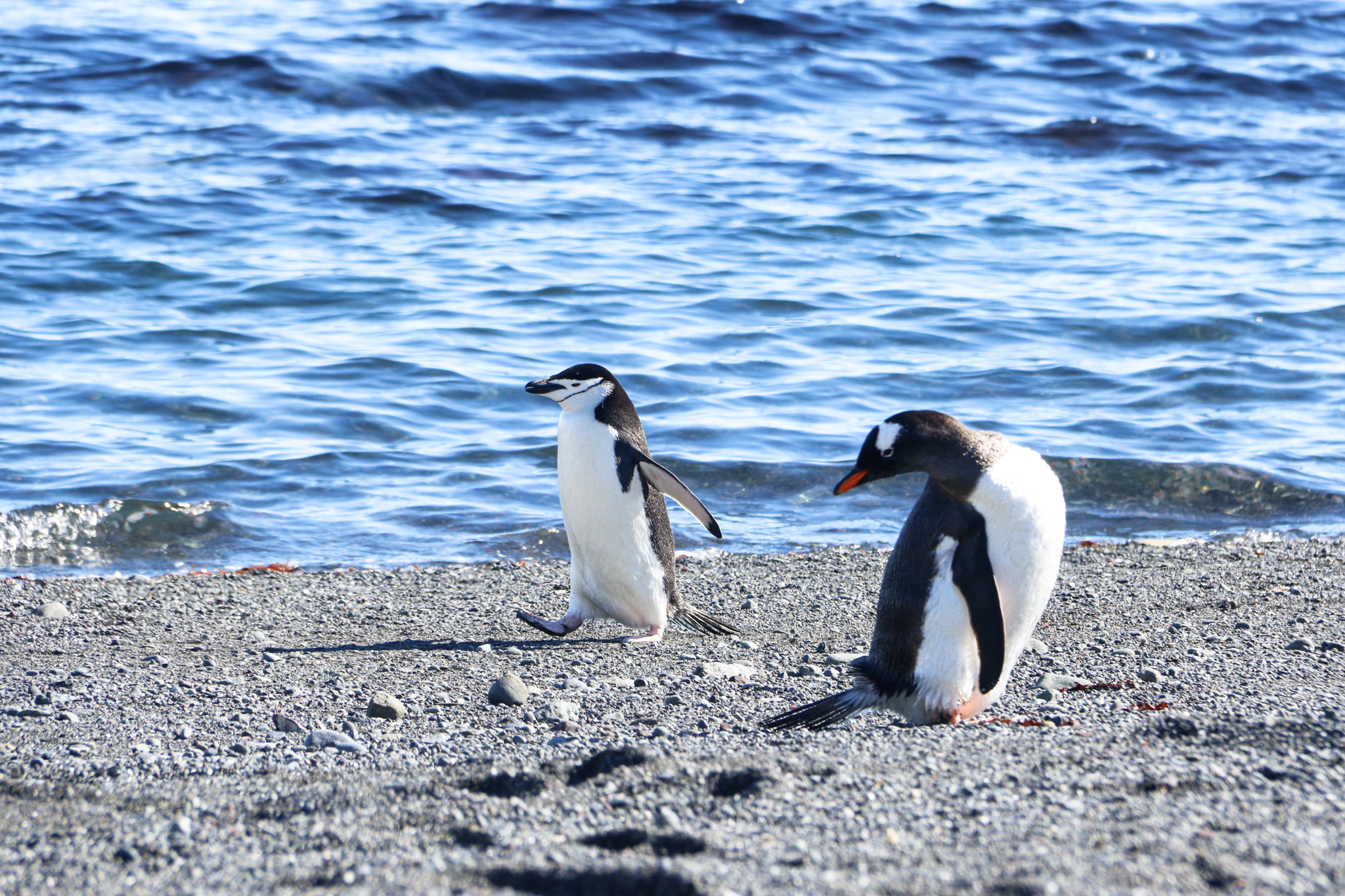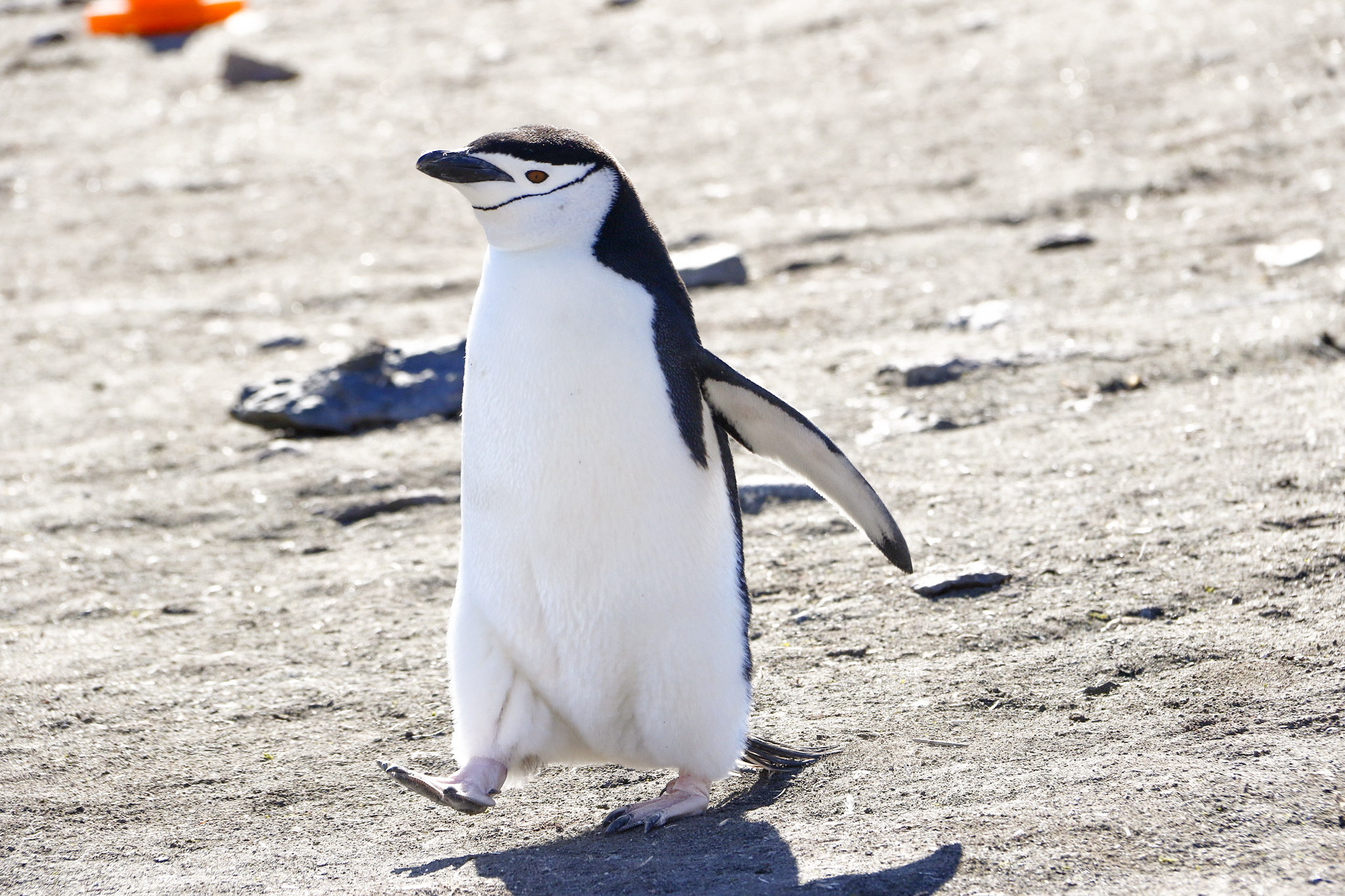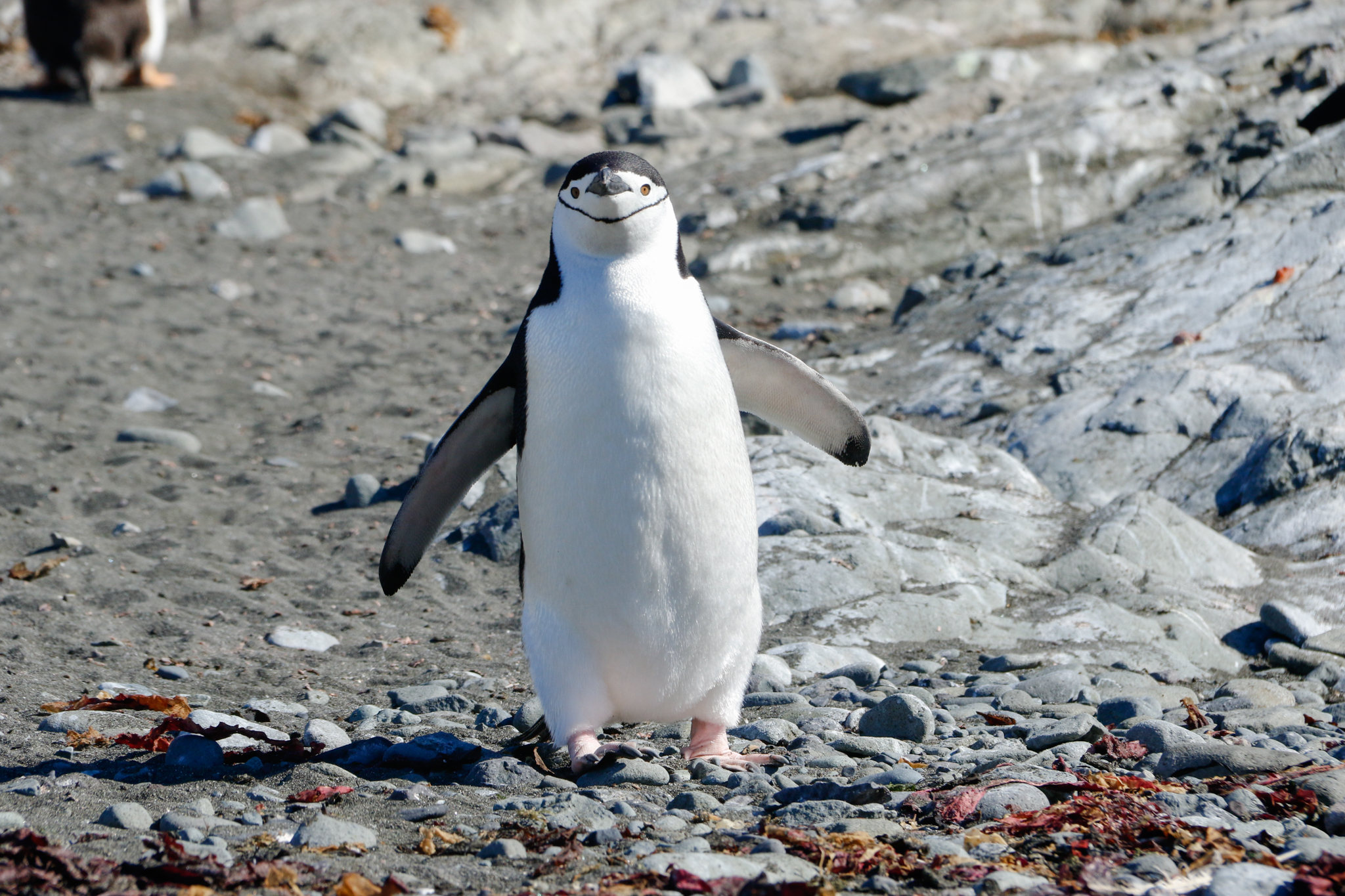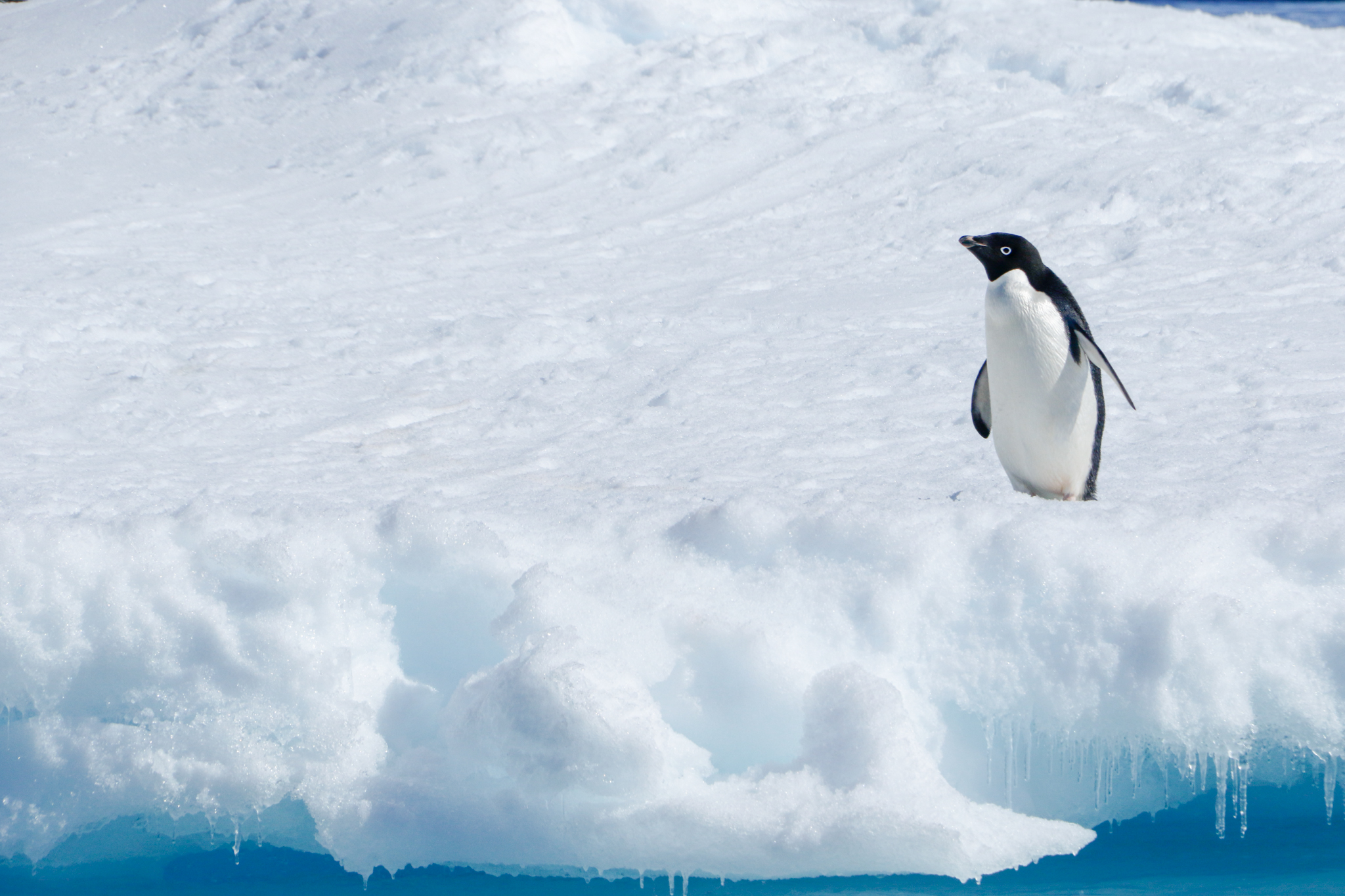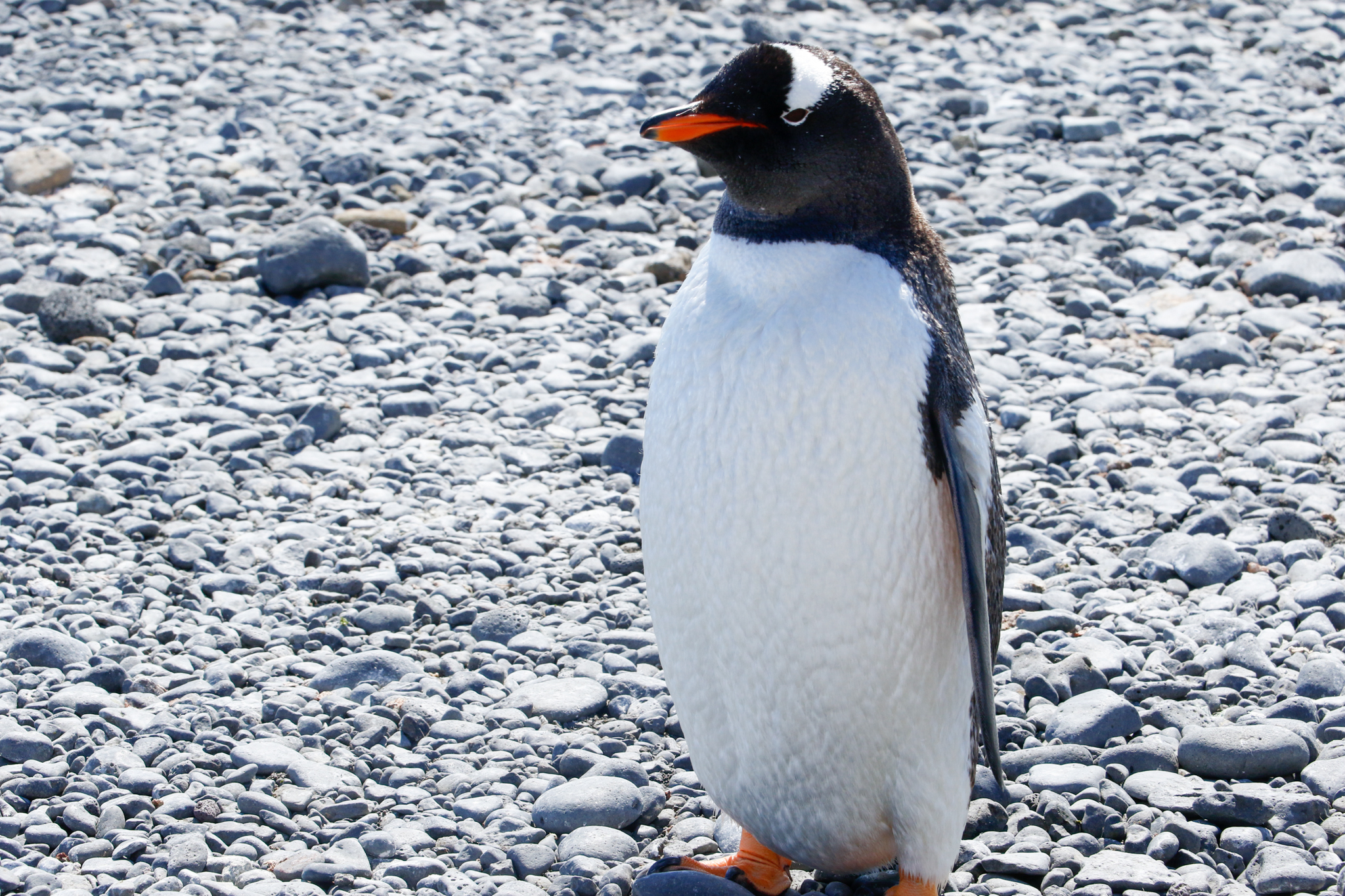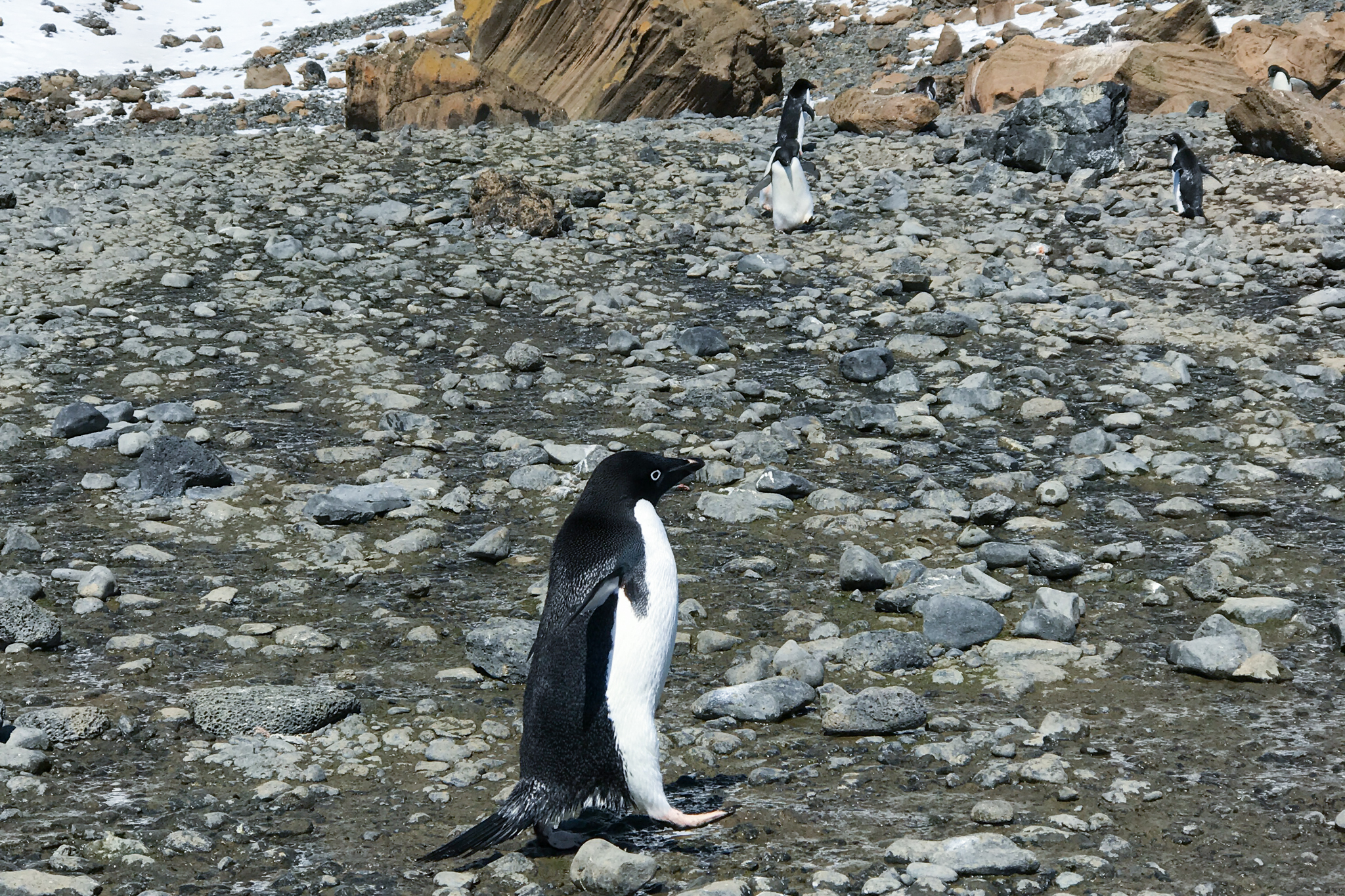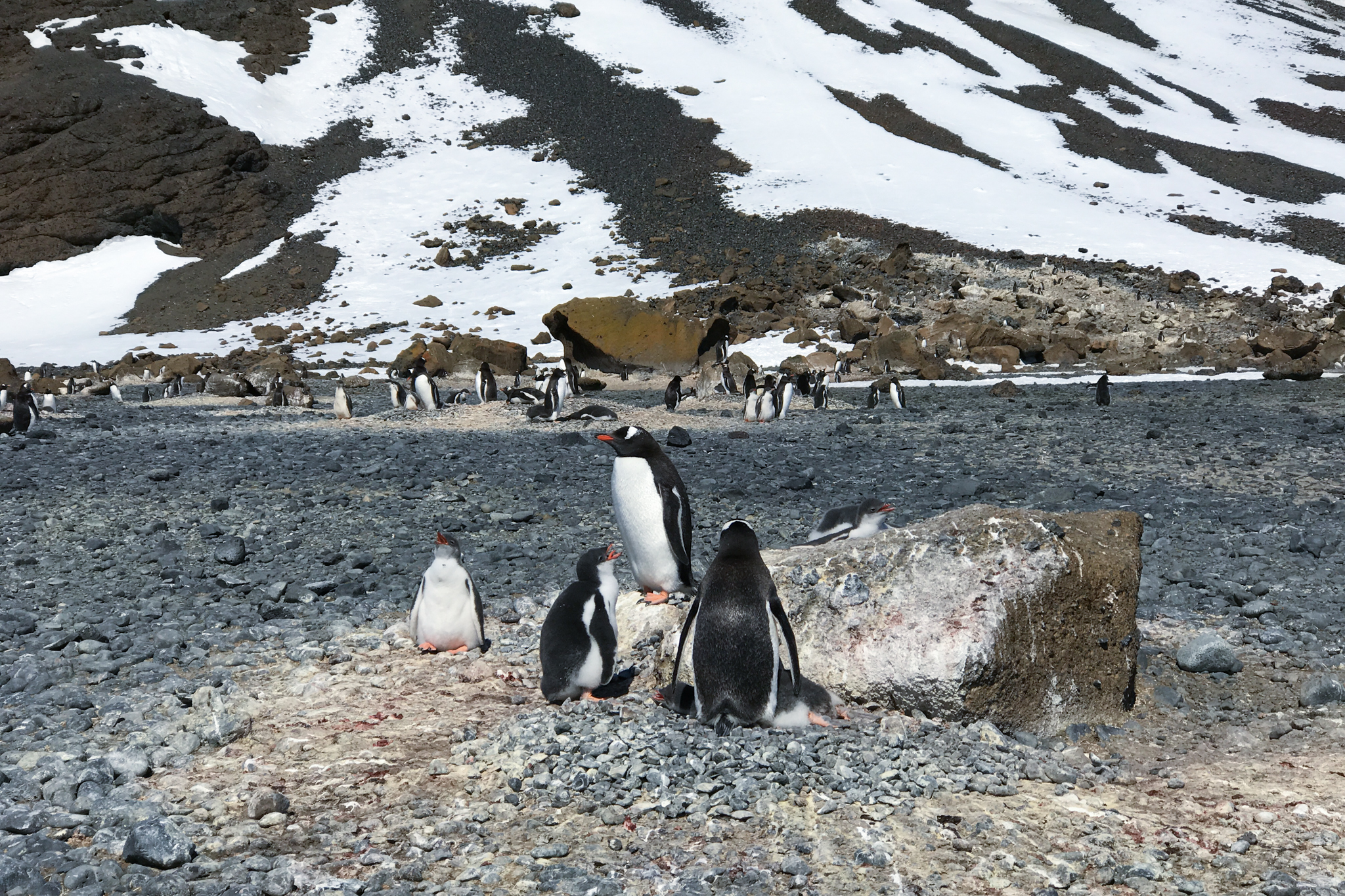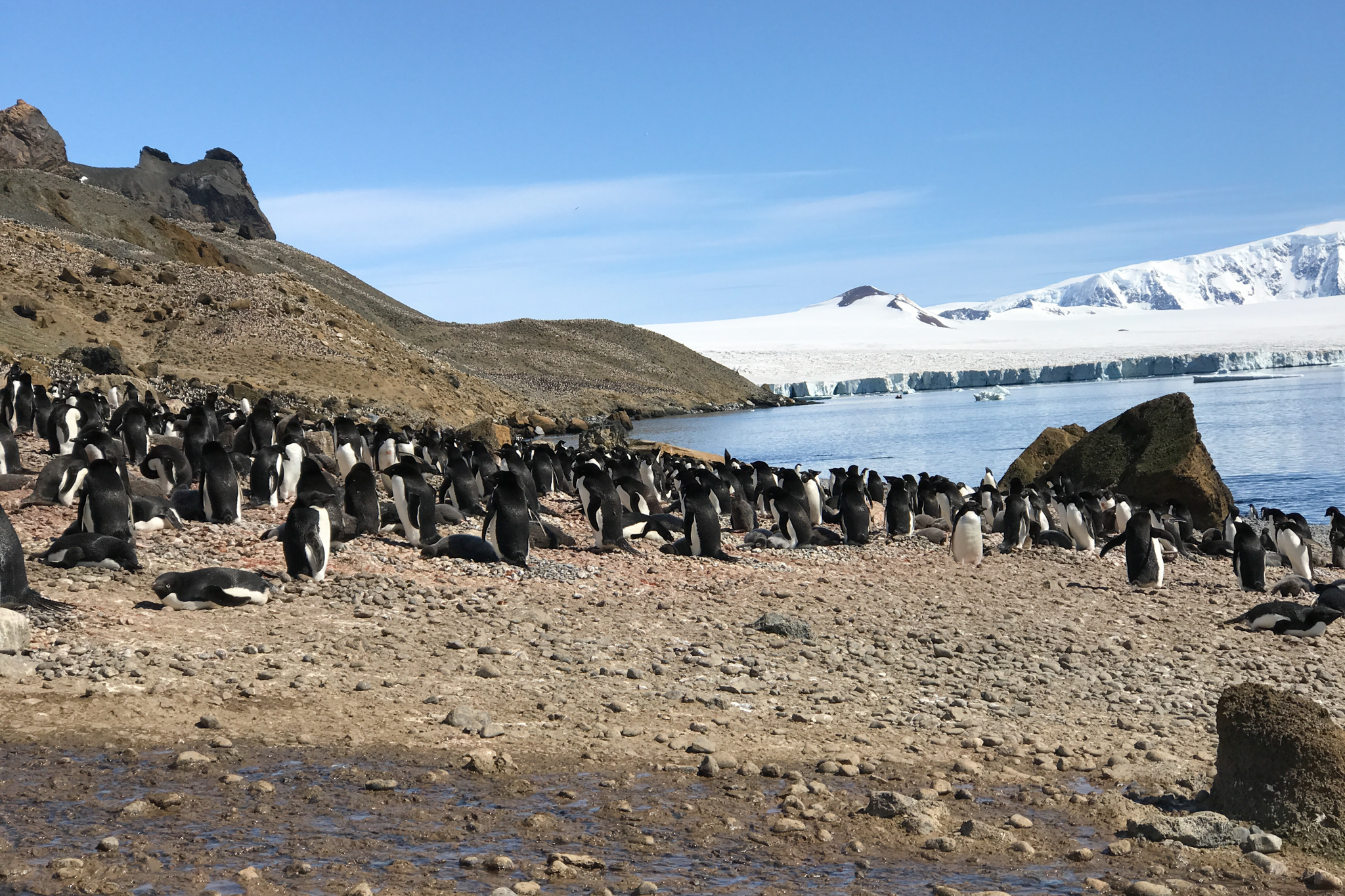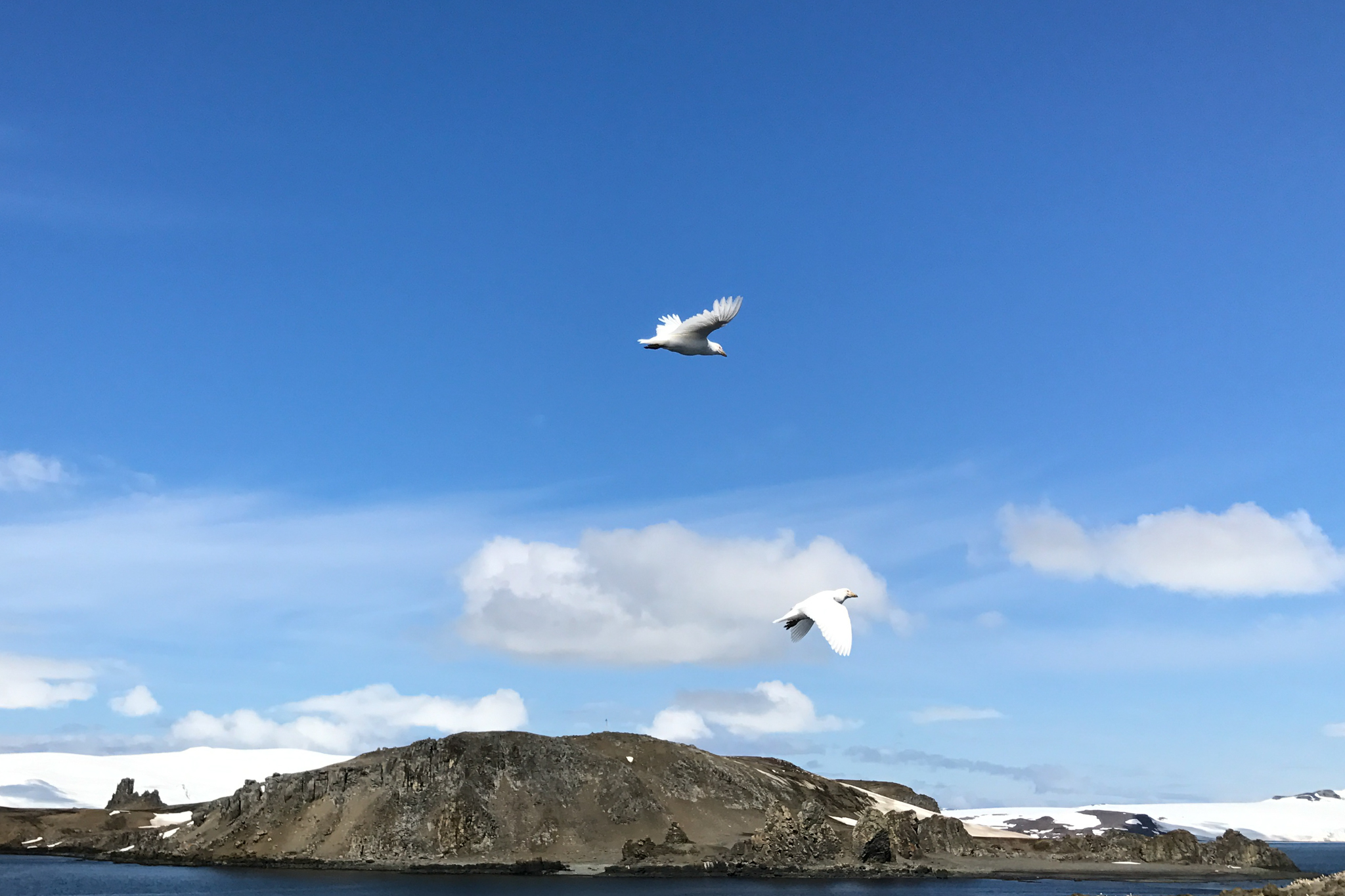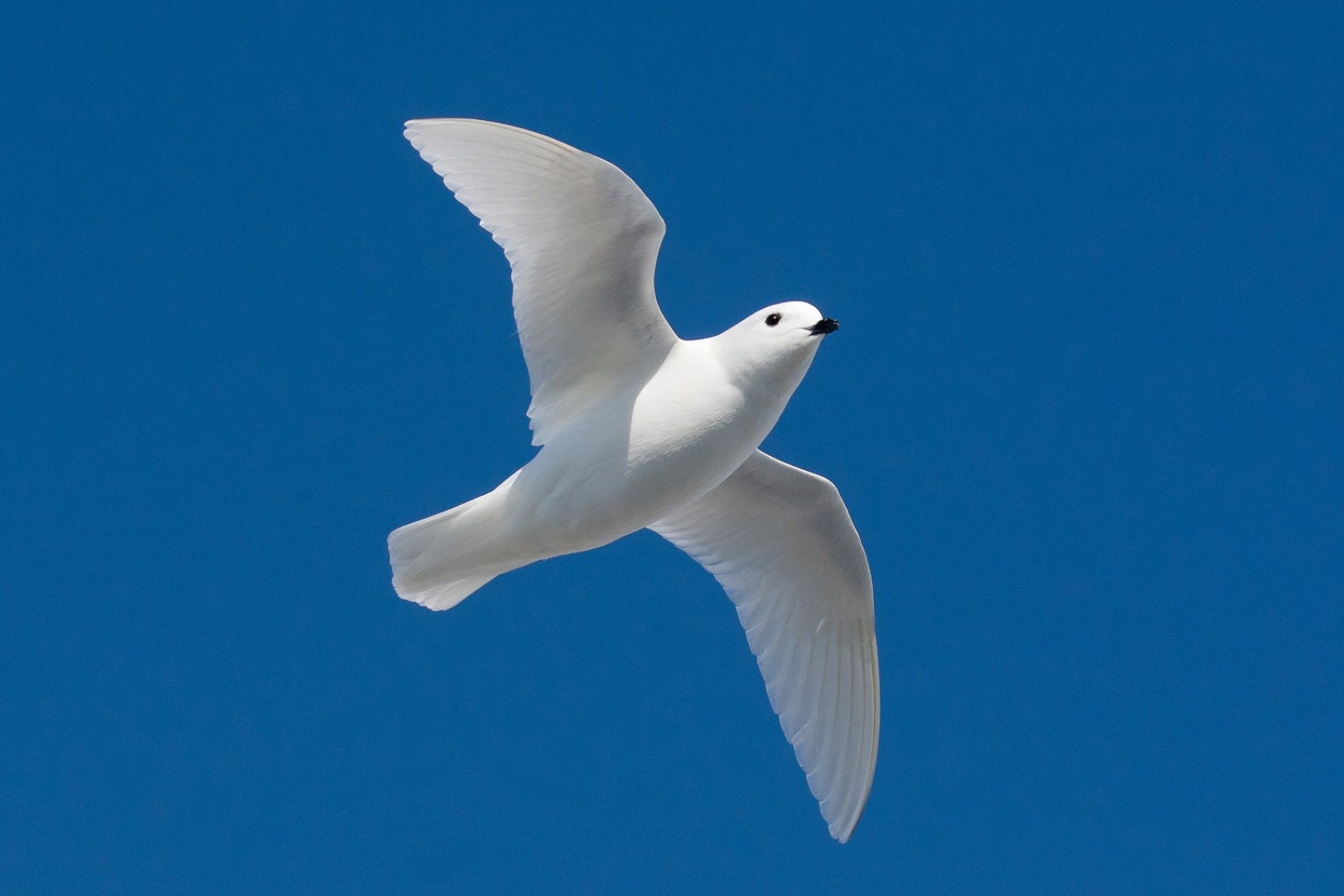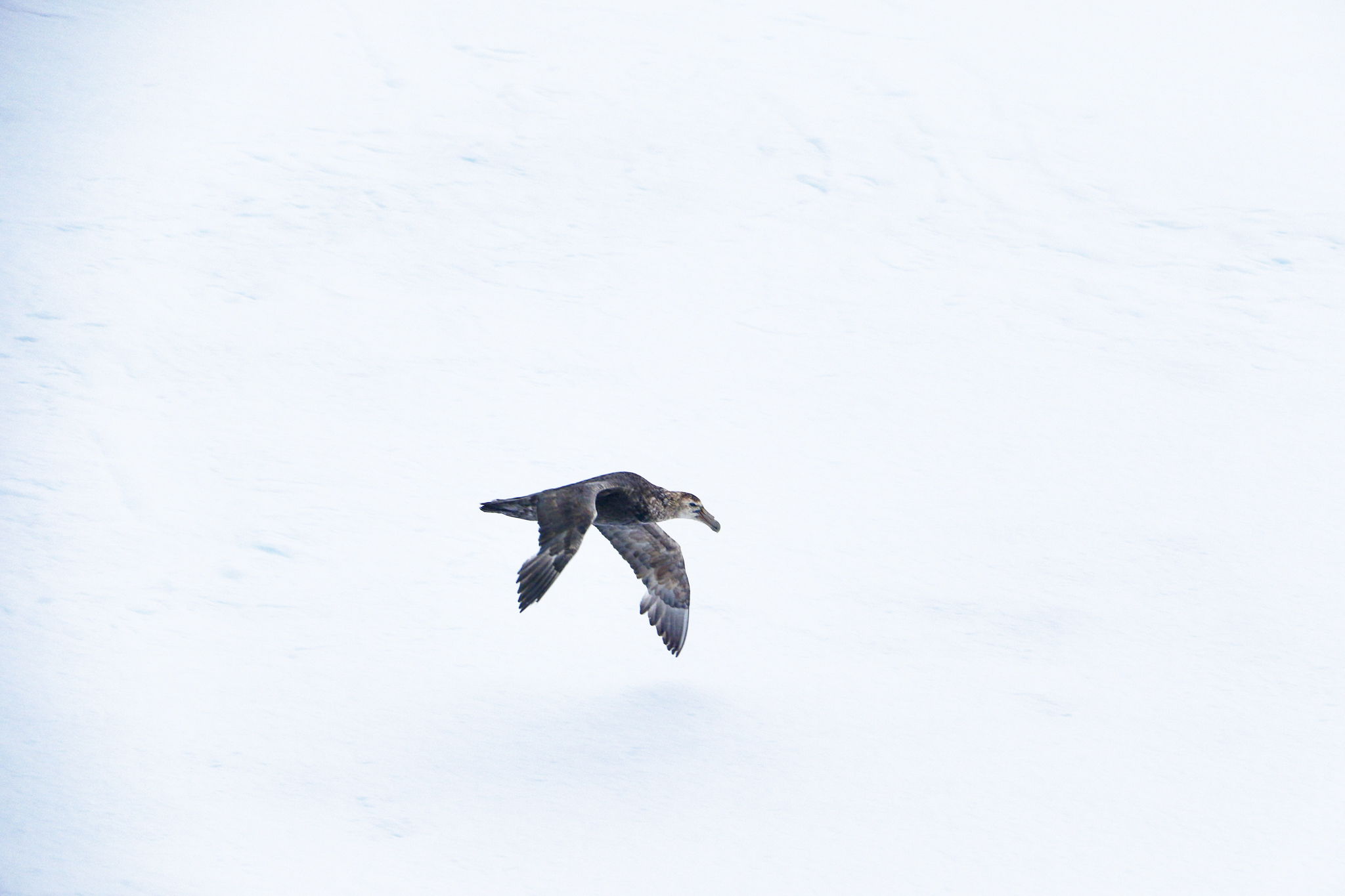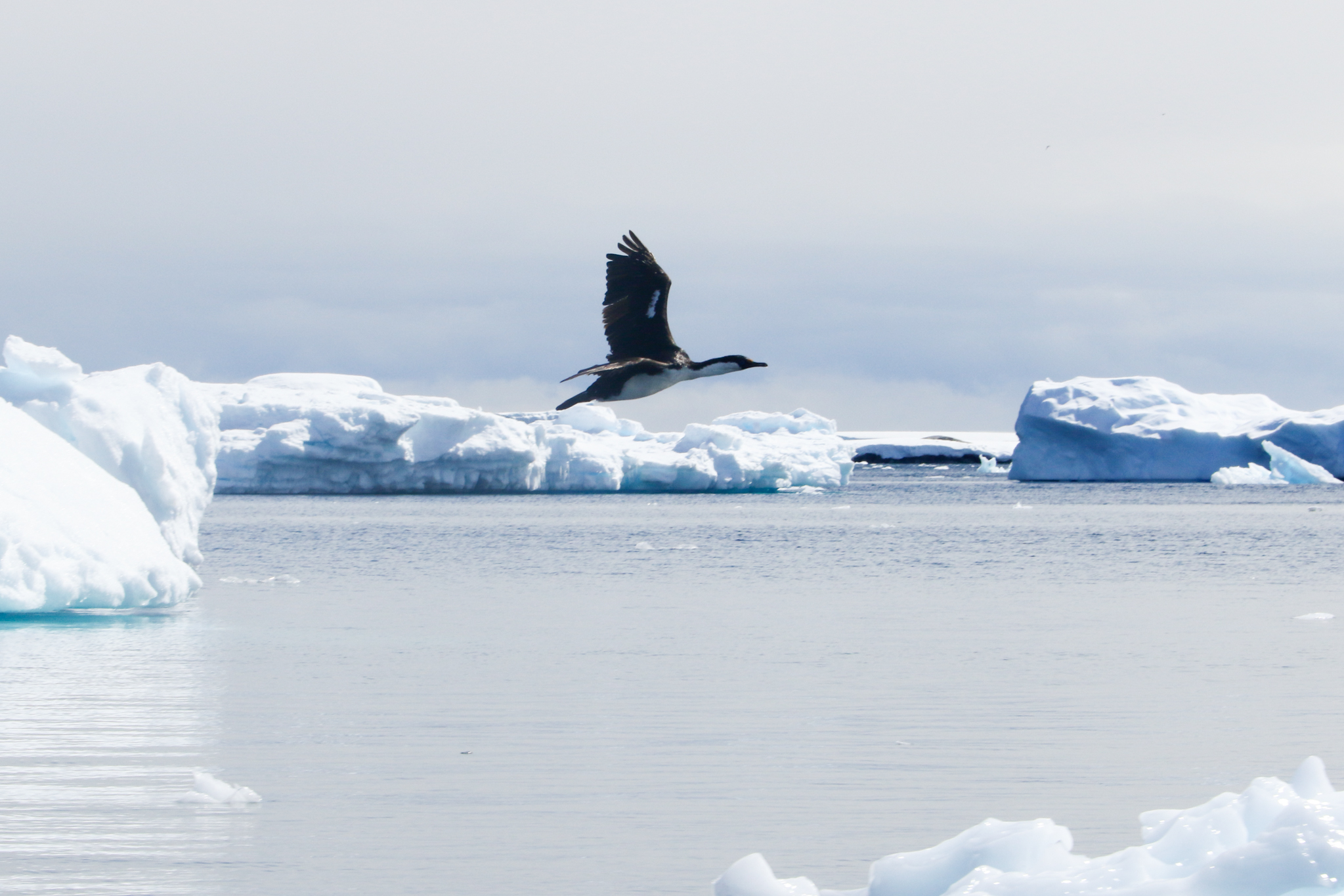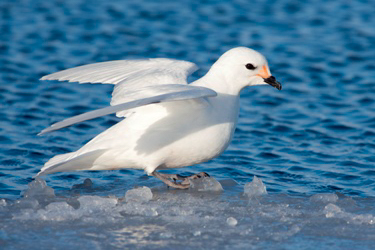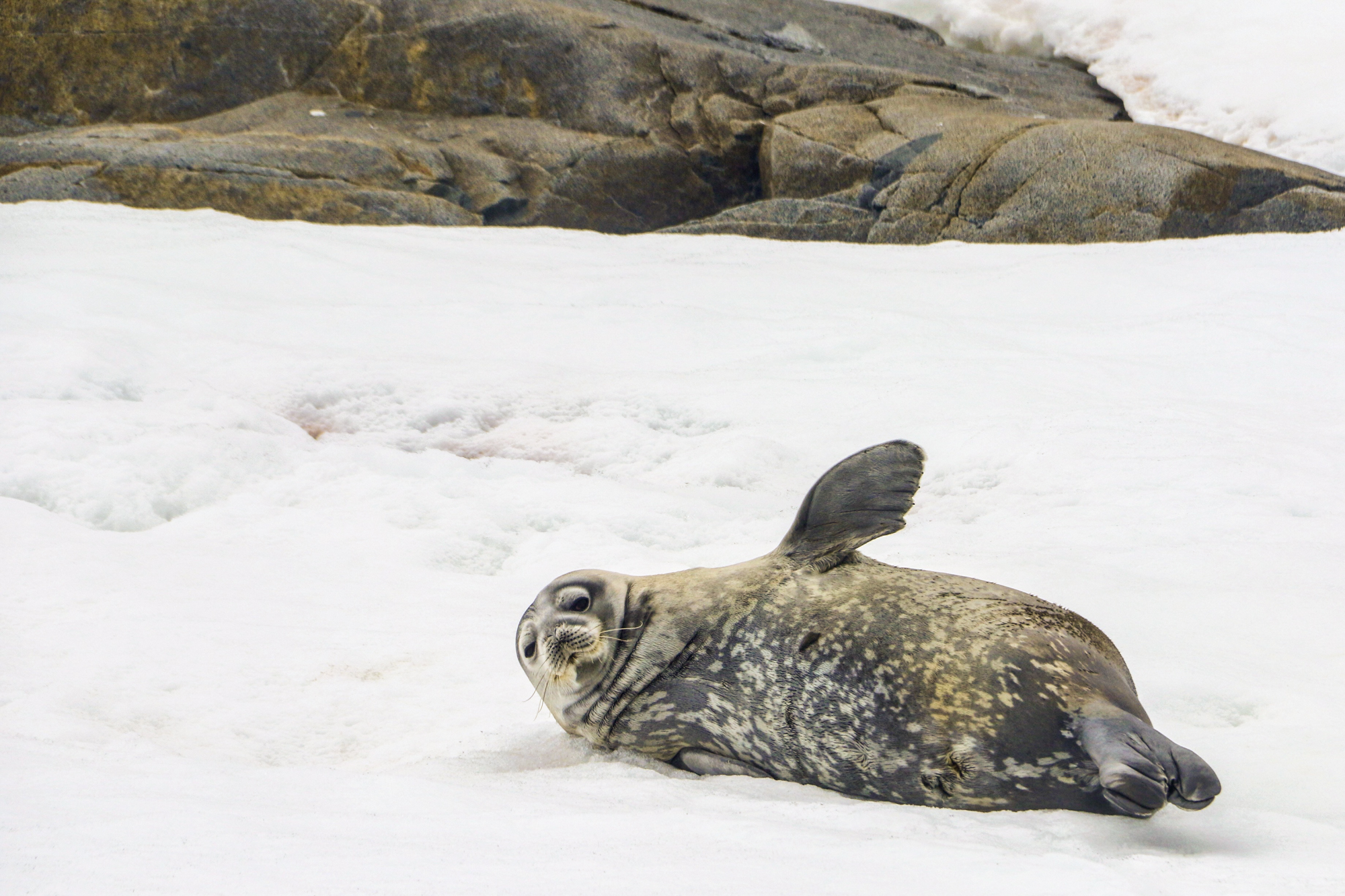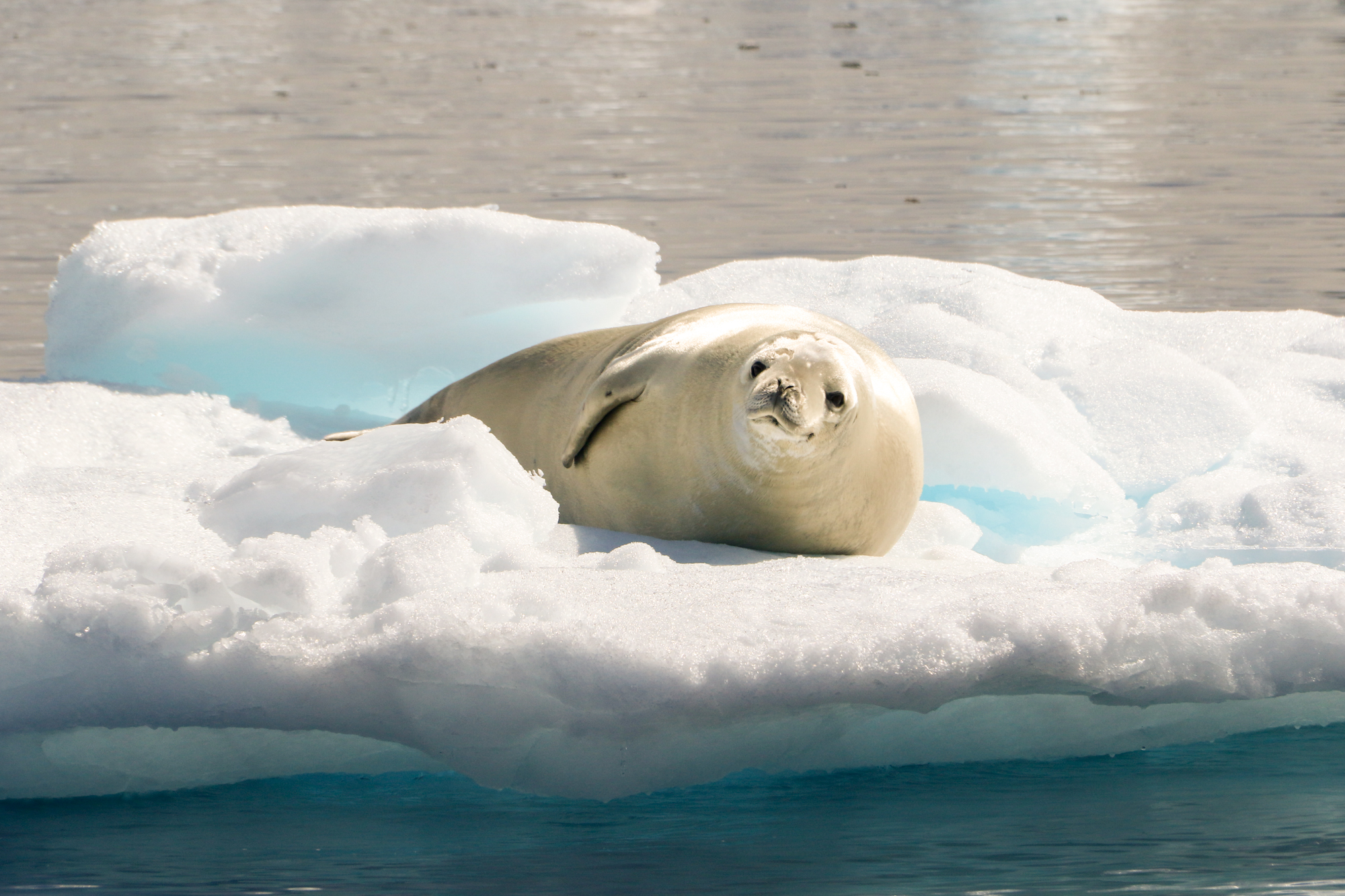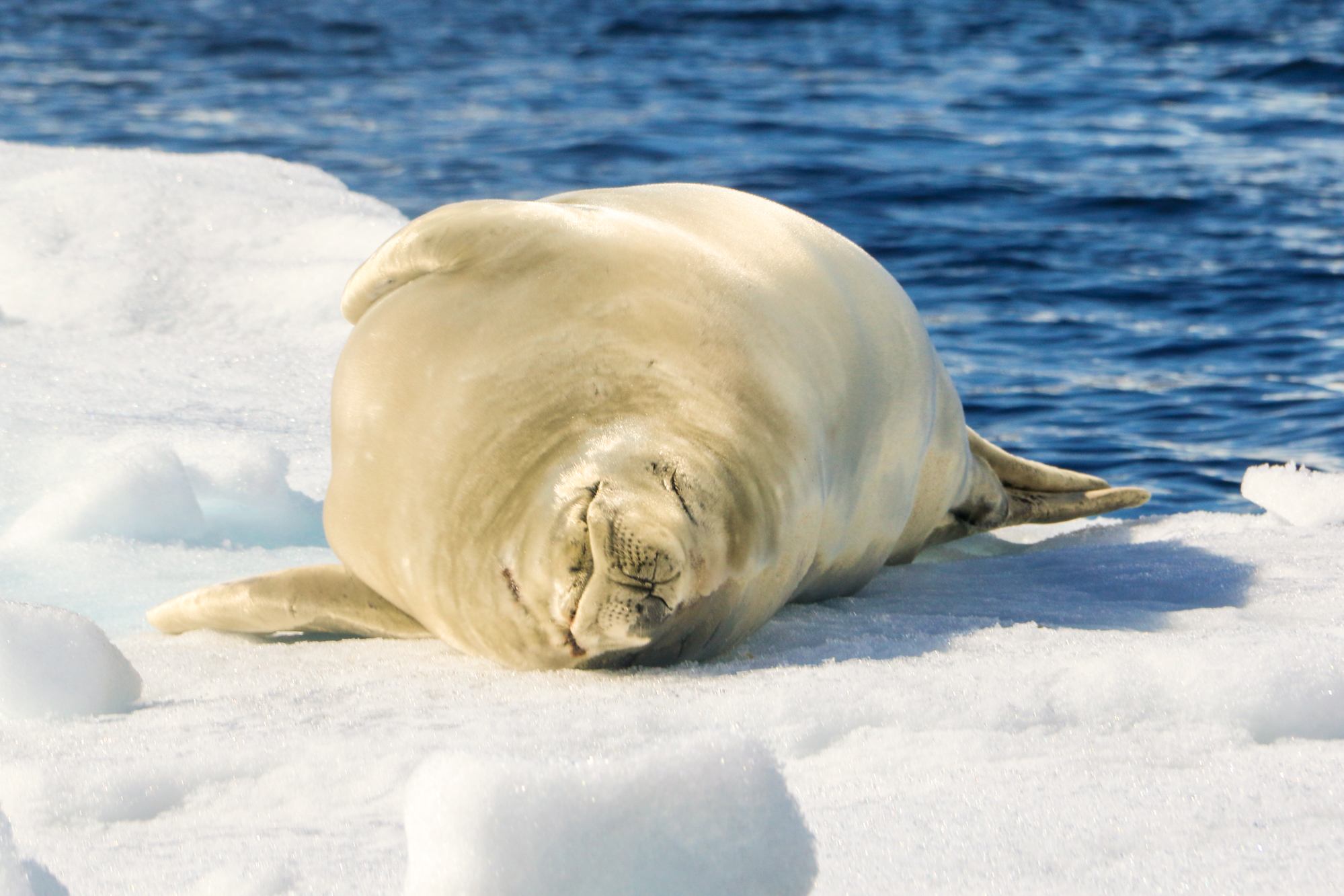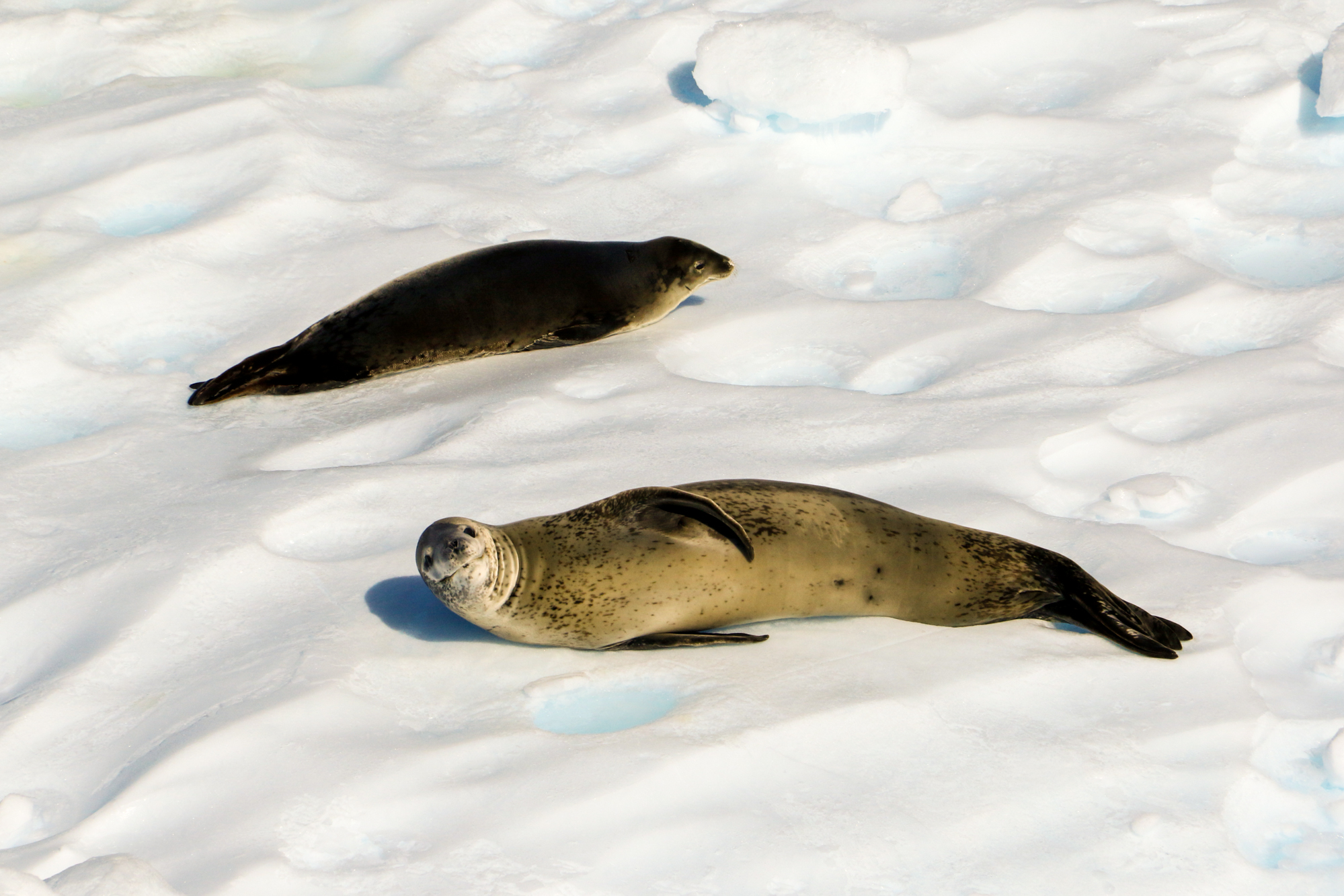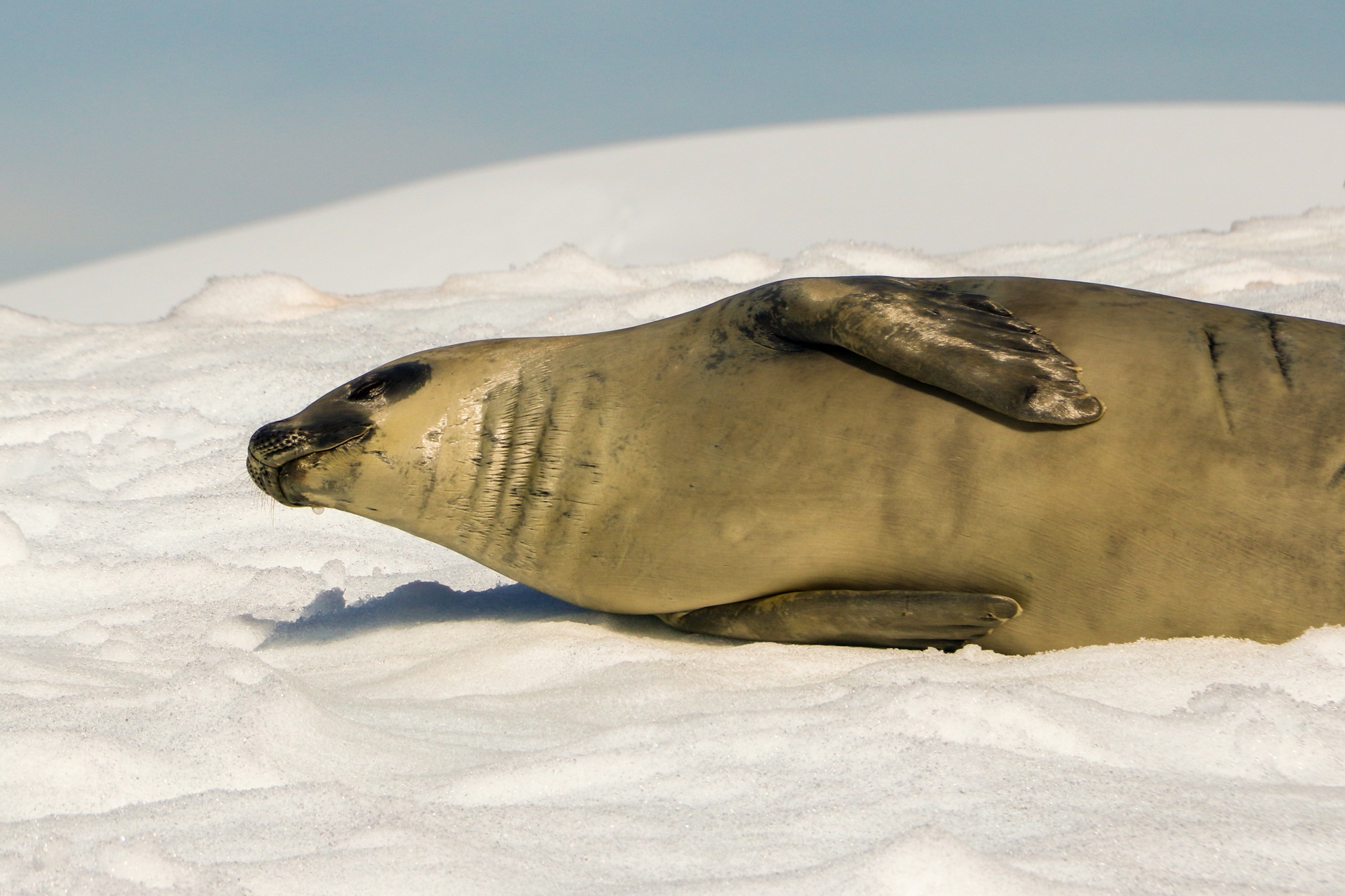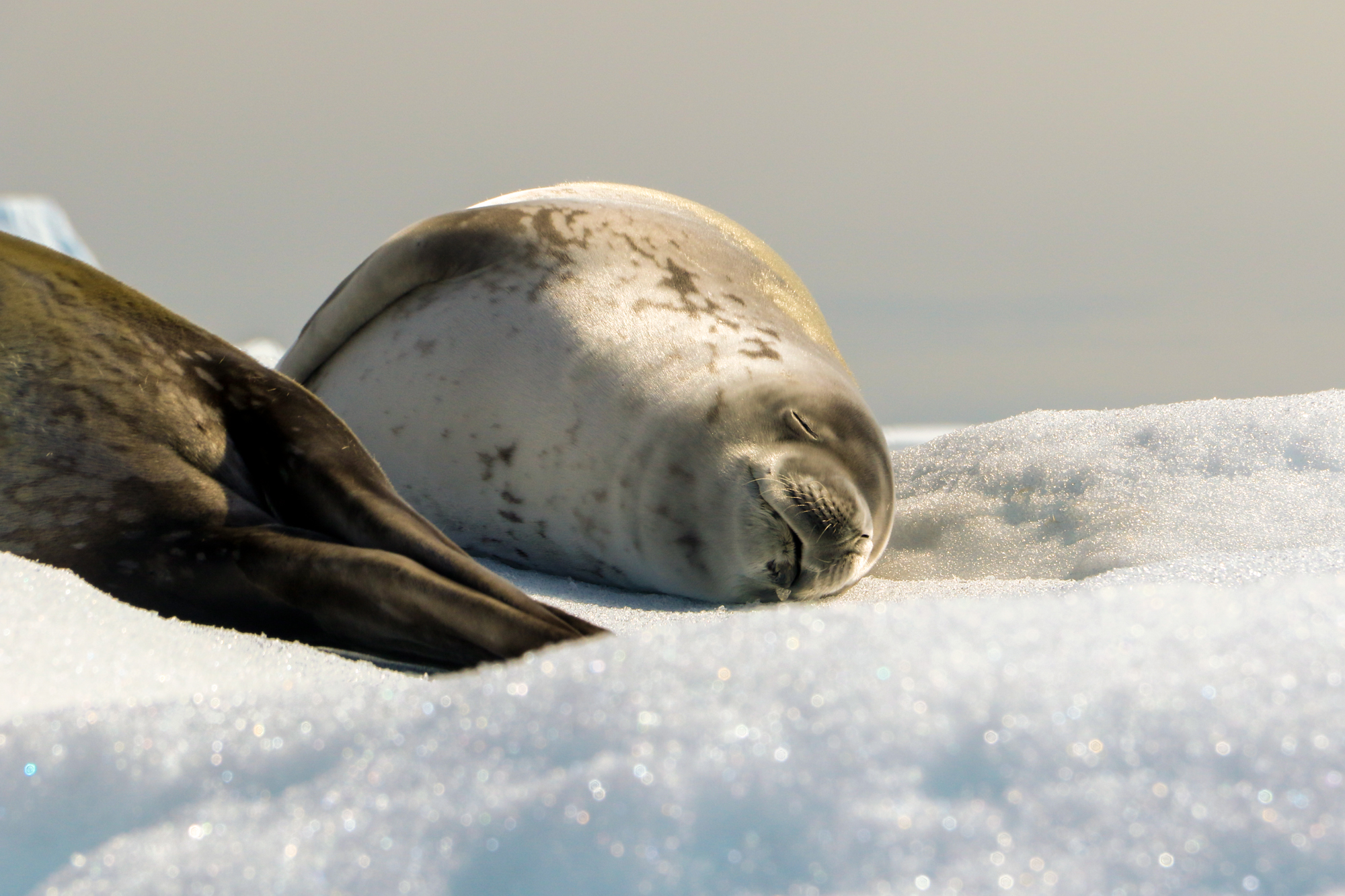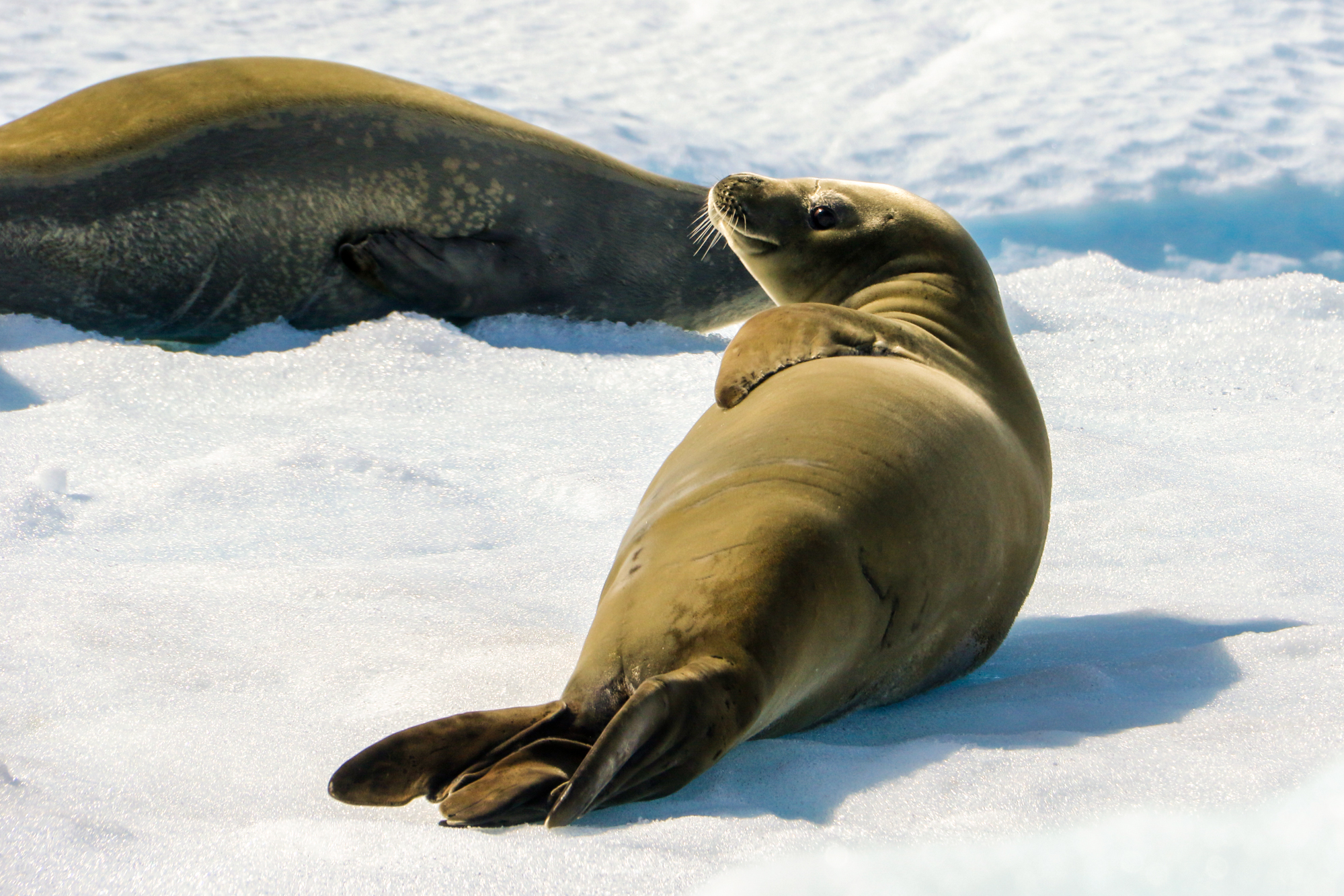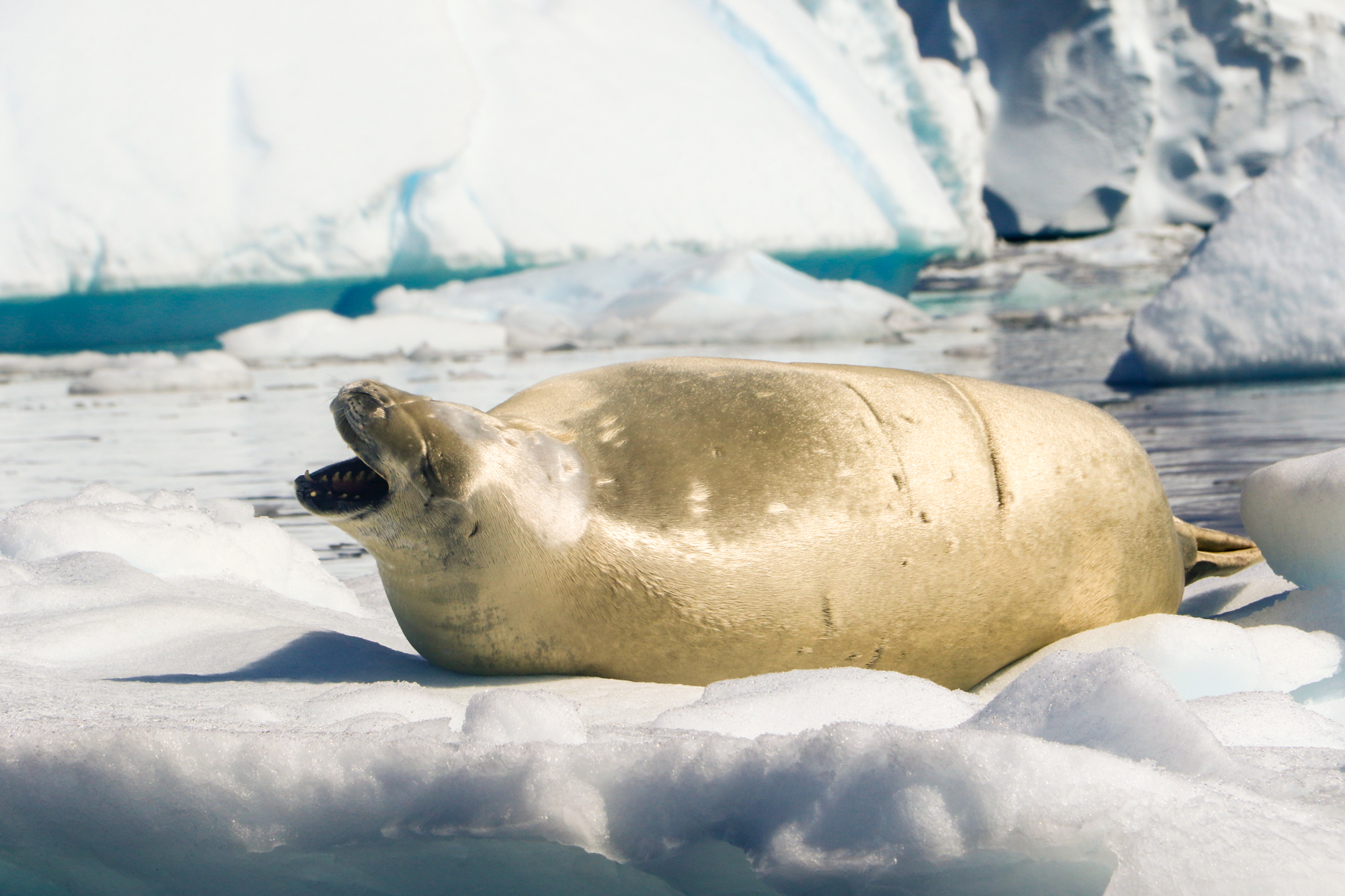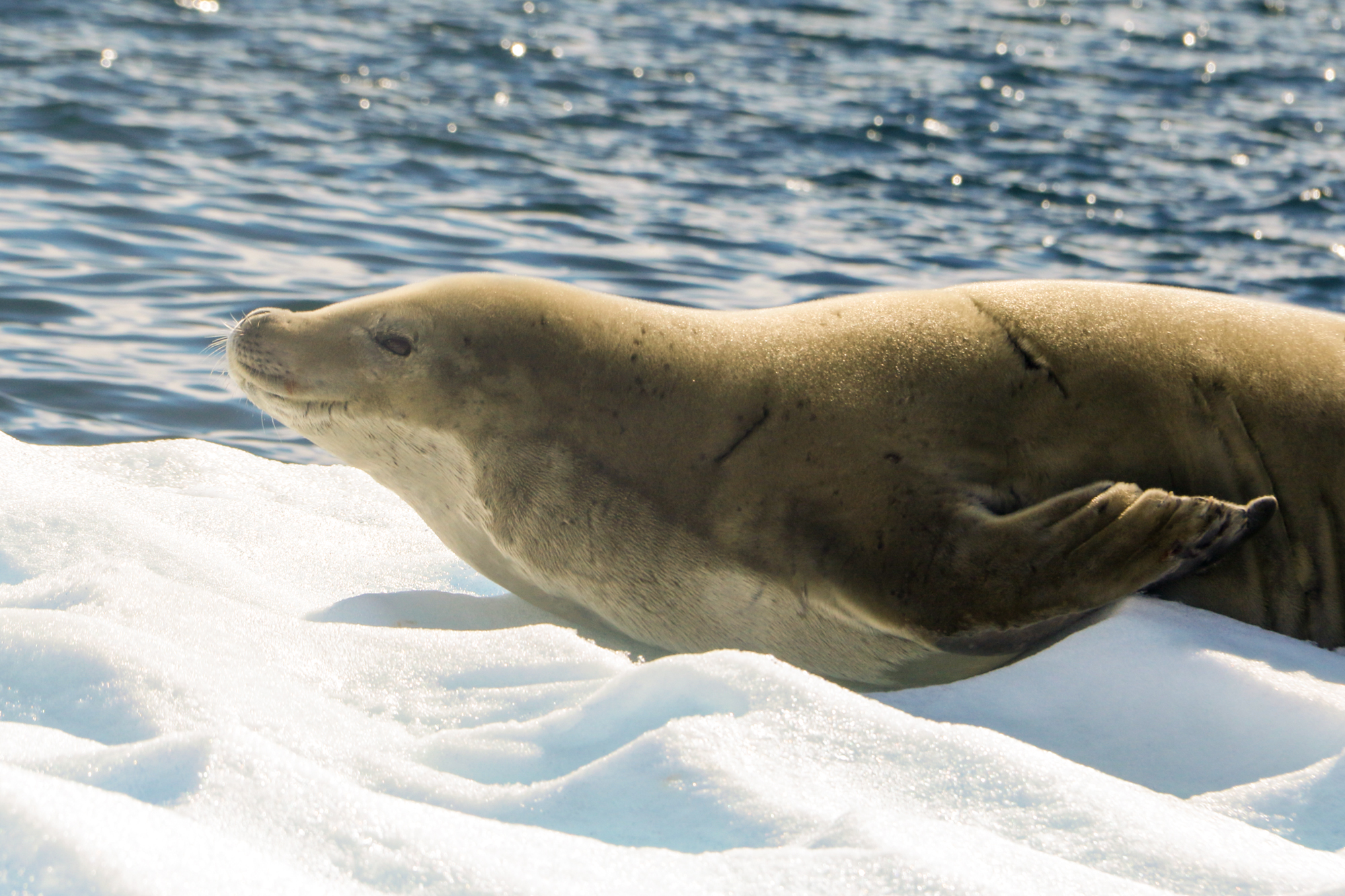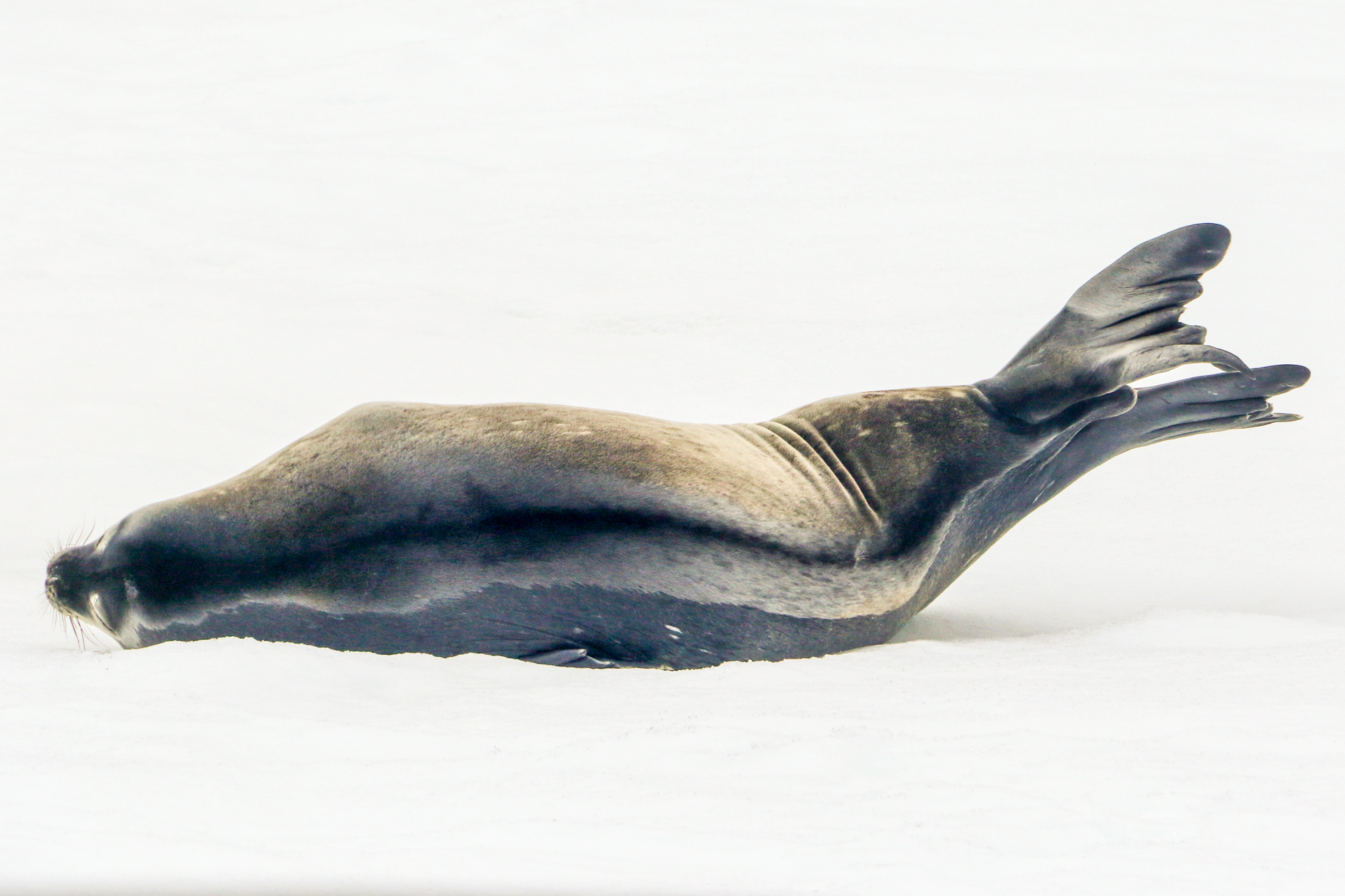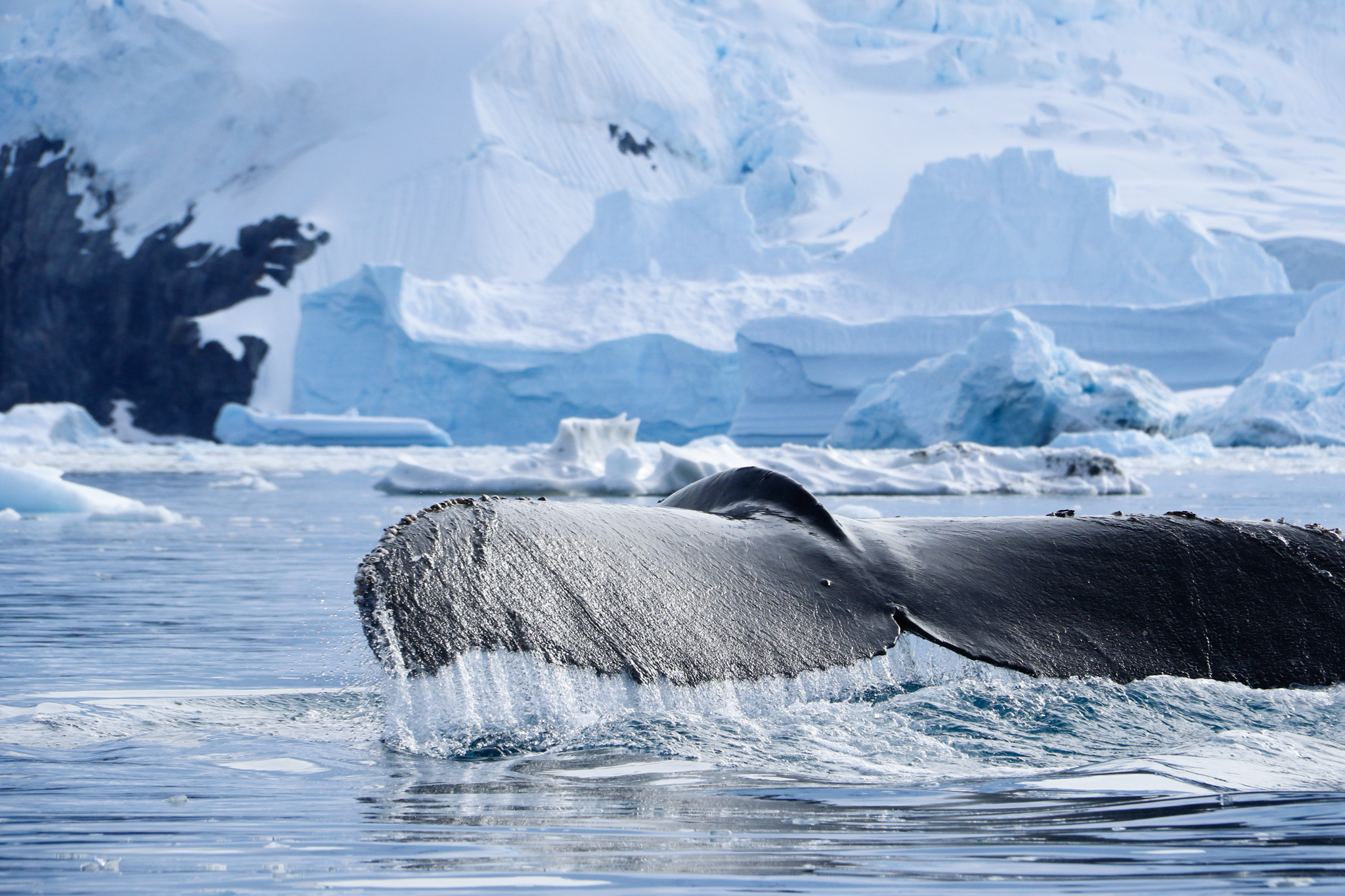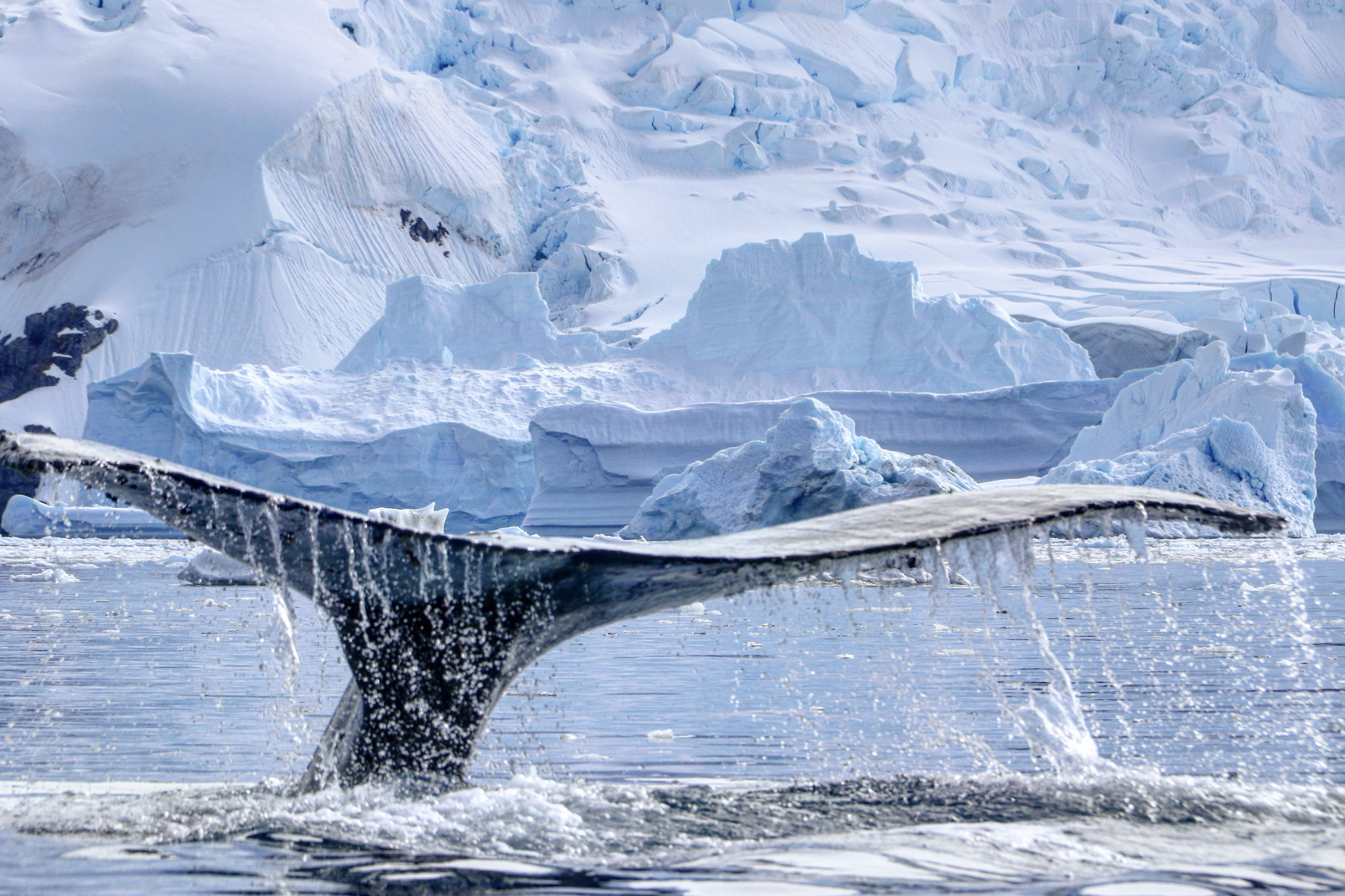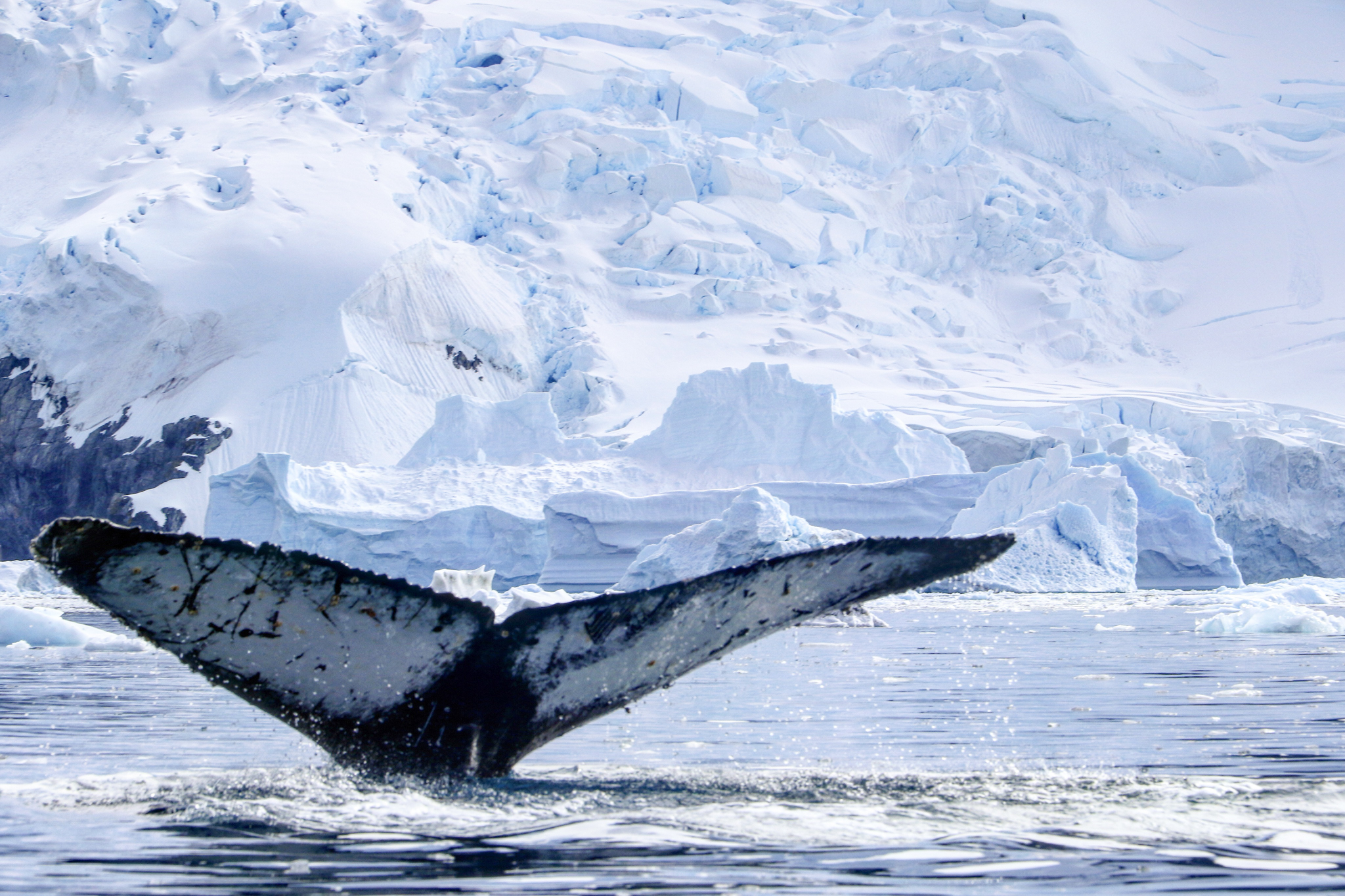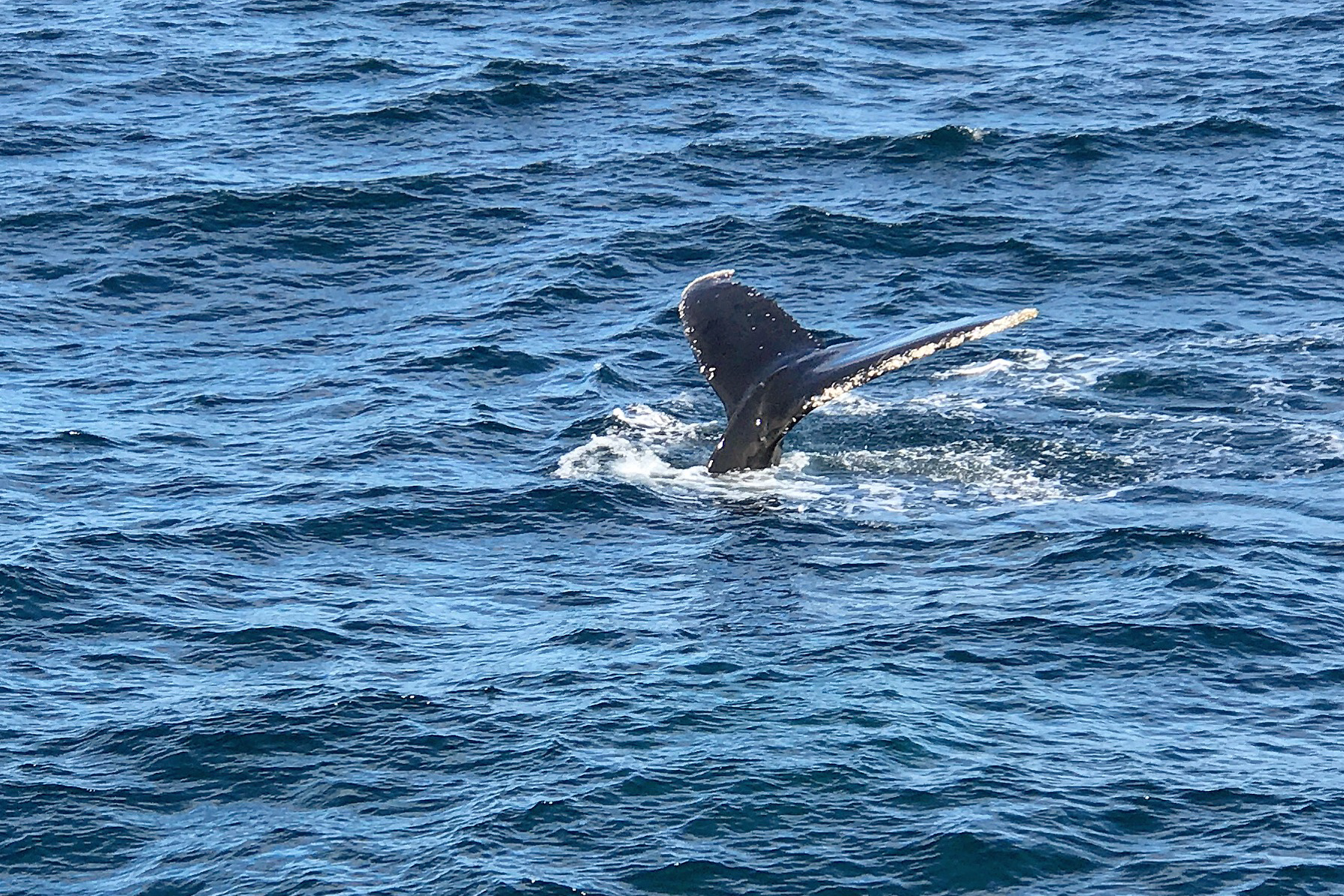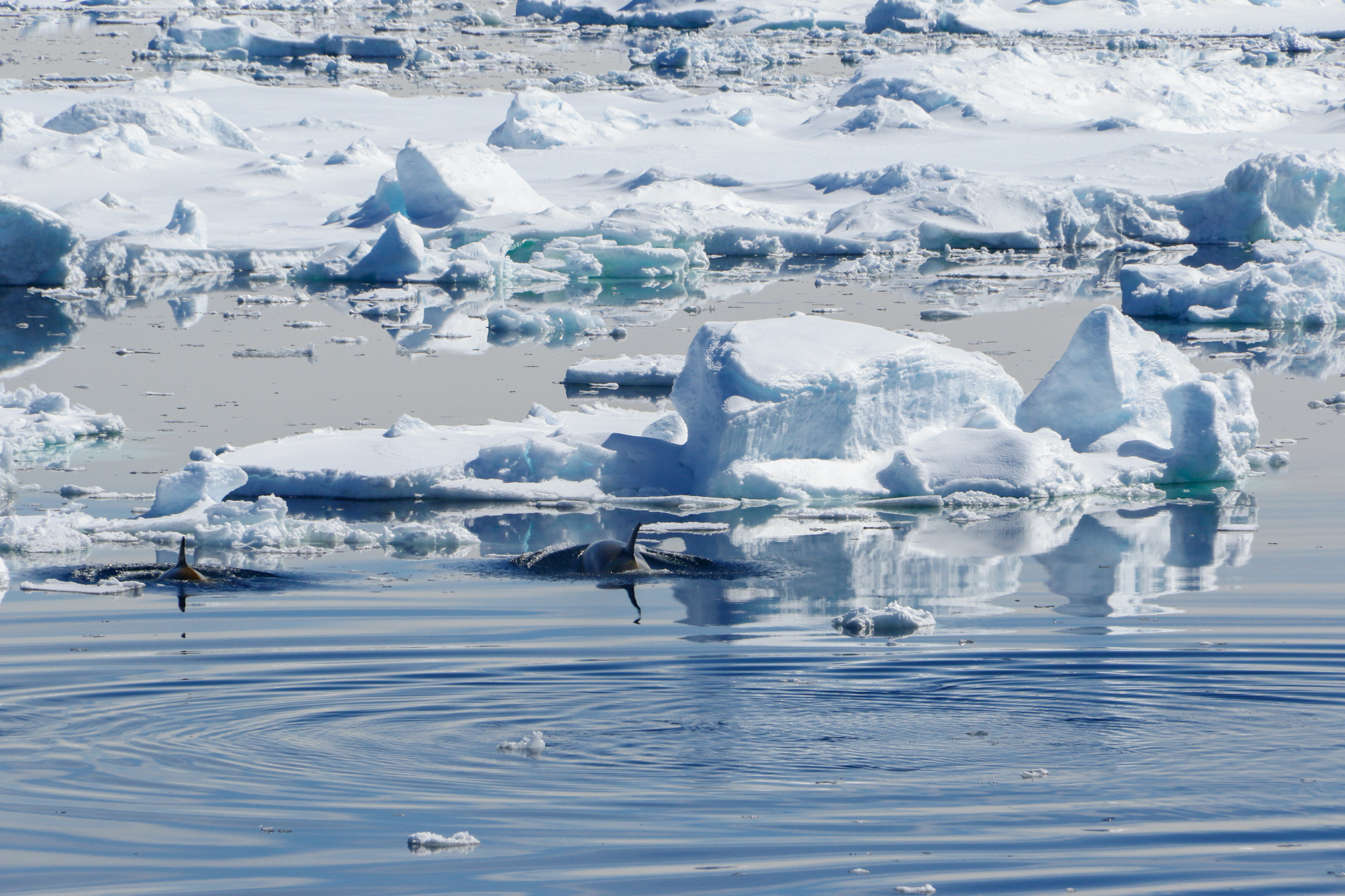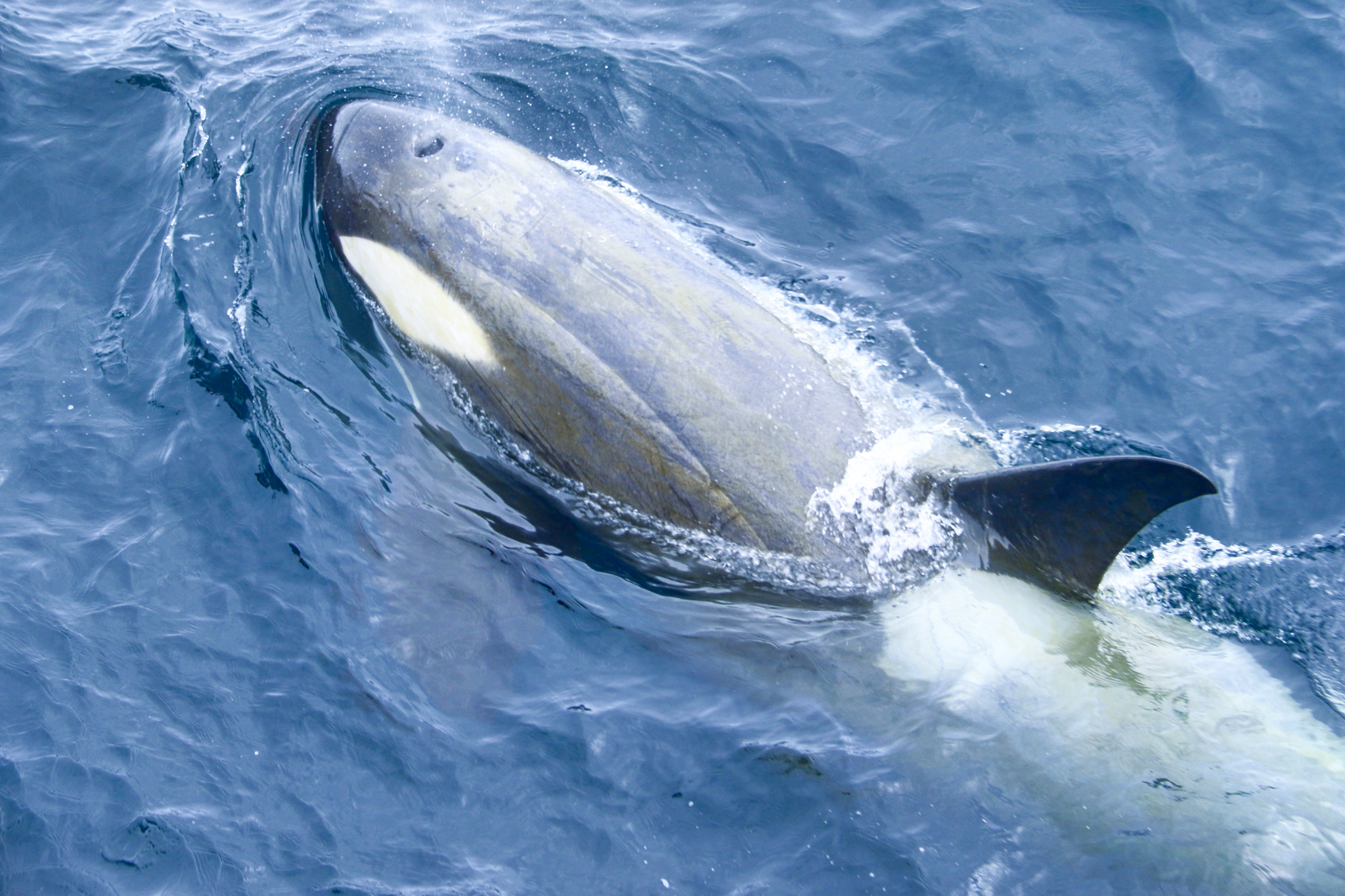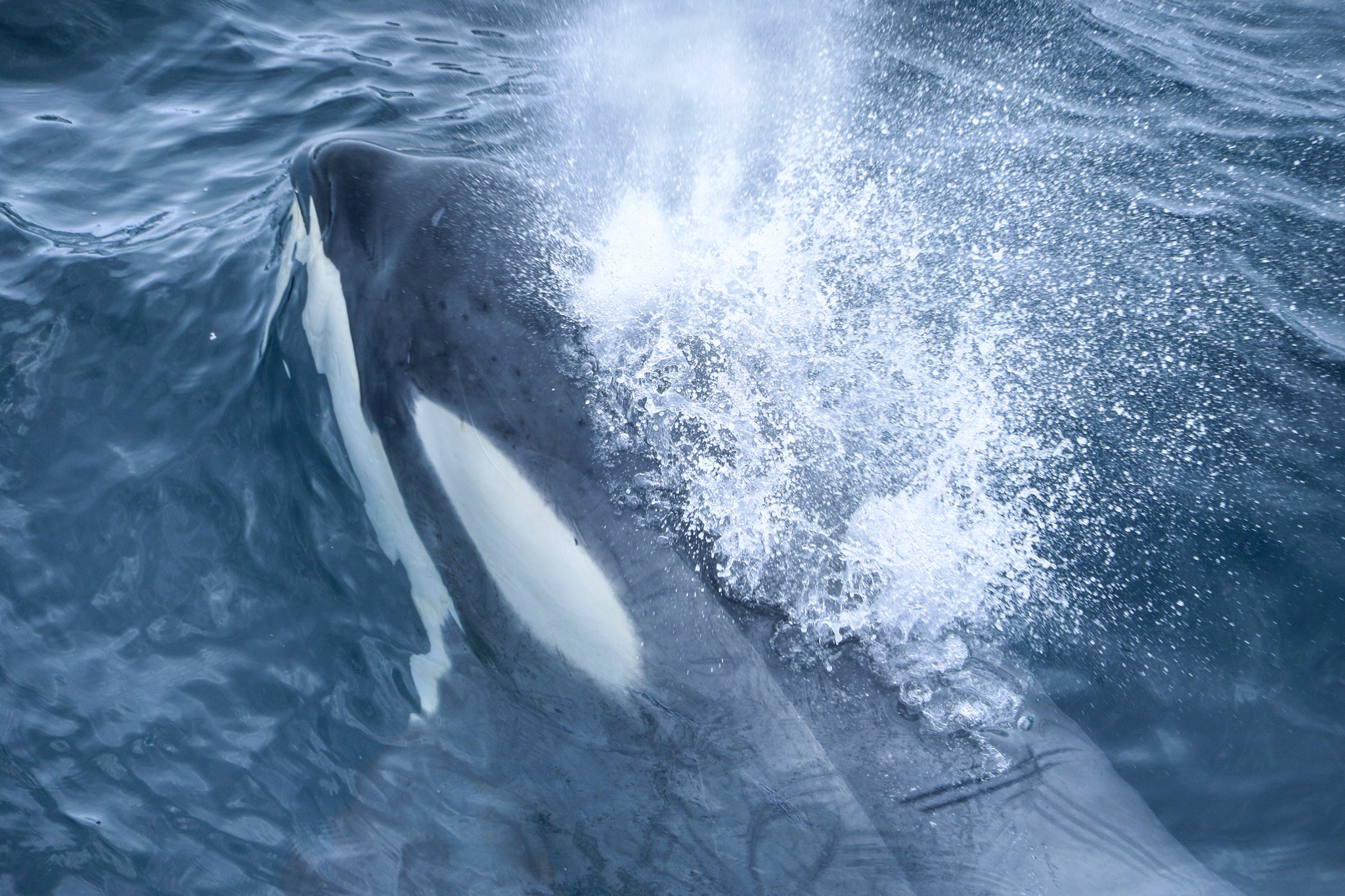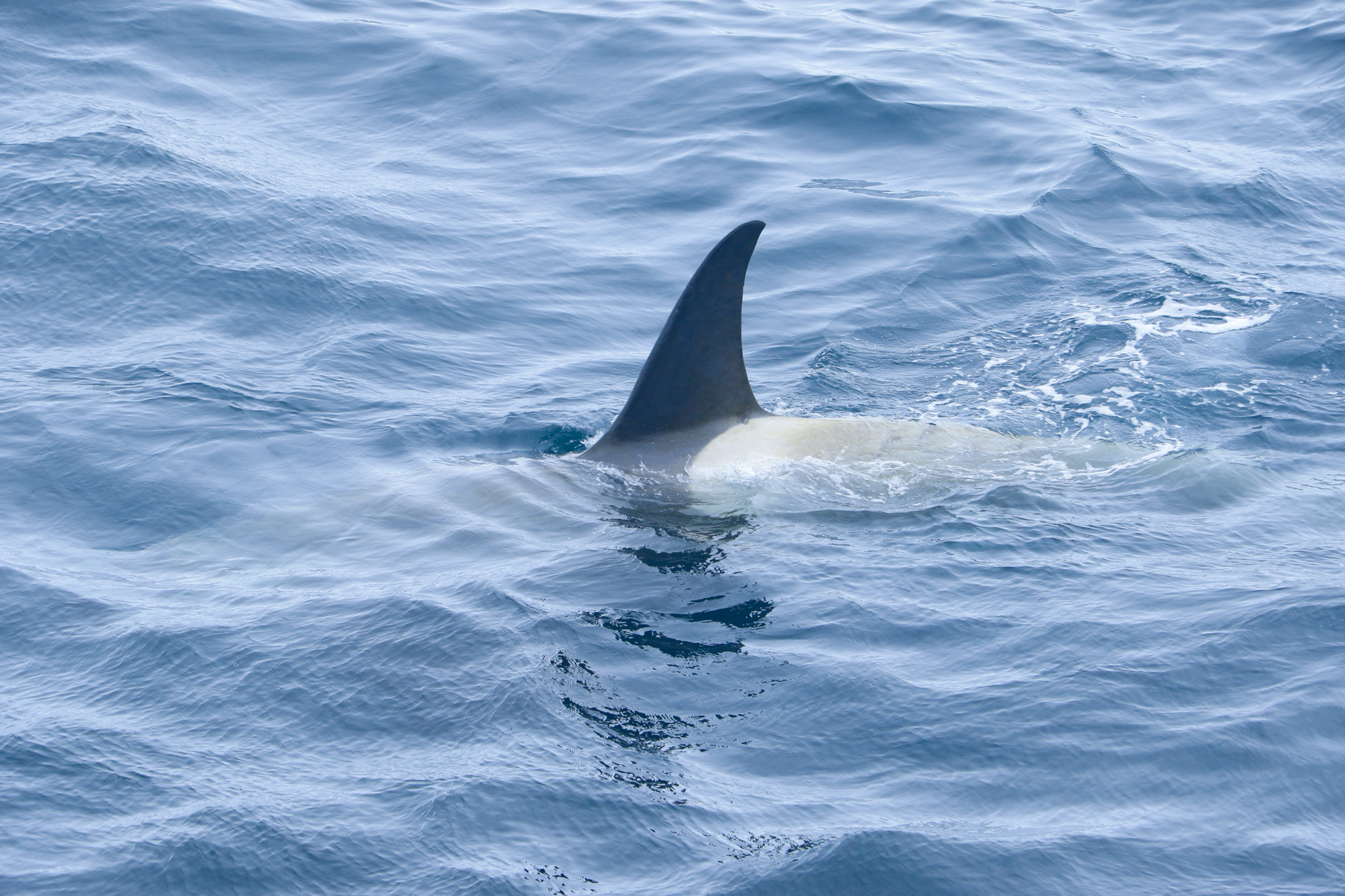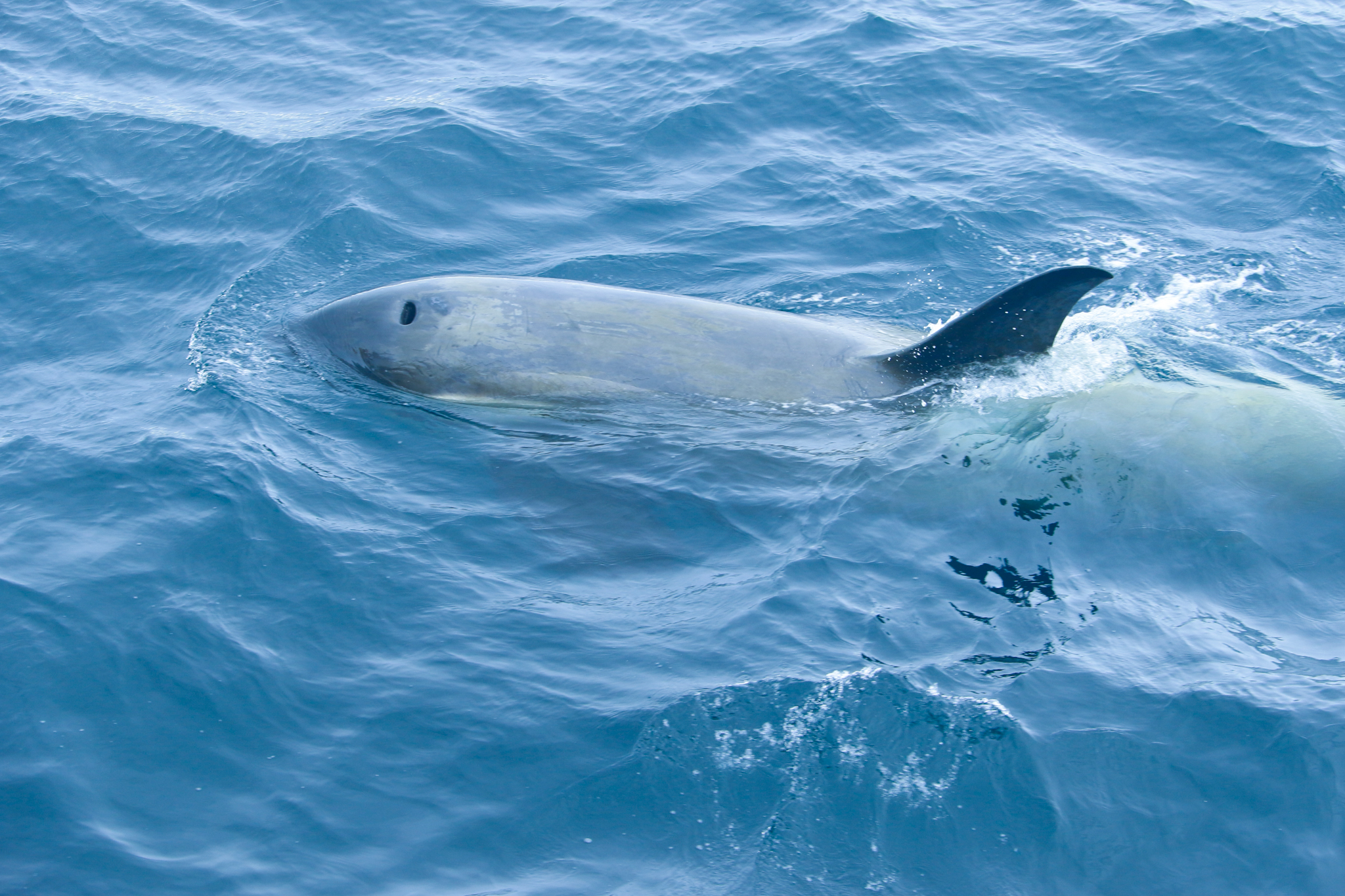The seventh continent isn’t just for scientists and researchers, it has become a go-to bucket-list destination for avid travelers who want to see a place that so few have seen. One of the great things about Antarctica is that while you are there, you are witnessing nature in its most raw and natural form, untouched by man. If you want to get an insider view of what you can expect to see on a journey to Antarctica, we’ve compiled a photo series to help inspire you to travel there.
Expedition Style
If you are hankering a true Antarctic experience, your best option is to book a sailing expedition. Expeditions don’t necessarily follow an exact itinerary as they adapt to their surroundings and often change course due to various factors like weather or ice sheets, which make them a bit more exciting than a standard cruise. National Geographic Expeditions offers four options from 14 to 35 days, all with a max group size of 148 passengers, which means, everyone will have multiple opportunities to step foot on the continent. In addition, sailing with National Geographic Expeditions means that you will have a team of biologists, geologists, and undersea specialists on board who will offer insights and engaging presentations throughout the trip. In addition, each expedition has an on-board photo instructor and National Geographic photographer.
Icebergs
One of the most beautiful sights to see is your first iceberg on the horizon. From a distance, some can already appear to be massive, and by the time you are up close and personal with one, you realize how truly massive they are. Icebergs are large chunks of ice that break off from glaciers and are made of frozen freshwater, not saltwater. Fun fact, 90% of an iceberg is found beneath the ocean’s surface, meaning they are even bigger than you can imagine.
Penguins are Literally Everywhere
There are 17 penguin species found around the globe, but the eight most recognizable reside only on the Antarctic continent, its nearby islands, and the sub-Antarctic archipelagos of South Georgia and the Falklands. Of all the penguins on the planet, emperor penguins are probably the most emblematic of the species. Emperor penguins (Antarctica only) are the largest and can grow up to 48 inches and weigh between 49-99 pounds. Adélie penguins (Antarctica only) are the most widely distributed penguin species with an estimated 2.5 million pairs in the region. Gentoo penguins (Antarctica and sub-Antarctic) are second only to the emperor penguin in terms of smallest penguin population, with an estimated 300,000 breeding pairs.
With roughly 7 million pairs of Chinstrap penguins (Antarctica and sub-Antarctic), it’s not surprising when one of these penguins is spotted from an expedition ship. Macaroni penguins (Antarctica and sub-Antarctic) have an estimated population of 12 million pairs. Rockhopper penguins (Antarctica and sub-Antarctic) come in three different types (northern, southern and eastern) divided by reproductive behavior and location of breeding. Magellanic penguins (Antarctica and sub-Antarctic) are named after the famous explorer Ferdinand Magellan and tend to be shy around humans, running for cover in their burrows if people are near. And lastly, the King penguin (sub-Antarctic only) is the second-largest penguin species. Once they reach full maturity, they weigh about 35 pounds and stand 37 inches tall. The estimated two million breeding pairs of penguins live along the coastline of the sub-Antarctic islands.
An Ornithologists Dream Come True
Whilst 35 species of bird can be found living south of the Antarctic Convergence, only 19 of these species breed in Antarctica. Most notable among these are the wandering albatross, cormorants, skuas, sheathbills, and petrels, all viewable on most Antarctica cruises/expeditions. Because of the relative lack of snow-free nesting grounds, most of the Antarctica seabirds breed in very large concentrations. Probably one of the most beautiful Antarctica seabirds to keep an eye out for is the snow petrel, which is pure white with black eyes, beak, and under-down. Make sure to bring your birding book to help spot the various seabirds you will encounter during your visit.
A Sea of Seals
Six different species of seal live in Antarctic waters: Ross, Weddell, crabeater, leopard, fur, and elephant seals. Fur seals are the smallest, with adult females weighing only 330 pounds, while male elephant seals can weigh 8,800 pounds. Four of these species are ice-habitat specialists, breeding on the sea ice in spring. Leopard and Ross seals tend to be solitary, whereas Weddell and crabeater seals form breeding groups or colonies. The other two species — Antarctic and sub-Antarctic fur seals, and southern elephant seals — are both found north of the pack-ice zone and breed in dense colonies on beaches. Here, dominant males (bulls) maintain harems of females (cows). During the breeding period, competition for the harems is intense, so the bulls will not leave their territory to find food. Instead, they rely on blubber reserves.
Whale Tales
Ever been whale watching and spotted whales in the distance? In Antarctica, you will be up close and personal with many species of whales who often cruise next to the ship and are at times spotted even closer to you while out kayaking or on a skiff (if you’re lucky). Expect to see Humpback Whales, Orcas, and Minke Whales often (although nothing is ever guaranteed). If you are truly fortunate on your expedition, you might even come across a Blue Whale, the largest whales on earth. Although they are enormous in size, they are surprisingly elusive, which makes a sighting all the more special.
